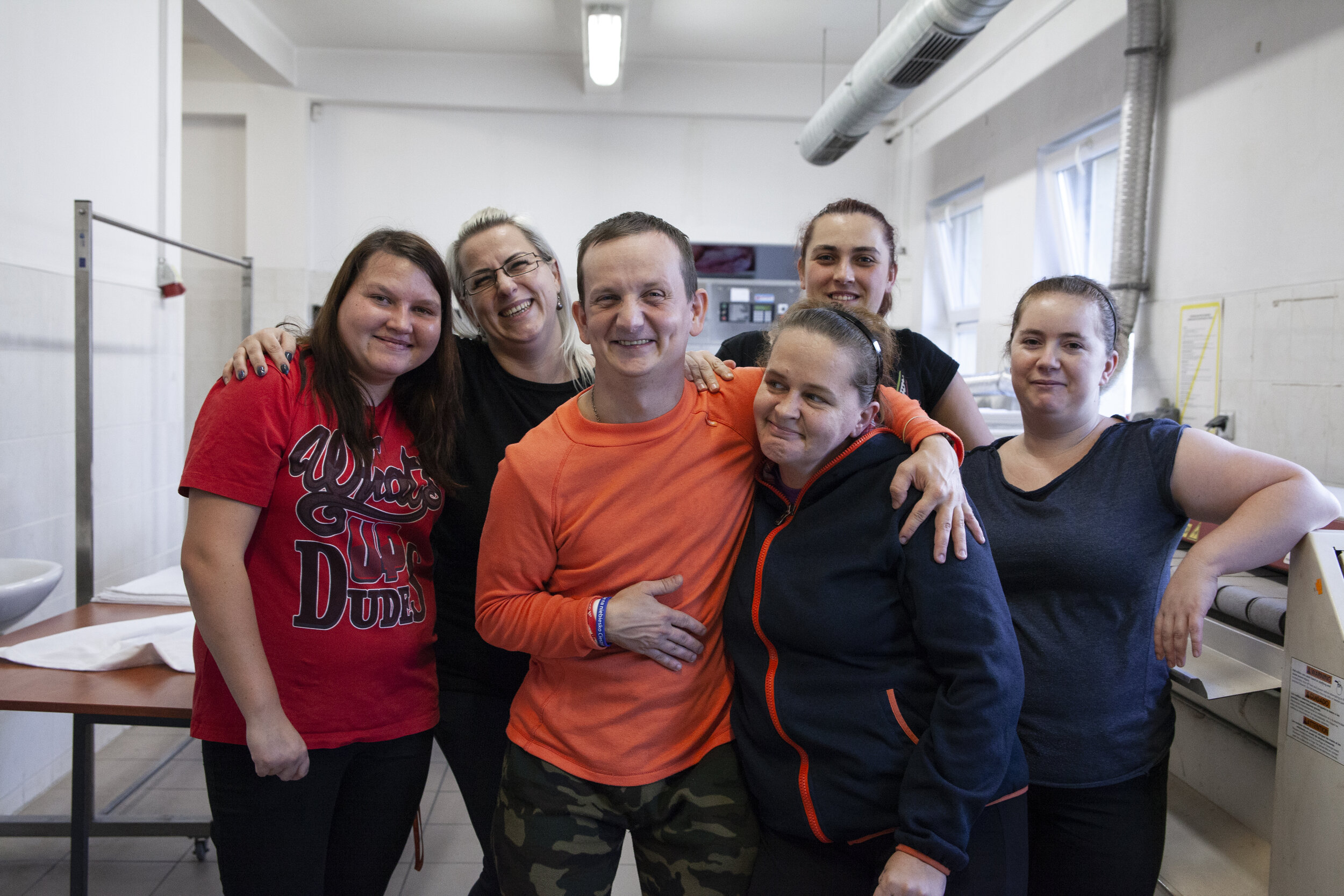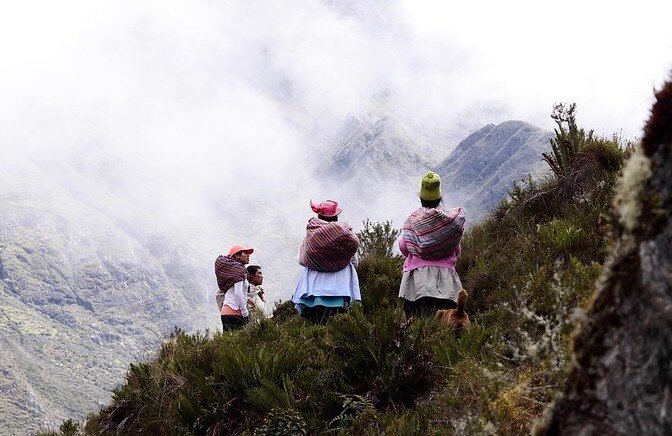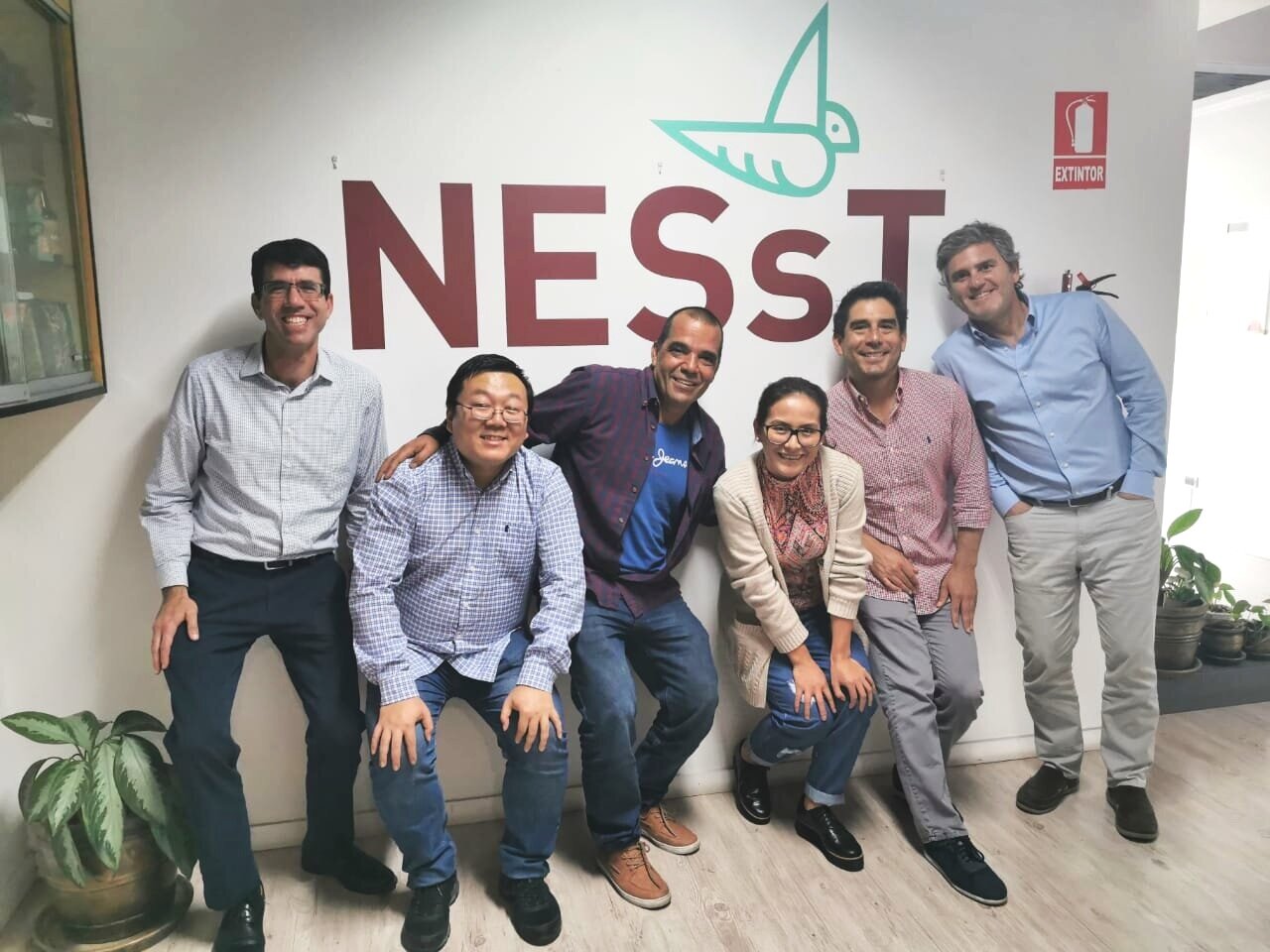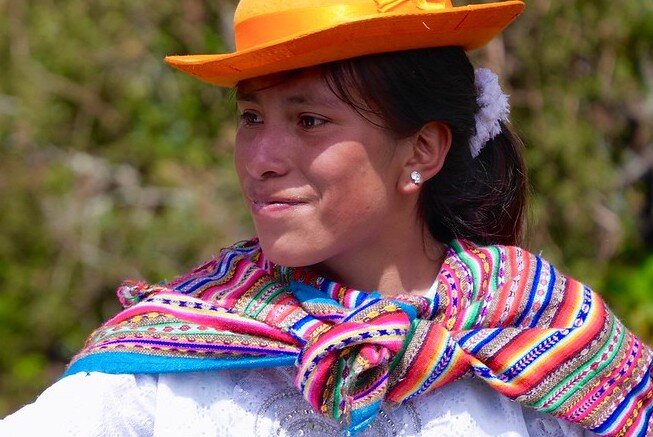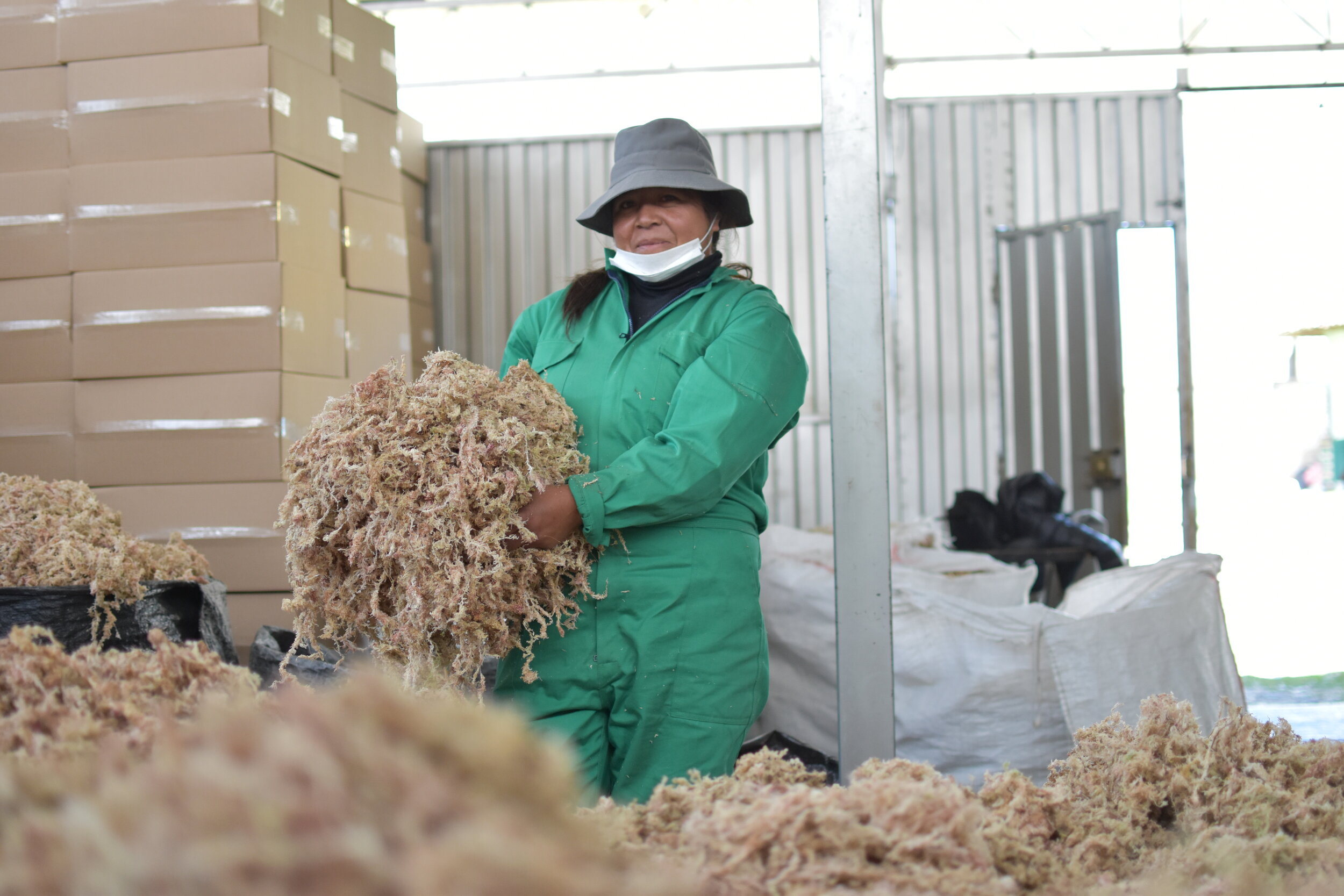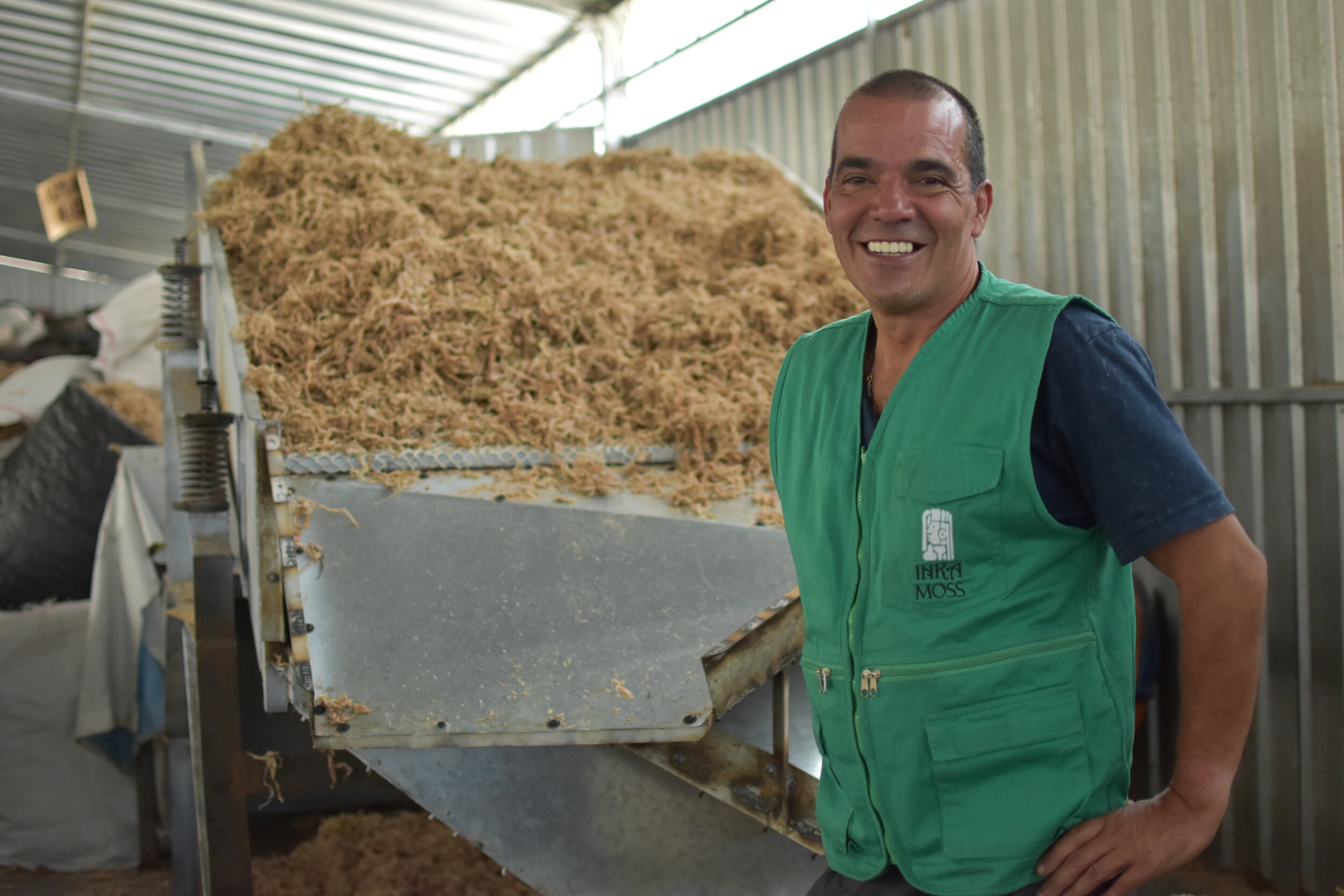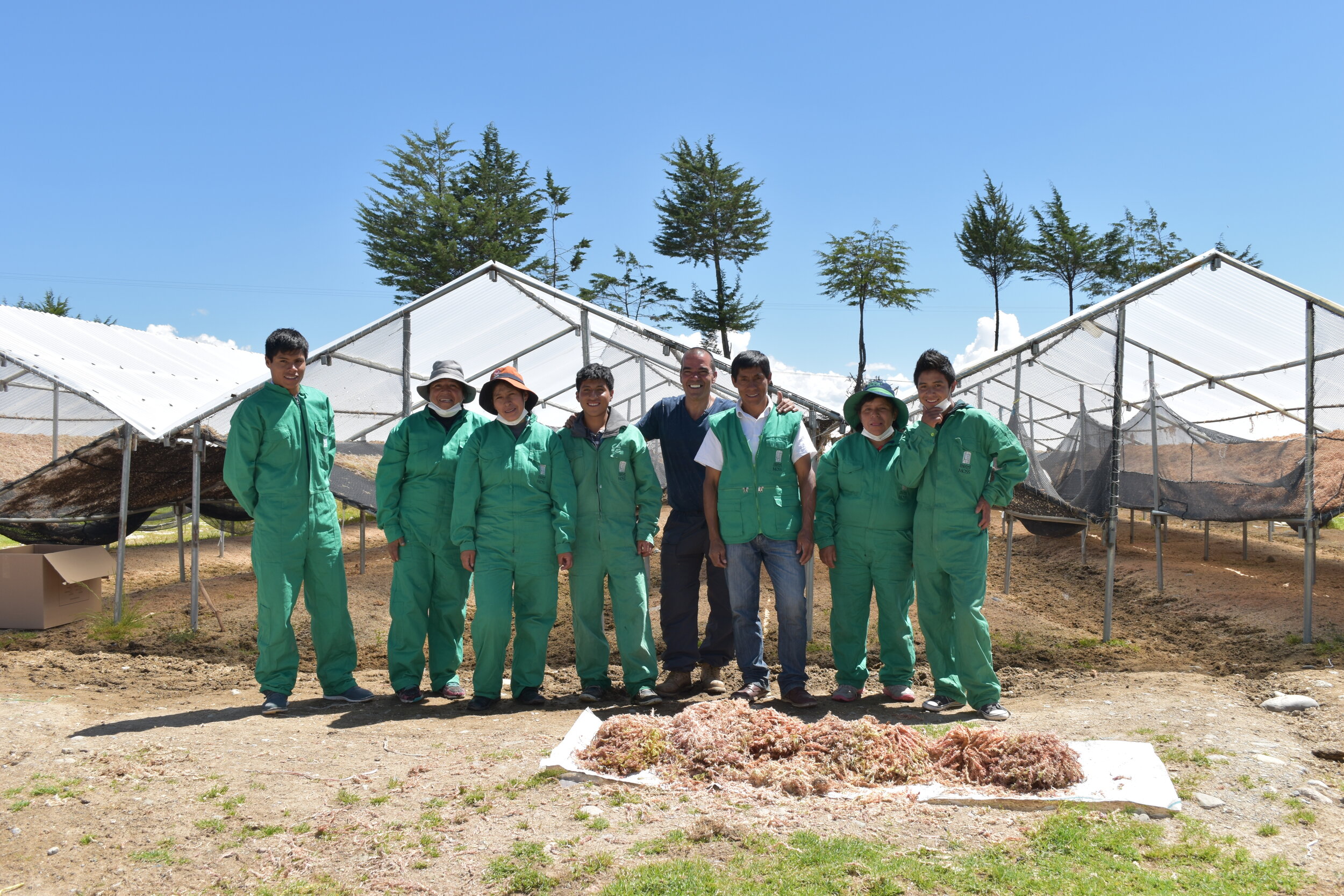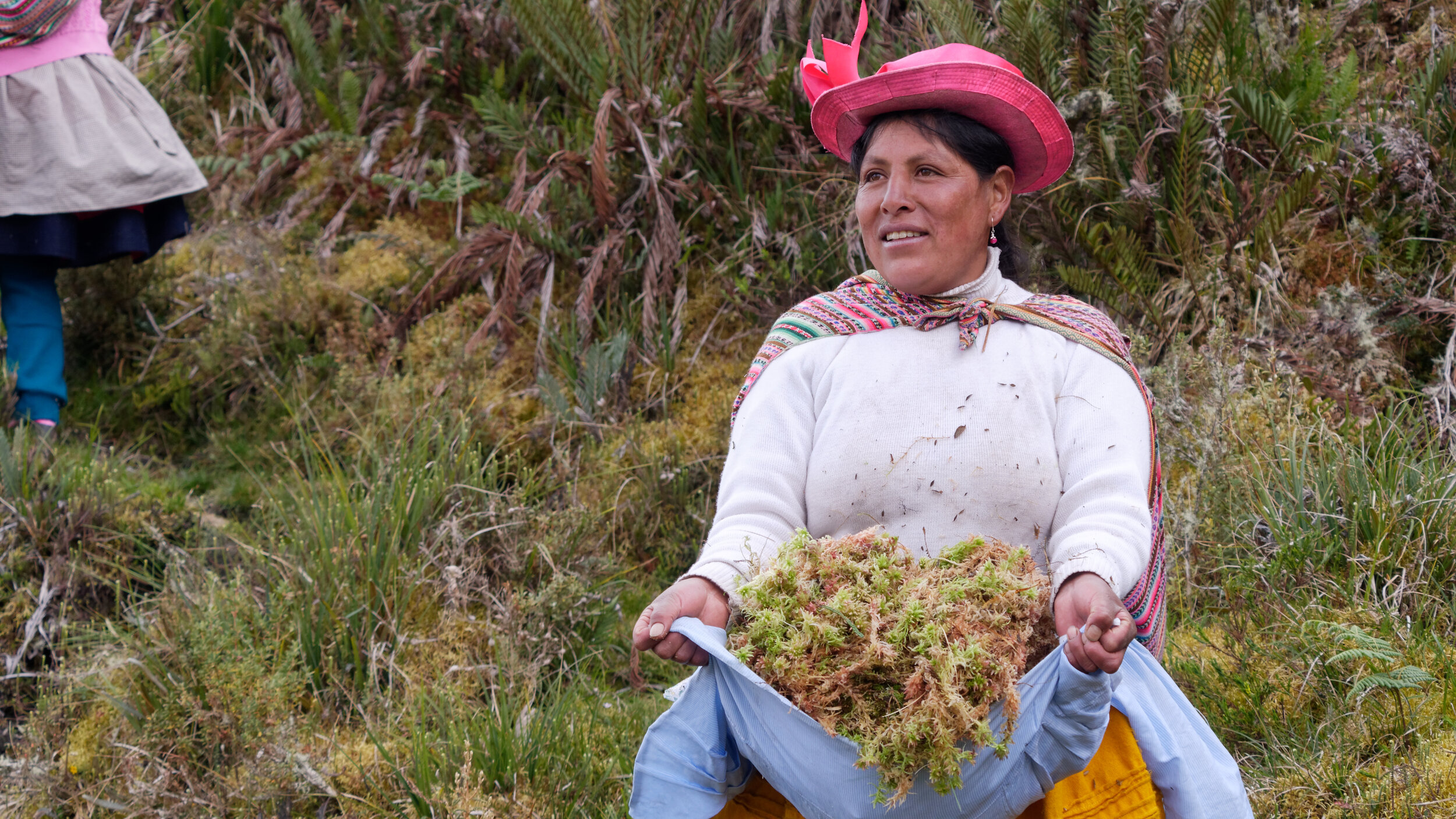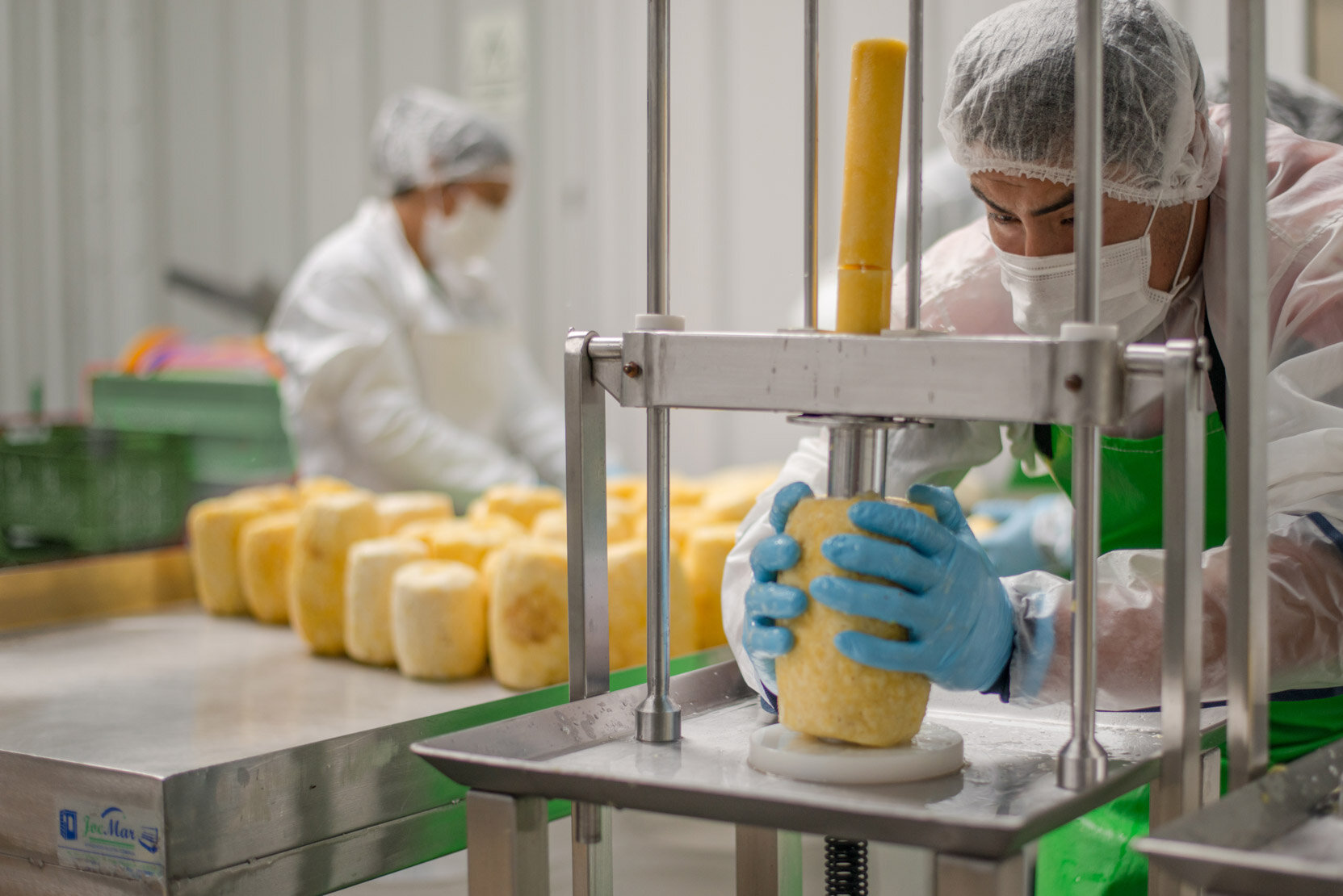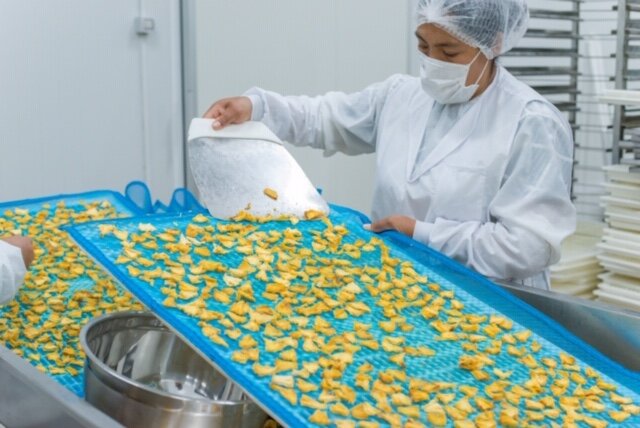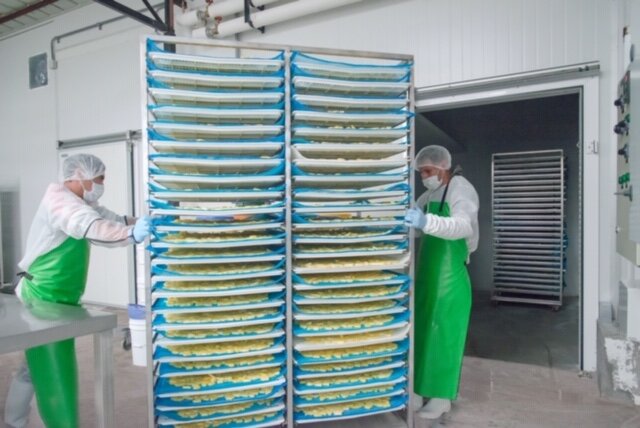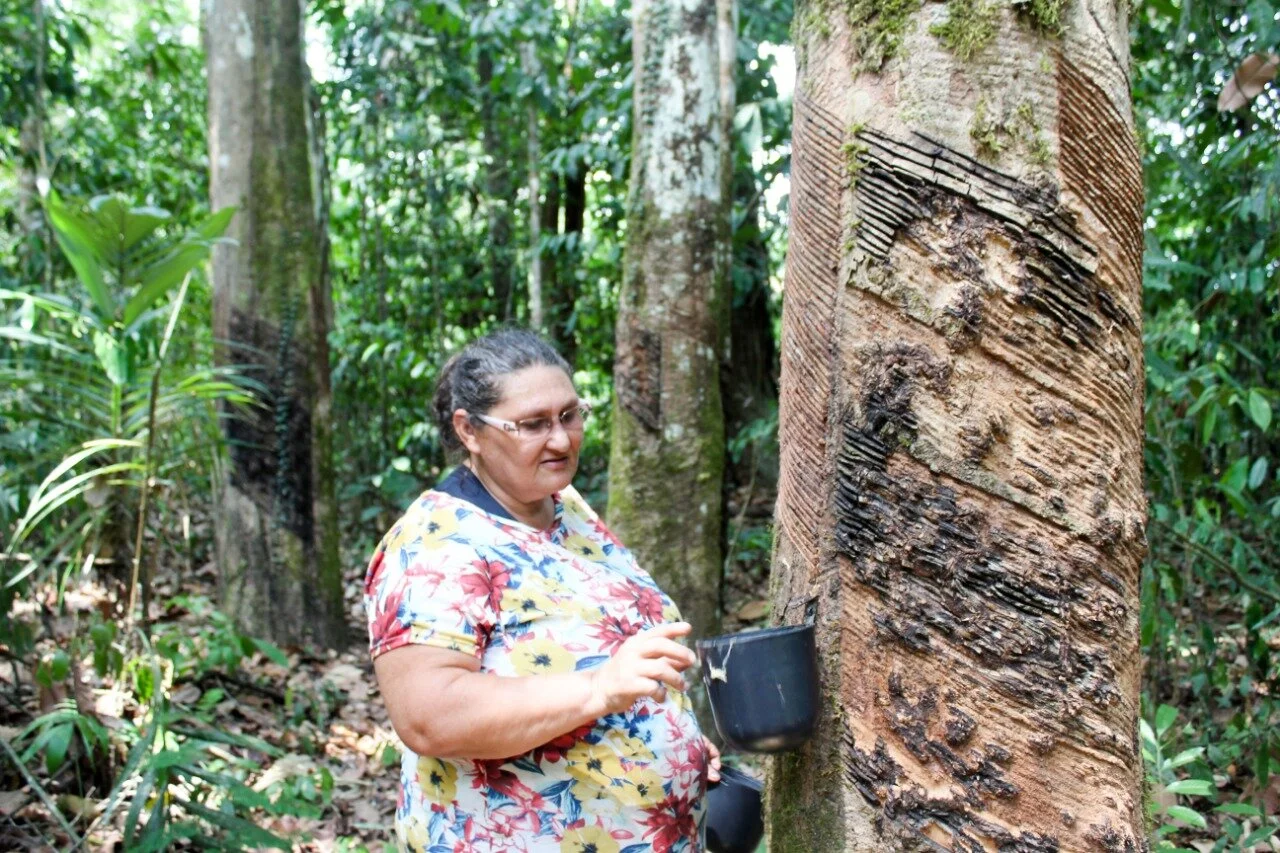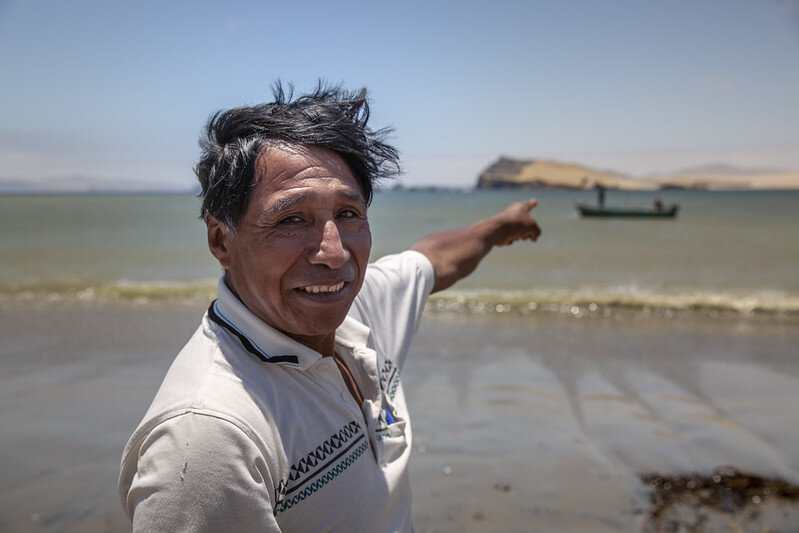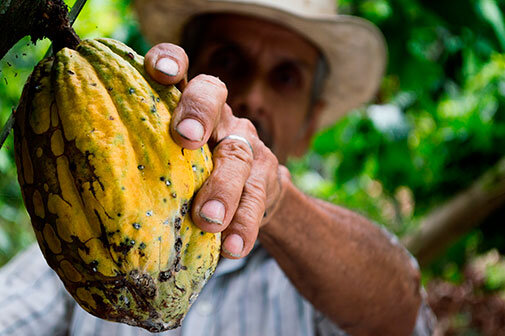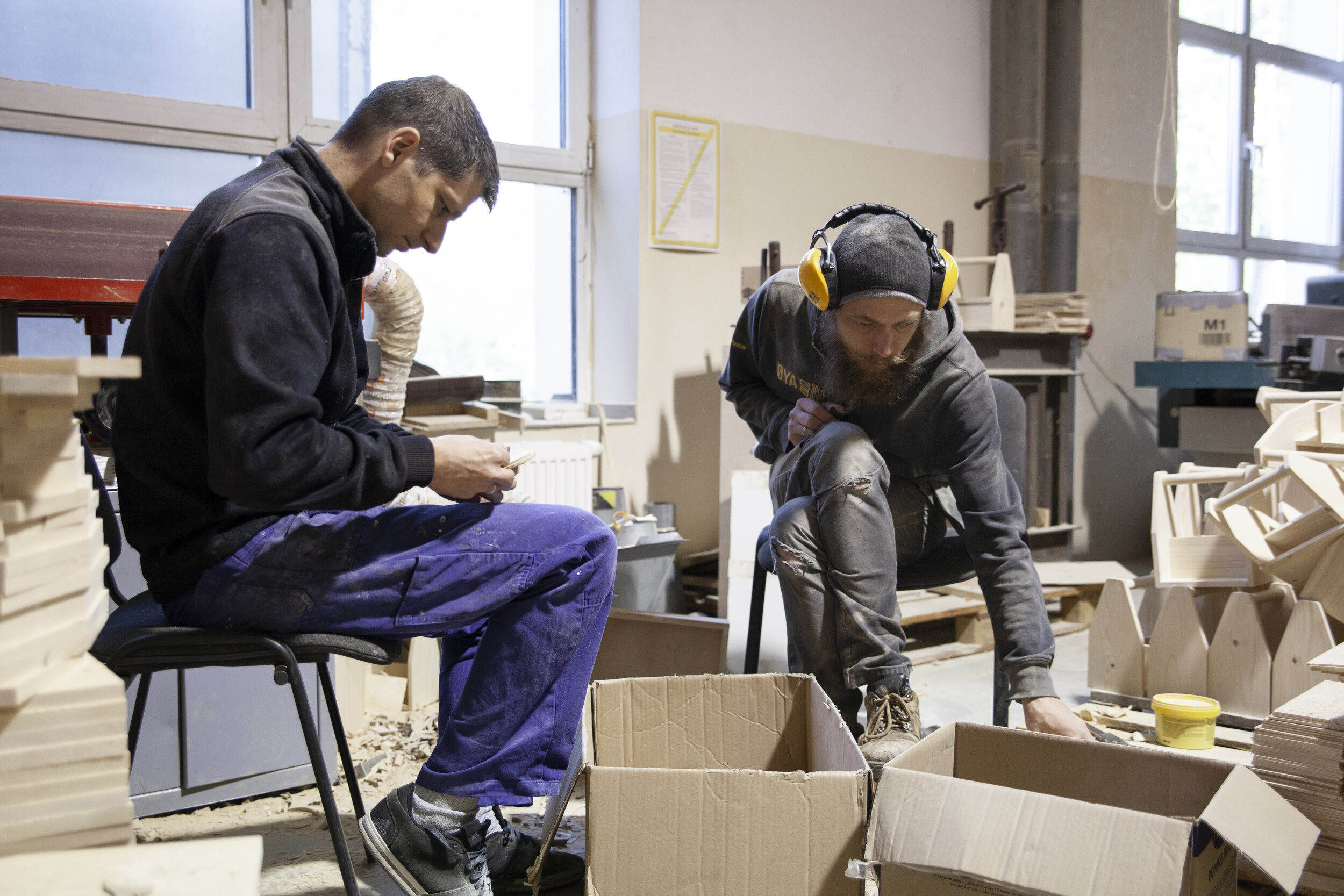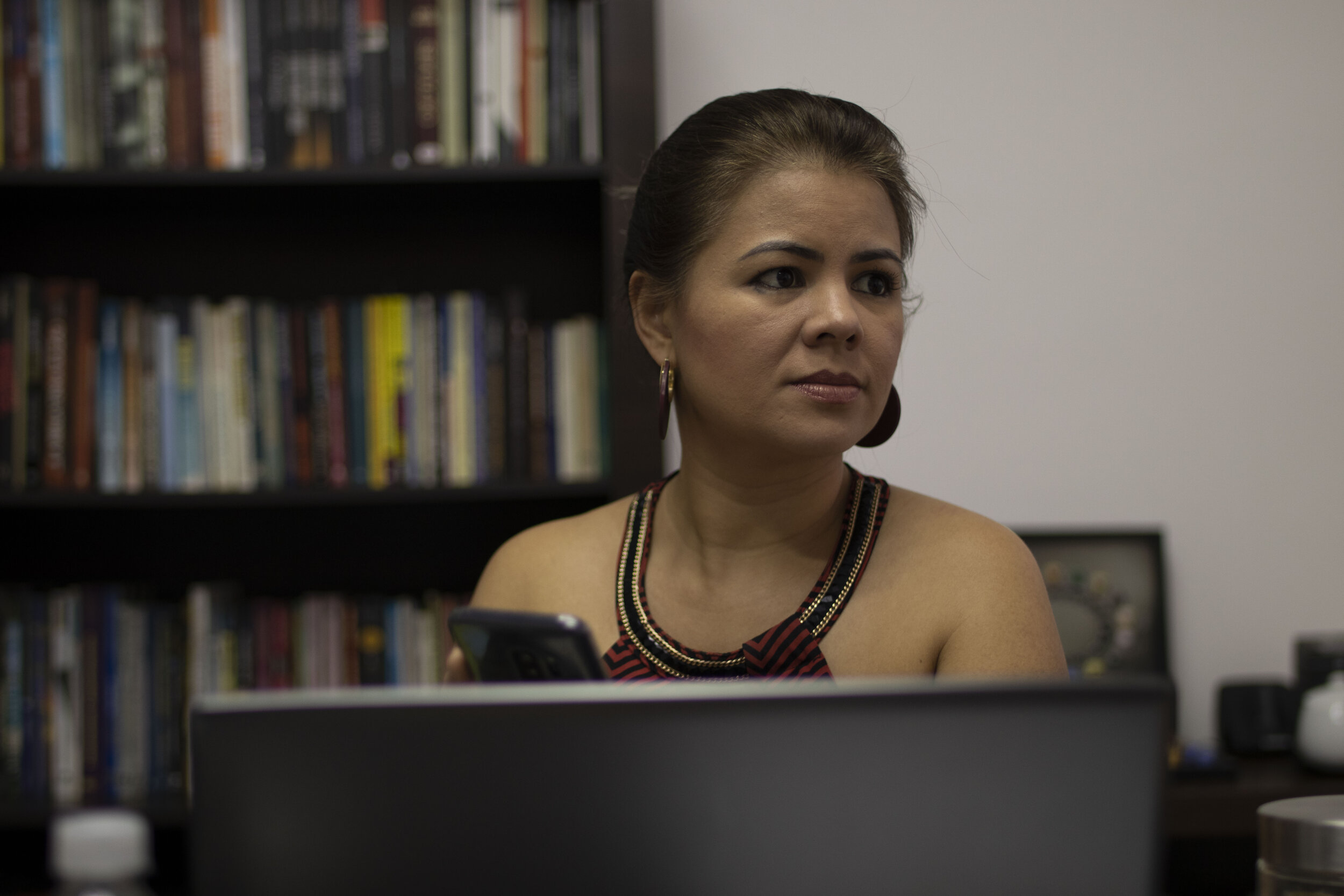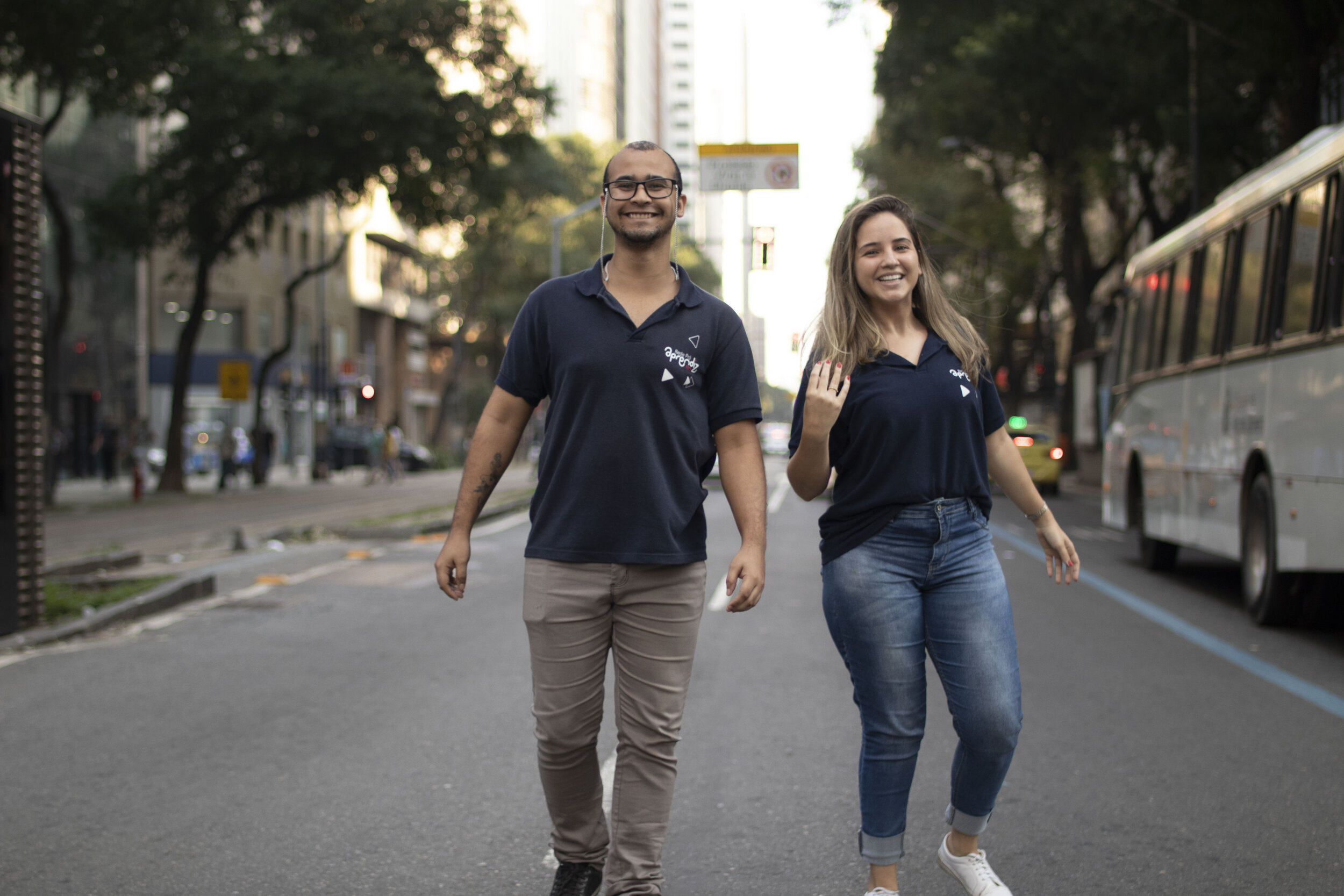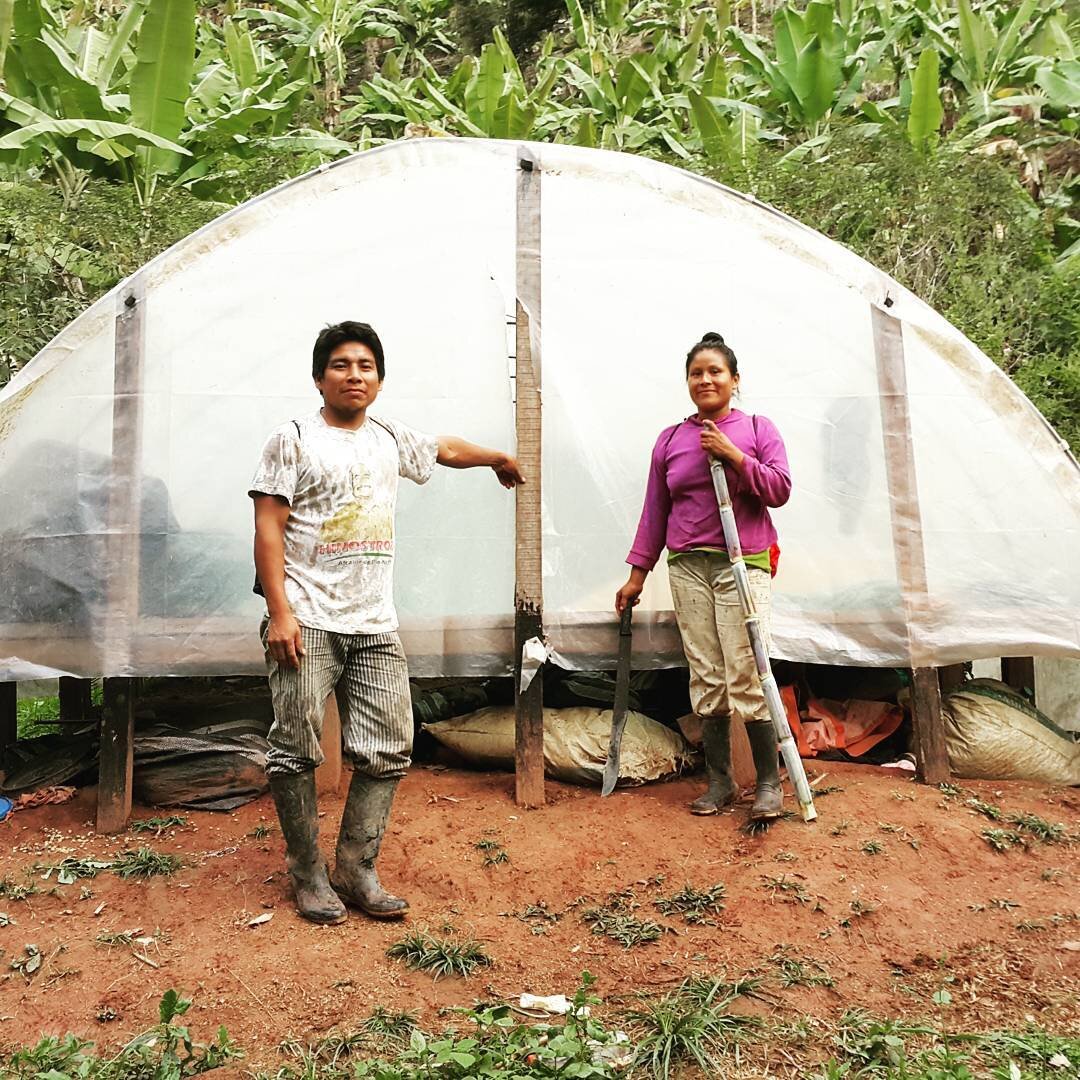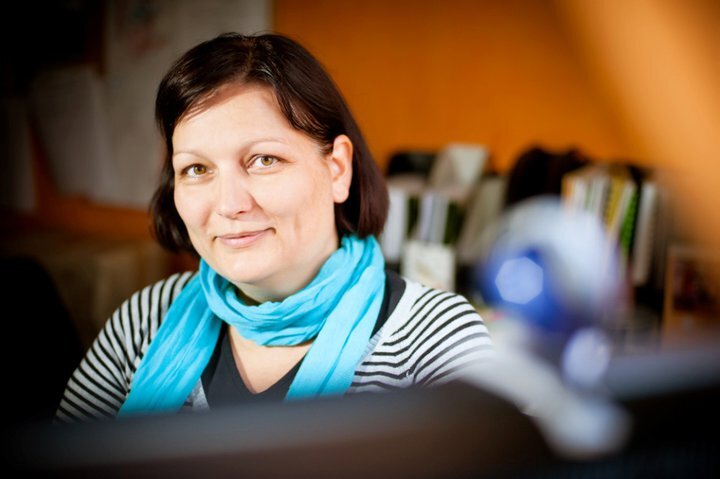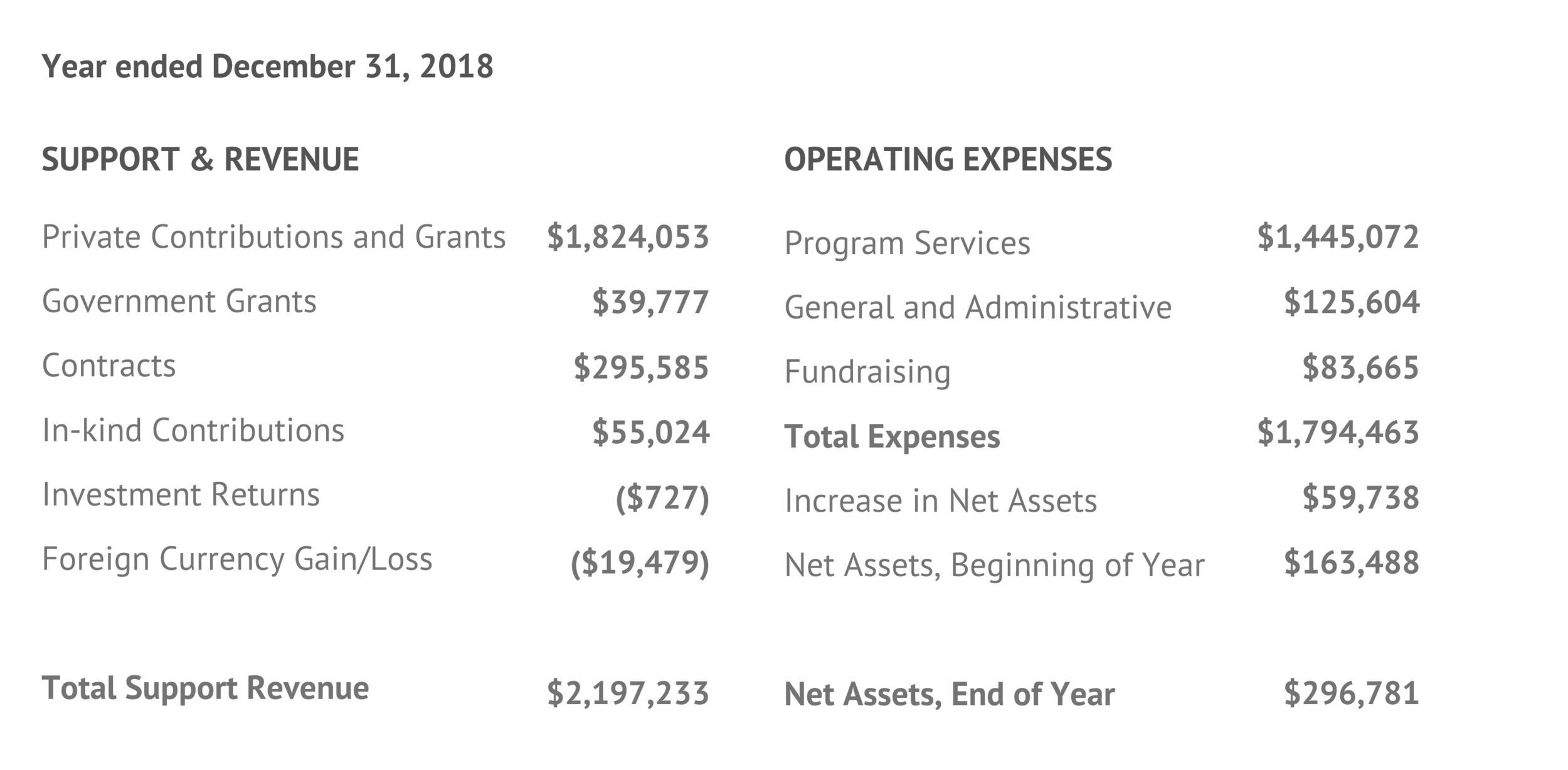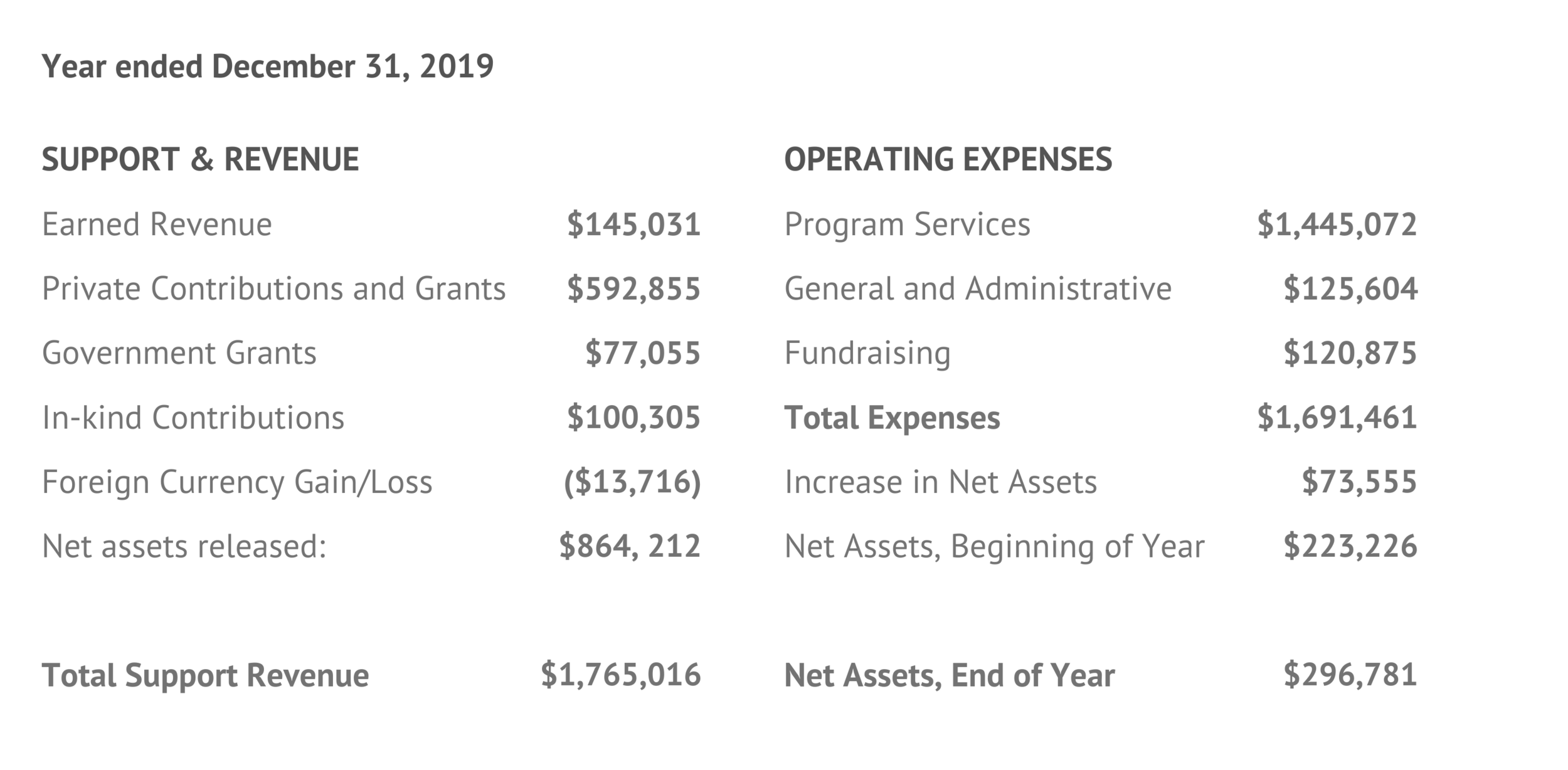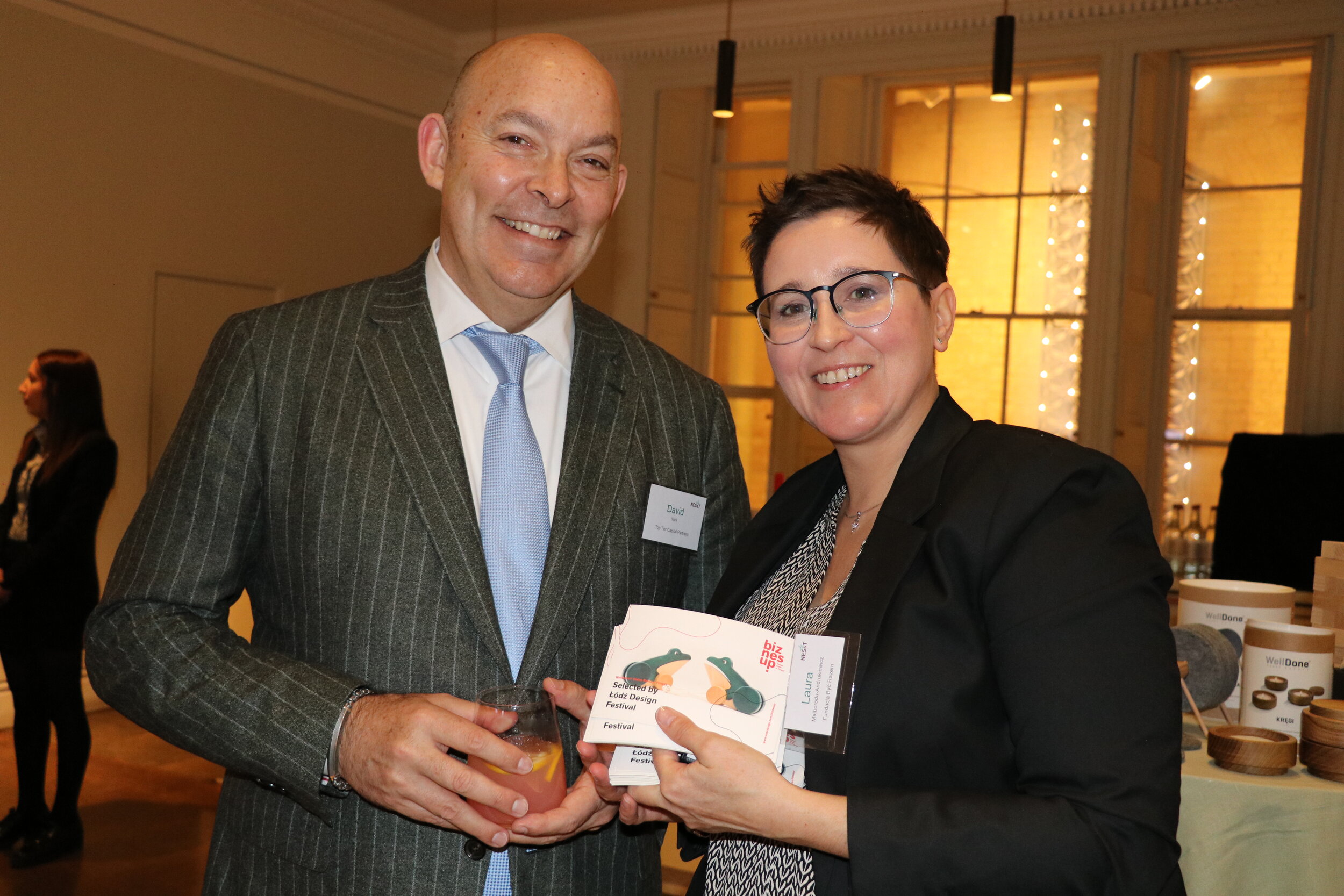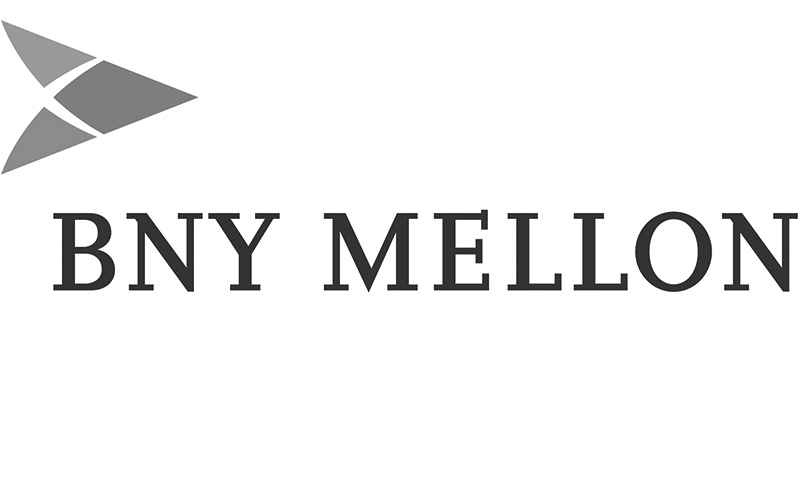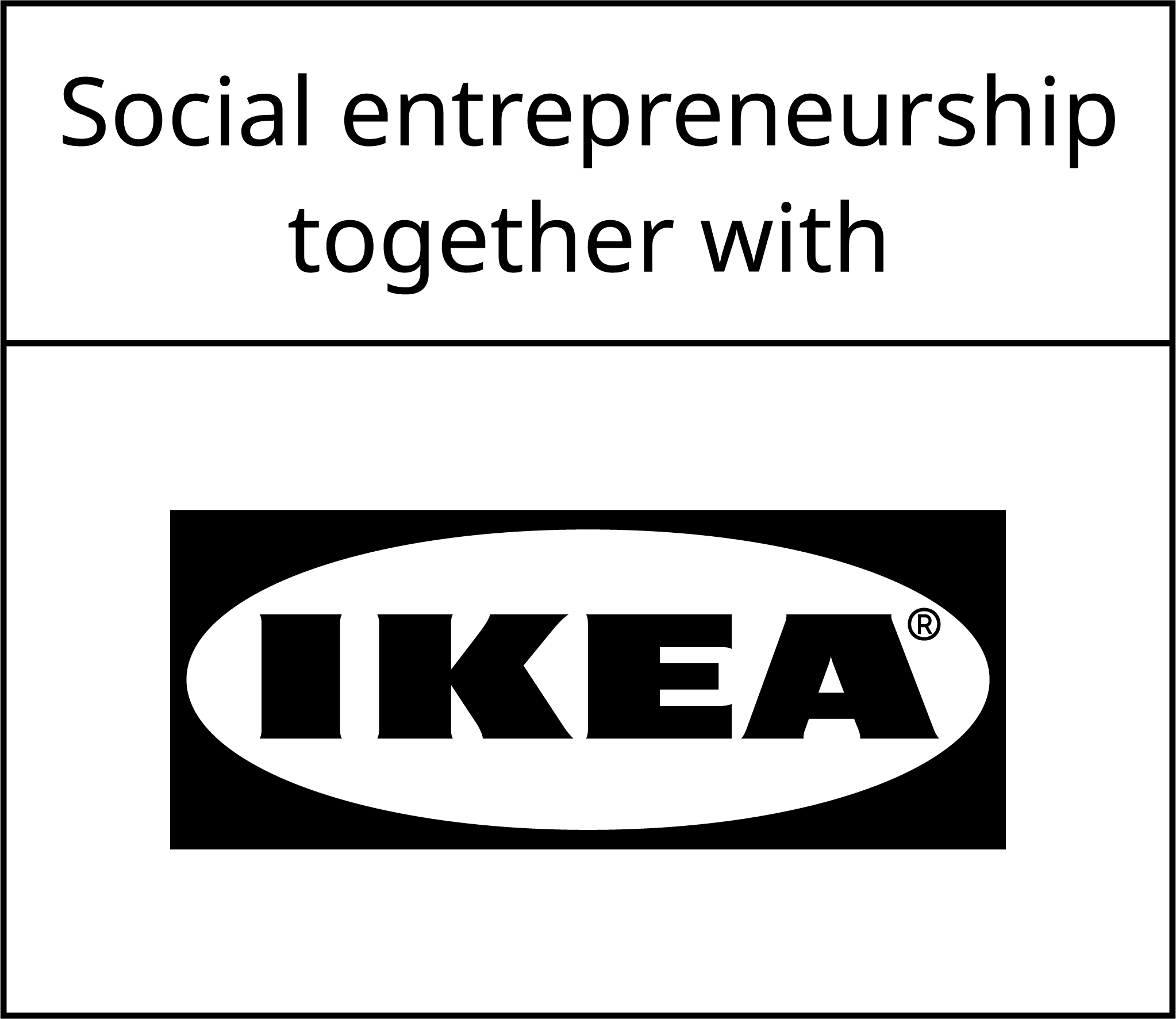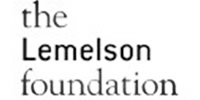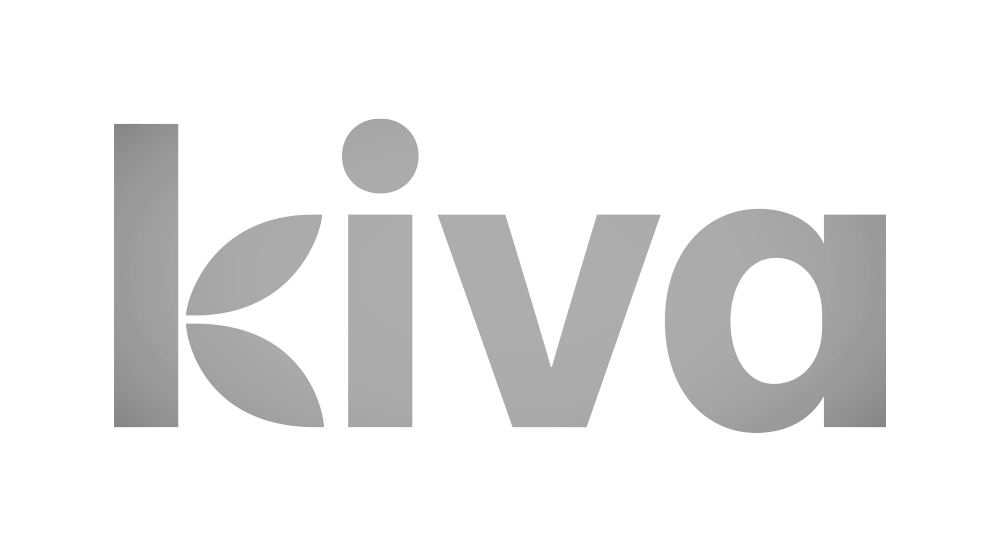Dignified Employment and the Metrics Behind It
The first public dissemination of NESsT’s Dignified Employment Survey metrics.
INSIDE THE ANNUAL REPORT
Being Together Foundation employs people with different abilities in its laundry services social enterprise, known as WellDone. (NESsT, 2019)
PART 1: Letter from the CEOs
PART 2: Our Mission
PART 3: The Expansion from Incubator into Fund Manager
PART 4: Thematic Initiatives to Scale our Work
NESsT Empowers
Amazon-Andes Incubator
Gender Lens Investing
PART 5: The Impact of NESsT Portfolio Jobs
PART 6: Remembering Anna Horváth: The Women’s Social Entrepreneurship Award
PART 7: Financials: 2018 & 2019
PART 8: Supporters
PART I: LETTER FROM THE CEOs
By: Nicole Etchart and Loïc Comolli
Dear friends,
These past two years have represented a fundamental change for NESsT as we made the decision to launch an investment fund and then proceeded to do so. The NESsT Fund, launched in 2018, provides patient capital to companies that are usually considered too risky by commercial lenders or too small by traditional impact investors.
As a pioneer in our sector, we have often found ourselves in this position of taking bold steps to do something that is different and perhaps considered too risky. Many around us told us it could not be done. But as an impact-driven organization, and knowing that we could not let our portfolio of resilient enterprises down, we proceeded to prove them wrong!
The NESsT Fund will invest in 40 enterprises and create 8,000 quality jobs in the next five years.
This is not the only bold step we took these past two years. In 2018, we also decided to deepen our impact measurement by launching the Dignified Employment Survey, a survey conducted directly with the employees and suppliers of our portfolio companies. This decision was driven by our commitment to ensure that our investments truly lead to the Sustainable Development Goal 8 of “Decent Work and Economic Growth.”
The Dignified Employment Survey complements a tool that we have been using for some time with all of our portfolio companies to manage and measure their impact: the NESsT Performance Management Tool. The enterprises establish goals every year related to the number of jobs created and sustained, the level of income earned, the existence of contracts and revenue generated. With the Dignified Employment Survey, NESsT asks those impacted by these enterprises how all of these metrics play out in their own lives. Are these jobs really improving the quality of their life? Have they moved out of poverty? Do they feel that their job is secure?
Building on these efforts, we also set out to bring a gender lens to our investments, ensuring that our portfolio is both gender equitable and inclusive. And we launched three new multi-stakeholder thematic initiatives to scale our collective work.
We thank you for taking the time to read this two-year report, which provides more details on these bold steps and the resounding work of the companies we exist to support.
Learn about the challenges that they have faced and how they overcame them. Our companies created and sustained 2,519 jobs in 2019 for people who face huge barriers to accessing decent work; they turned lives of despair into lives of hope.
Your support helps us to build ethical and sustainable standards for the jobs that ensure the services and products we all desire and use every day. Because of your alignment with our vision, we are proud to present the following learnings and achievements to date, starting with our historical impact.
22 YEARS OF IMPACT
PART II: OUR MISSION
NESsT invests in social enterprises that generate dignified jobs for people most in need.
We believe that all people deserve an opportunity to earn a decent livelihood and that community-based enterprises led by resilient and visionary entrepreneurs can make this possible. NESsT carefully selects early-stage enterprises that are committed to empowering low-income communities to confront barriers and overcome poverty, thus transforming lives. We accompany these social enterprises with business services and patient capital, positioning them for high growth and impact. And we ensure that each and every one of our enterprises has the tools to measure their social, financial and environmental impact.
The NESsT Incubation Program: Since 1997, the Incubation program has been accelerating early-stage social enterprises. The program provides tailored business assistance alongside flexible financing, mostly in the form of grants and recoverable grants, to assist social enterprises to become profitable. The NESsT team supports each company with technical assistance and mentoring to reach key milestones. NESsT has operated incubation programs in more than 50 countries, investing in 183 social enterprises and supporting another 1,200.
The NESsT Fund: In late 2018, NESsT launched an investment fund to provide patient loans to social enterprises and socially-focused small and medium enterprises (SMEs) in Latin America. The NESsT Fund complements our existing programs by financing cash flow positive enterprises raising growth capital to increase their impact. The NESsT Fund ultimately addresses the missing middle in social enterprise financing with loans ranging from $50,000 to $500,000 USD. Furthermore, its business facility strengthens the performance of its portfolio and de-risks repayment rates.
PART III: THE EXPANSION FROM INCUBATOR INTO A FUND MANAGER
With its flexible structure, the NESsT Fund bridges the last mile distribution in SME finance, while also serving as platform for social investors to invest in remote communities to generate high impact.
Left to right: Chad Sachs, NESsT Fund Director, Javier Gondo, NESsT Fund Portfolio Manager, Marco Piñatelli, Inka Moss Founder, Isabel Castillo, Country Director of Peru, Christian Perez, Greenbox Co-Founder, Johannes Da Fieno, Co-Founder of Greenbox.
Why, 20 years after our founding, did we decide to launch an impact fund? For enterprises such as Inka Moss, which purchases the natural resource, moss, from remote communities in the Peruvian highlands. The NESsT Fund provided a loan for Inka Moss to expand its production capacity and long-term working capital. This will increase the number of moss collectors from 350 families currently to 900 by 2022.
With the help of the Underdog Foundation, we designed our fund based on the community loan fund model. A flexible structure with patient capital that can provide long-term loans at reasonable terms to enterprises in the poorest communities.
In January 2019, we launched the $20 million fund for Latin America. NESsT will lend to small enterprises in poor communities to increase their ability to grow and create jobs. NESsT’s small business loans will reach the most marginalized communities while rigorously tracking employment outcomes.
We achieved first-close at $3 million with social investors consisting of a development finance institution, foundations, nonprofit organizations, and philanthropists.
Source: Ana Sotelo for NESsT | Andean Highlands of Peru where Inka Moss operates.
The NESsT Fund will make loans averaging $200,000 in Brazil, Chile, Colombia and Peru. It will disburse a total of 70 loans, creating an average of 200 jobs per company.
The Fund targets enterprises that provide employment opportunities to individuals making less than the minimum wage and working in the informal economy.
Our key measures of success are to see communities:
(1) increase their incomes by at least 25%.
(2) improve their job security preferably through contracts.
We assess these metrics (and others) through annual surveys we conduct in the field.
Since its launch, the NESsT Fund has financed two companies with strong management teams and a strong focus on helping to bring communities out of poverty.
GREENBOX is a company that works with small and medium-sized farmers (average land size of 3 hectares) in the Peruvian Amazon and the Central Andes. The company sources organic golden berry, banana, pineapple and mango, dehydrating the products in its processing plant in Tarma. Greenbox exports the dried fruit in different “cut” presentations to customers in Europe. The company promotes sustainable agricultural practices and works with farmers to switch to organic production, as well as to obtain certification. More than half of the farmers supplying to the company are women and indigenous.
INKA MOSS is the only company that collects and processes, in a sustainable way, sphagnum moss – a natural product that is highly demanded by international orchid growers. The company trains these small farmers to collect the moss and become suppliers in its value chain. The company provides them with fair wages, training, technology, materials and tools, as well as infrastructure development in their communities. All of the suppliers are indigenous, and the majority are women.
GROWING THE PORTFOLIO
Our pipeline consists of enterprises sourcing from indigenous communities, biodiverse areas in the Amazon, and subsistence farmers. Importantly, we’re passionate about job creation. We work closely with enterprises to be gender inclusive in their management and impact. If you are a founder or know of an enterprise that meets this criteria, we encourage you to fill out our brief survey to determine eligibility. Our team will be in contact if there’s a potential fit!
PART IV: THEMATIC INITIATIVES TO SCALE OUR WORK
NESsT realizes the power of partnerships to make change happen.
We have always worked in partnership with corporations, foundations, and other impact organizations. In 2018, NESsT launched three multi-stakeholder thematic initiatives designed to help the organization scale its work and impact. Through these initiatives, NESsT engages key stakeholders committed to growing thematic portfolios and incorporating Dignity, Equity and Inclusion best practices.
Country Spotlight: Brazil & Pedala
This high-impact eco-delivery company trains and equips low-income people living in favelas to provide reliable delivery services for e-commerce companies. Many young people in Brazil are Neither in Education or Employment (NEET), and face difficulties securing employment that pays a livable wage.
In late 2017, NESsT invested in Pedala and invited the company to join its portfolio. NESsT's several rounds of patient financing and ongoing tailored business services enabled the replication of the company to new neighborhoods, the expansion of its headquarters, and to set-up bike storage units in new locations as a way to reduce costs as it expanded its geographic reach.
NESsT and Pedala worked hand-in-hand to update the enterprise’s operations, HR, marketing, and impact measurement as it continued to increase its hiring.
By 2019, the company was employing 175 part-time and full-time bicycle couriers from low-income neighborhoods, and it also avoided 85 tons of CO2 emissions through its bicycle delivery model.
In December 2019, Pedala was successfully acquired by Ame Digital, a fintech controlled by B2W Digital, the largest e-commerce company in Latin America, and Lojas Americanas. The acquisition is part of these companies’ efforts to integrate sustainability into their business operations.
NESsT’s support to Pedala was made possible as a result of the financial and strategic support of the Trafigura Foundation. The Trafigura Foundation partners with NESsT to support social enterprises in Brazil, among them Pedala, and Chile.
“Pedala’s acquisition is an exceptional success. It demonstrates that when social ventures receive the right support and necessary seed-funding they can become a real force for good, with viable and innovative economic models being not an end per se but means to exponentially increase social impact. Congratulations to NESsT too for the awesome incubation support that contributed to make this possible.”
Country Spotlight: Peru & Sustainable Fishery Trade
“I’ve been here long enough to see how things have changed. Now I’m interested in teaching the new generation of fishers that we can all become conservationists because, at the end of the day, we depend on the sea to survive”
Sustainable Fishery Trade (SFT) is the first social enterprise dedicated to just and sustainable trade for artisanal fisheries in Peru. The company sources directly from small fishing communities and sells to high-end restaurants.
DIGNIFIED EMPLOYMENT LEARNINGS
73% of fishers live in rural communities, 60% of which are 50+ years in age.
40% of fishers completed primary school as their highest educational level
80% of fishers have been working with the social enterprise for over a year
95% of fishers have a contract and also expect to be employed in one year’s time
In 2018, NESsT invested to replicate SFT’s model from Peru to Chile. We first helped SFT to conduct a feasibility study which found that fisher communities in Chile face the same obstacles in sourcing and supplying sustainable seafood as communities in Peru. It also found strong interest on the part of restaurants in Santiago to purchase this product at a fair price. As a result of these findings, many of the best practices from Peru were transferred and adapted to Chile, including the importance of investing in training and gaining the trust of the fishing communities, installing an efficient and low cost transportation and storage capacity, as well as the need to identify a wide range of coves with various types of seafood in order to meet the varying interests of the restaurants.
Country Spotlight: Poland & Dalba
Agnieszka Dejna
Co-Founder of DALBA
Dalba is a social brewery of high-quality craft beers in Puck, Poland, employs young people with intellectual disabilities. Today, only 10% of people with disabilities in Poland participate in the labor market. Because of discrimination, people with disabilities have very few opportunities to secure a steady and well-paid job.
In 2018, NESsT’s investment helped the enterprise to improve its production capacity, and to create a franchise model to replicate its pub to a second city, Łódź. The enterprise now plans to take its franchise to a total of six locations. In 2019, NESsT invested once again in production equipment that led to improvements in the production process. Moving forward, the enterprise is focused on expanding the production facility and NESsT continues to support the company with financial planning and fundraising to meet this goal.
Over the course of these two years, Dalba has provided employment to 55 people with disabilities through placement and employment across these several lines of its business.
Beyond training, Dalba creates an empowering workplace culture by using immersion therapy, through scuba-diving, to help its employees gain confidence to lead independent lives. Most recently, it received support from the State Fund for Rehabilitation of Disabled People in Poland to publish a manual describing its unique methodology and to provide training to 60 people with disabilities.
PART V: THE IMPACT OF NESsT PORTFOLIO JOBS
NESsT manages its impact through the Performance Management Tool (PMT), designed to assist social enterprises to manage and measure their businesses, social and environmental performance.
NESsT launched the PMT in 1999 when it first started supporting social enterprises. Since then, the PMT has gone through several iterations and remains central to NESsT’s investment thesis and methodology. The tool has been successfully deployed with 250 entrepreneurs around the world, independent of geographies, legal entity types, impact areas or business models. This proves the robustness of this tool and its usefulness, both in helping entrepreneurs to measure the impact of their companies and also to manage the day-to-day decisions that are key to their performance.
The tool measures social, environmental and financial indicators at the enterprise level through an online report that the enterprise team completes on an annual and quarterly basis.
In 2018, NESsT decided to deepen its impact measurement by directly surveying the employees and suppliers of its portfolio companies. NESsT collects these metrics to further measure the quality of jobs created and how they have impacted the lives of these communities.
In the following section, we document the key learnings from these efforts.
This data consists of key demographic information such as gender, age, education level, ethnicity, geographic location, as well as job quality metrics, such as hours worked, vacation and sick leave, social enterprise income, contribution of the social income to overall household income, existence of contract, and perception of job security.
KEY LEARNINGS
When we first set out to conduct the Dignified Employment Surveys, we were told that unless we used outside consultants, the data would not be valid. We were told that we needed large sampling sizes for each type of business model. We were told that doing surveys in person was too onerous and costly. Although perhaps there is a degree of truth to all of this advice, the fact remains that by speaking directly to the people our organization exists to serve, we are more informed, more accountable and better able to improve our impact.
The feedback we gathered will not only lead to better collection next time, but has given us much richer data on the qualitative aspects of these jobs and how these aspects manifest in different contexts, such as different age groups and different types of households.
Contracts aren’t always as important: Employees of the enterprises noted that full-time permanent contracts are not as important as the belief that the job is actually secure and will be there the following year. Why? Because in the case of some workers, having more flexible employment allows them to continue with other income-generating activities that have been practiced by their families for generations. And in the case of others, contracts are through their communities as opposed to directly between them and their employer — they look to the leader of their indigenous community to ensure that they are being included in attaining the work. And for still others, paying the many taxes and fees imposed by the government through formal contracts does not bring them benefits.
Job security is more important: Nevertheless, although contracts are not always key, job security is. Through the surveys, we found out that 85% of employees and suppliers believe that they will hold their job next year. Those that did not believe this to be the case said it was because they were new to the job, so they remained unsure whether they would have it next year, or because they were planning to make a career change.
Monthly income is not always understood: Many workers, especially household farmers, do not center their employment satisfaction around a monthly amount of income. Instead, farmers think in terms of “campaigns” and “what they were able to buy this year with what they earned.” The smallholder farmer, the artisan, the fisher, will often not know what they earned from the social enterprise. They will know, however, what they are able to buy or achieve as a result of their income. This has important implications on how we go about asking questions related to income and also on how this income is valued by the small producer.
Contribution to household income makes the difference: In many cases concerning suppliers, the monthly income earned from the enterprise is less than the country’s minimum monthly salary, when assessed at an individual level. Nevertheless, households where a family member is employed by a NESsT Portfolio company earn nearly half of their income from the social enterprise, allowing them to move above the poverty line. This is particularly the case with enterprises in sustainable agriculture that are training farmers to produce high quality products as well as paying them fair prices. This income stream is significantly higher than the income earned from traditional subsistence crops sold by the family. Although they perhaps will not be able to live solely from the social enterprise income, the fact that they have that income has changed their lives and long-term earning potential as they move into more premium products. The enterprise also becomes a role model for competitors who will feel the need to adopt these best practices.
2,519 economic opportunities sustained by NESsT Enterprises in 2019.
32%
average increase in sales by companies in the NESsT portfolio.
88% average income above the poverty line after employment with a NESsT Enterprise.*
Prior to employment 90%+ of employees are below the poverty line.
Employees and suppliers of NESsT Enterprises increase their income by an average of 56%.
85% of employees and suppliers of NESsT Enterprises feel a sense of job security and expect to remain in their jobs the following year.
FURTHERING OUR IMPACT DATA WORK
In 2018-2019, NESsT participated in the Impact Frontiers Collaboration, an initiative to develop and implement new approaches to quantitatively and holistically integrate multi-dimensional measures of social and environmental impact alongside financial risk and return into our investment practices. The Collaboration, supported by the MacArthur Foundation, Metanoia Fund, and Omidyar Network, consists of thirteen asset managers spanning asset classes, sectors, geographies, and the continuum of financial returns.
PART VI: REMEMBERING ANNA HORVÁTH: THE WOMEN’S SOCIAL ENTREPRENEURSHIP AWARD
In 2018, NESsT launched the Anna Horváth Women’s Social Entrepreneurship Award, an annual award that will be given to a social entrepreneur for their work to advance women’s economic empowerment. Through this award, the legacy of Anna’s tireless commitment to the empowerment of women will live on.
At her memorial on May 18th, 2018, we announced the Anna Horváth Women Social Entrepreneurship Award. Anna was such a presence. Strong and courageous, kind and caring, completely devoted to issues of social change and social justice.
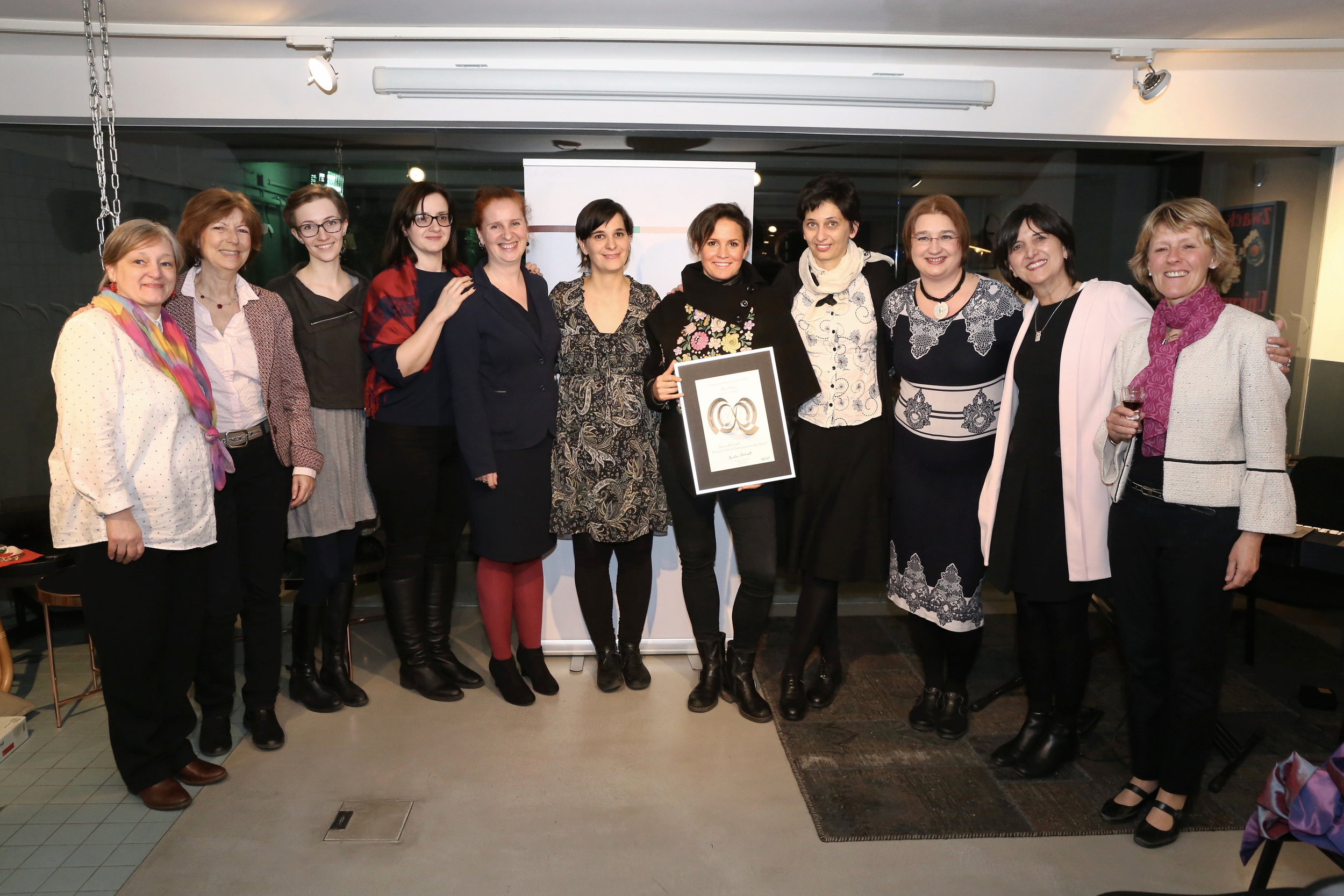
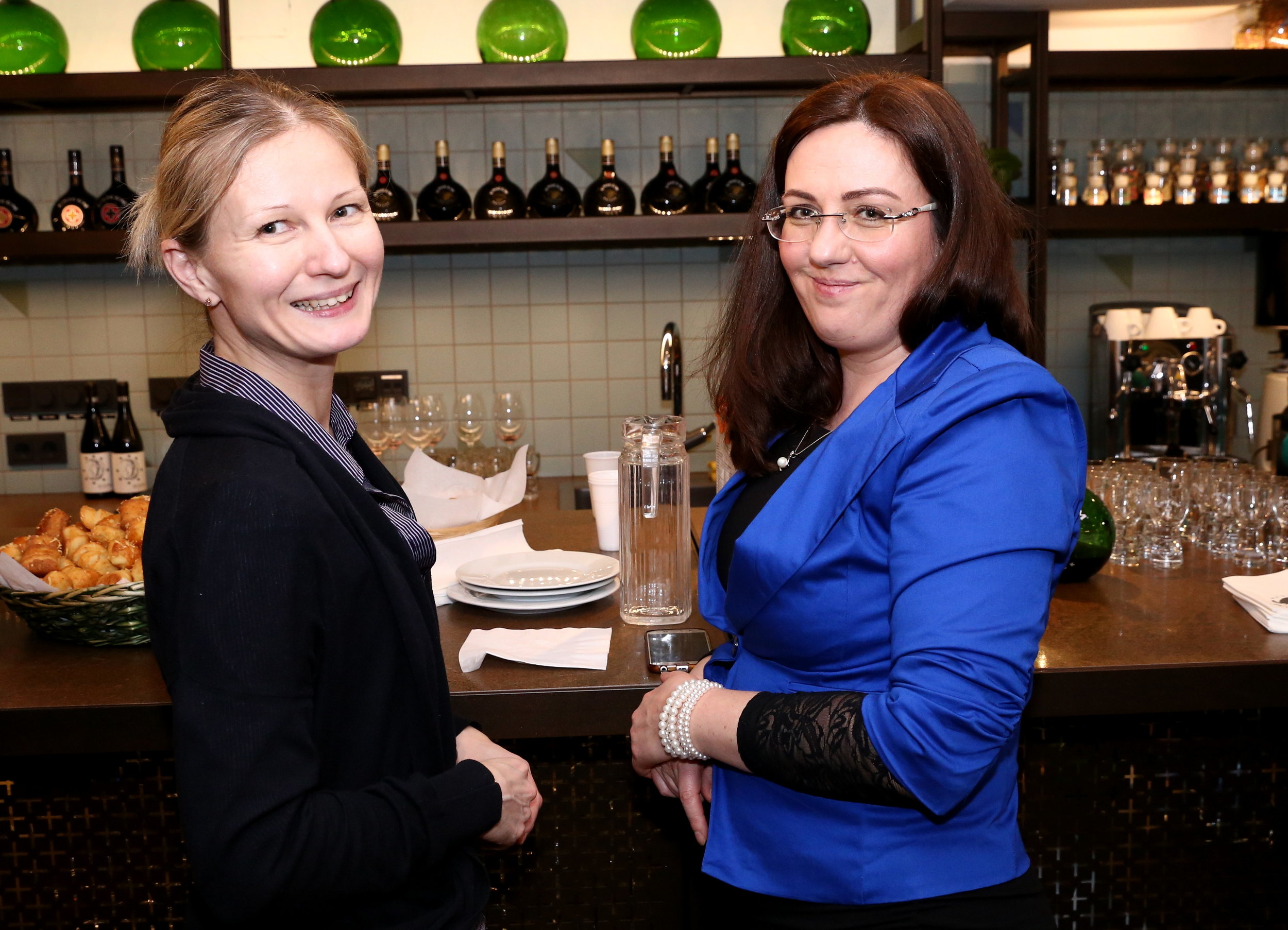
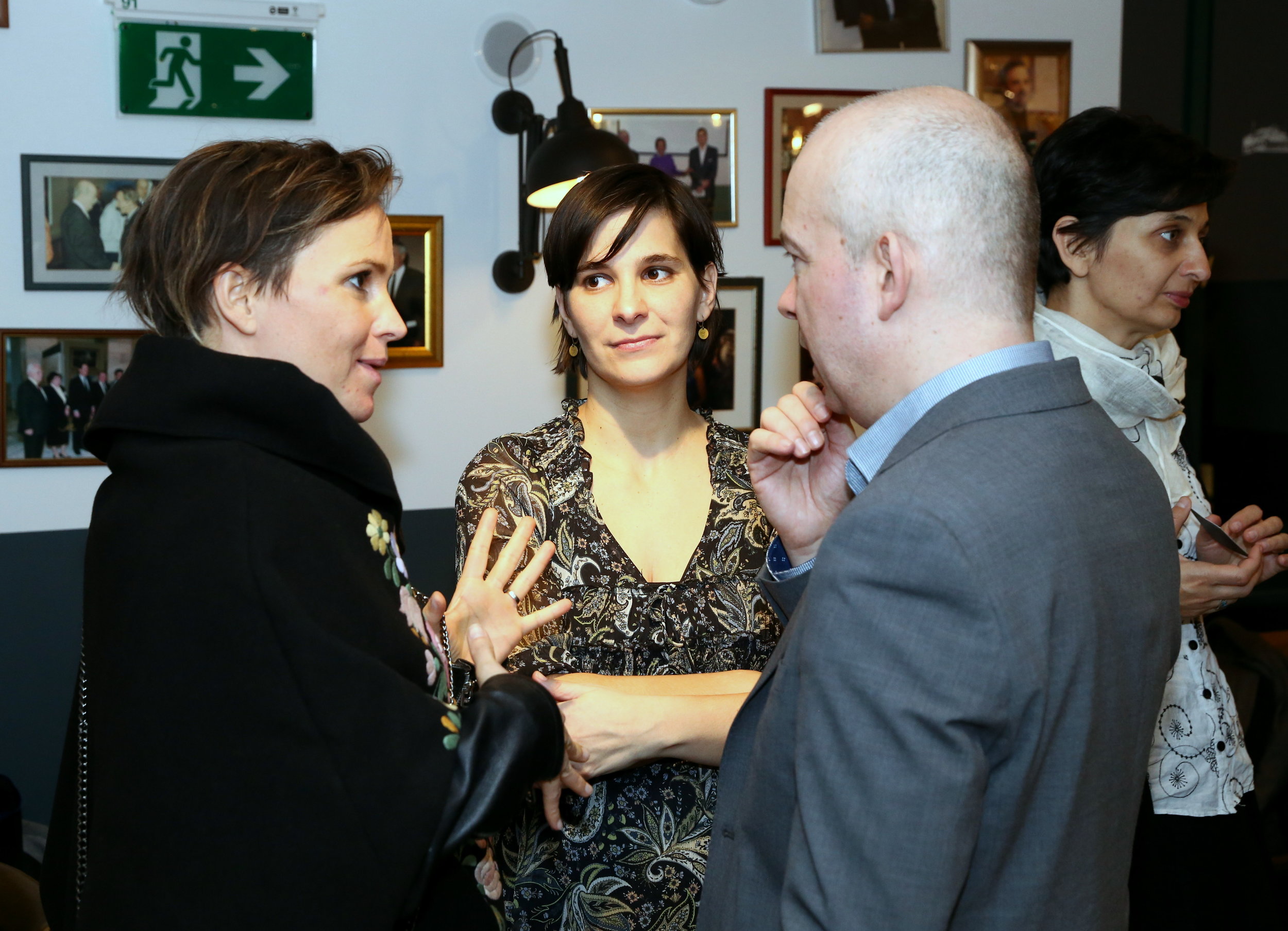
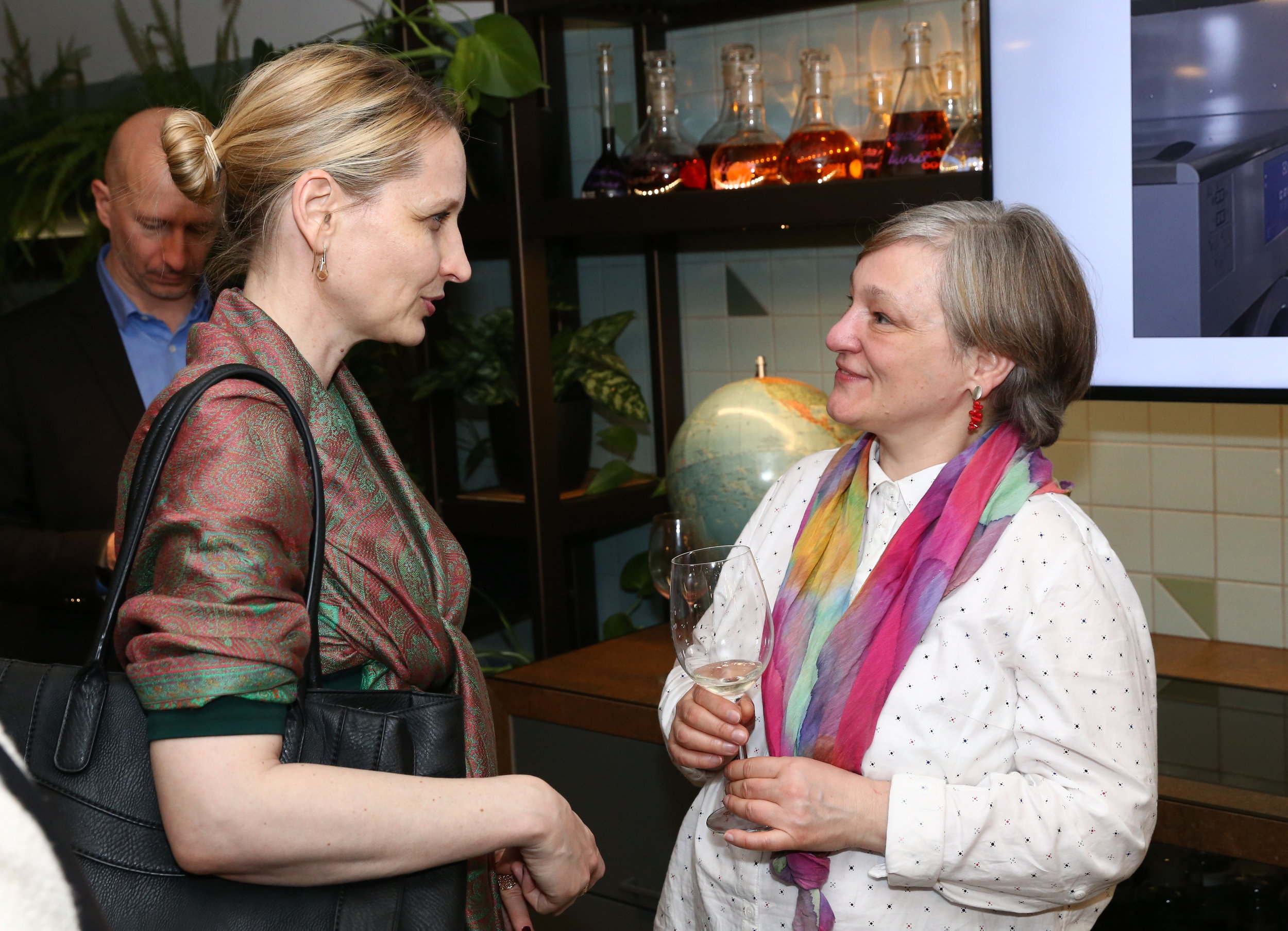
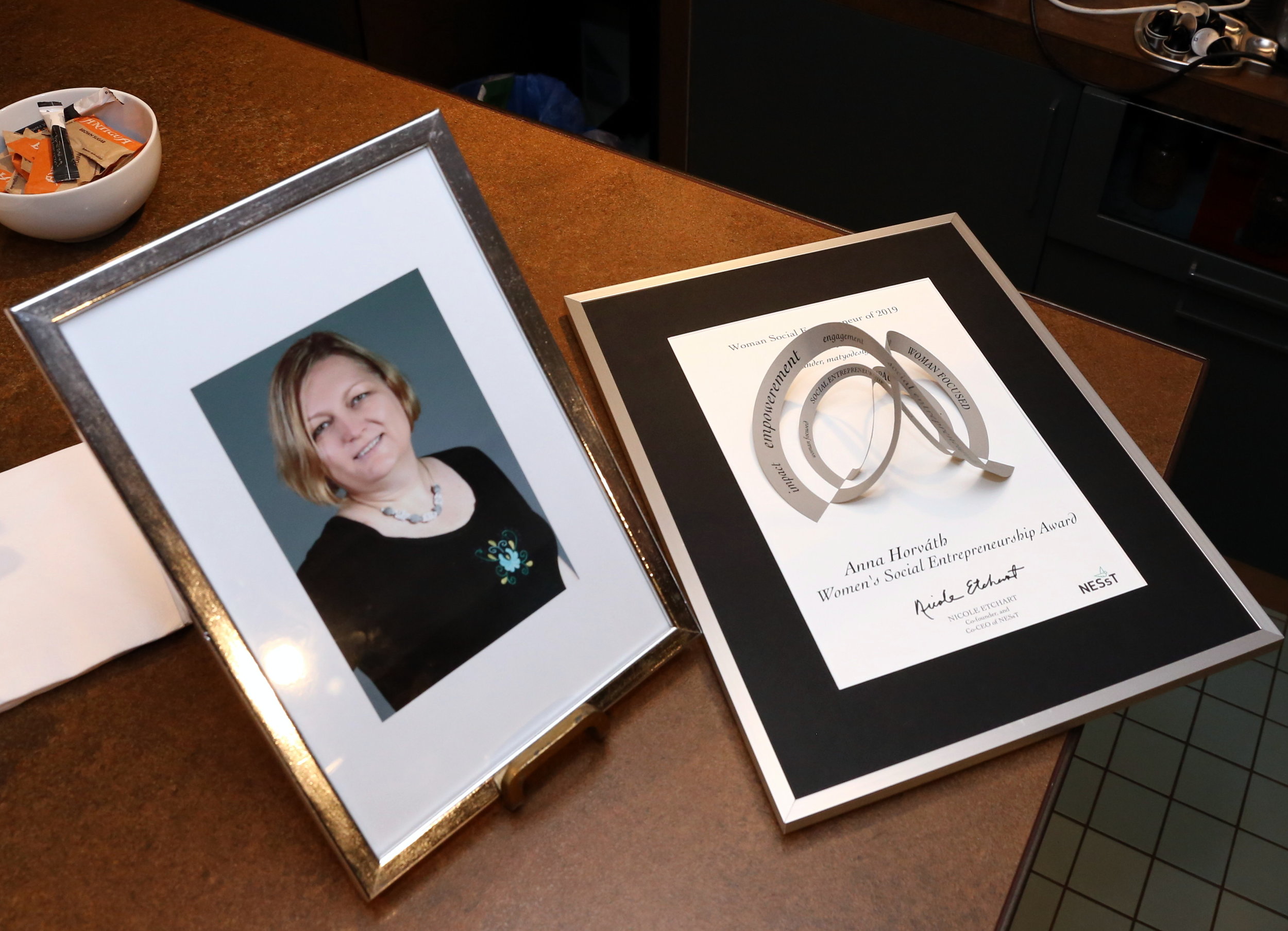
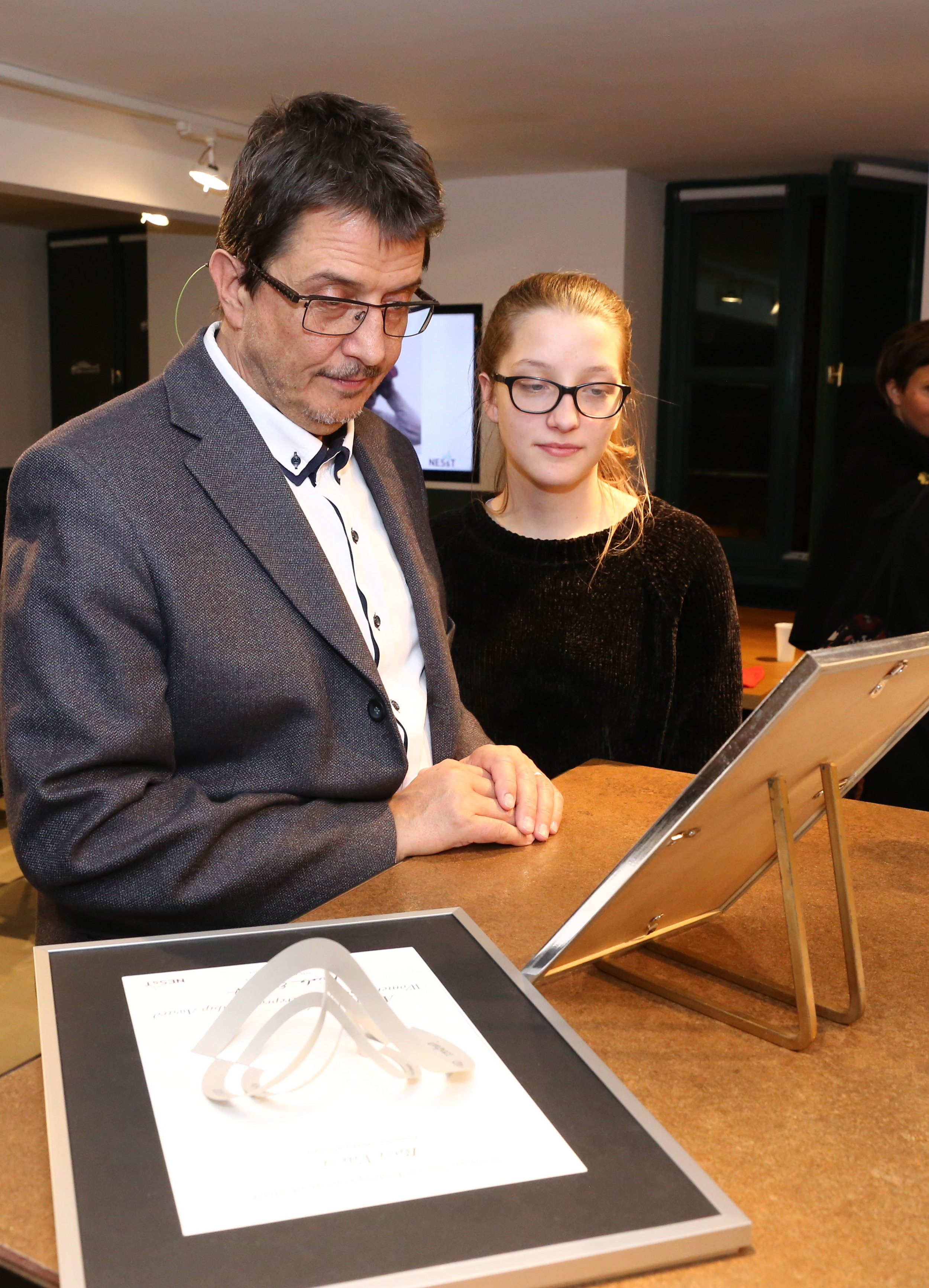
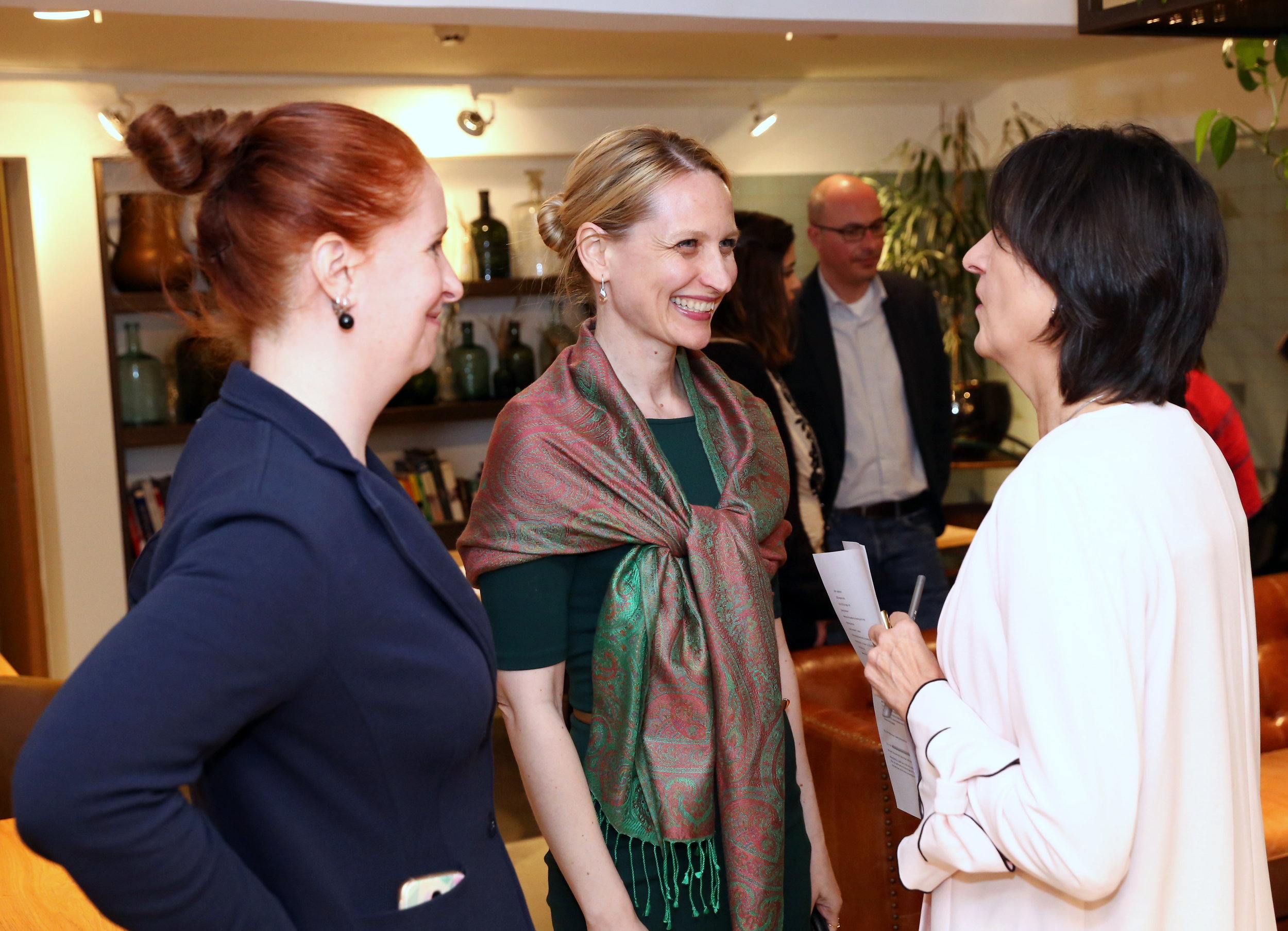
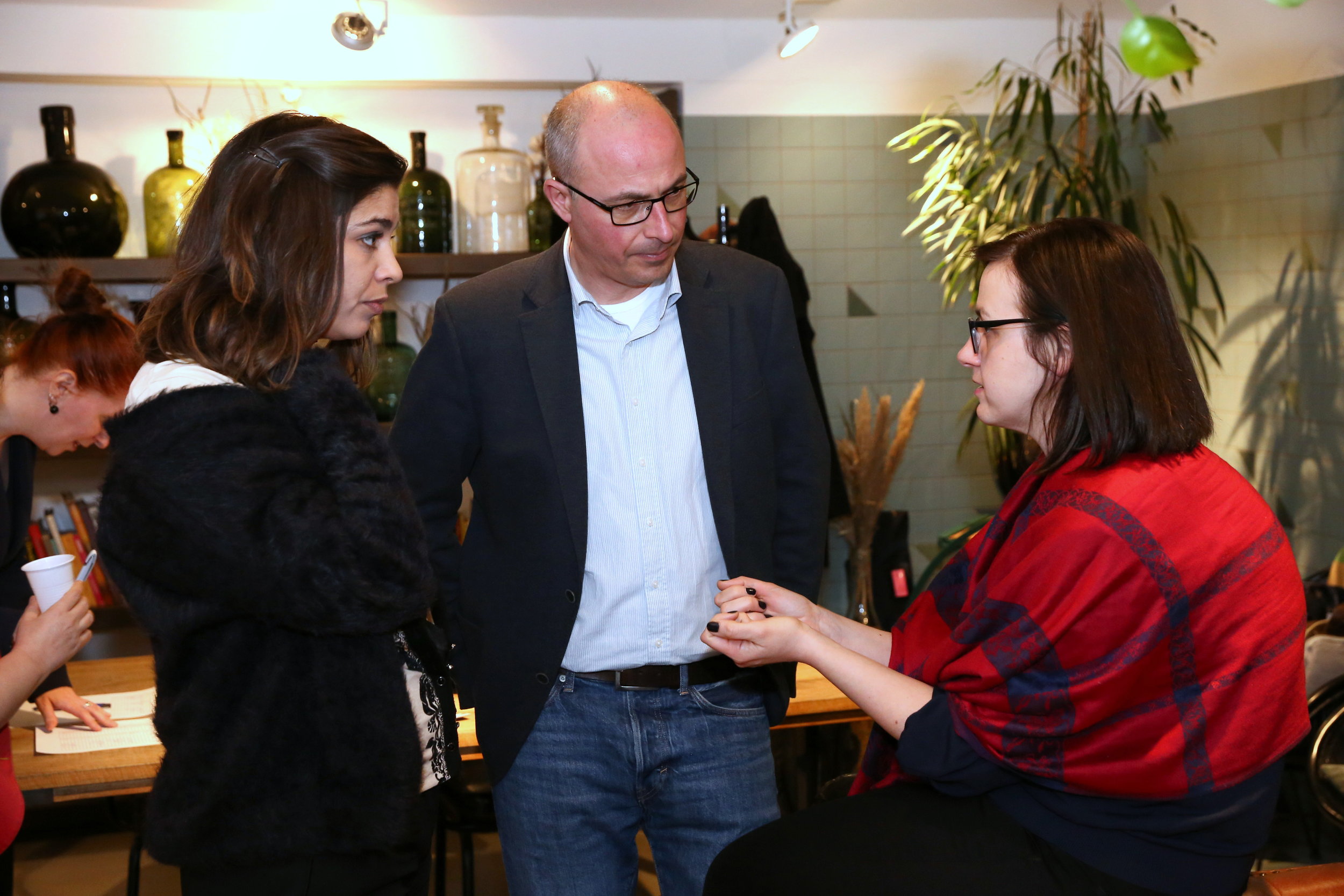
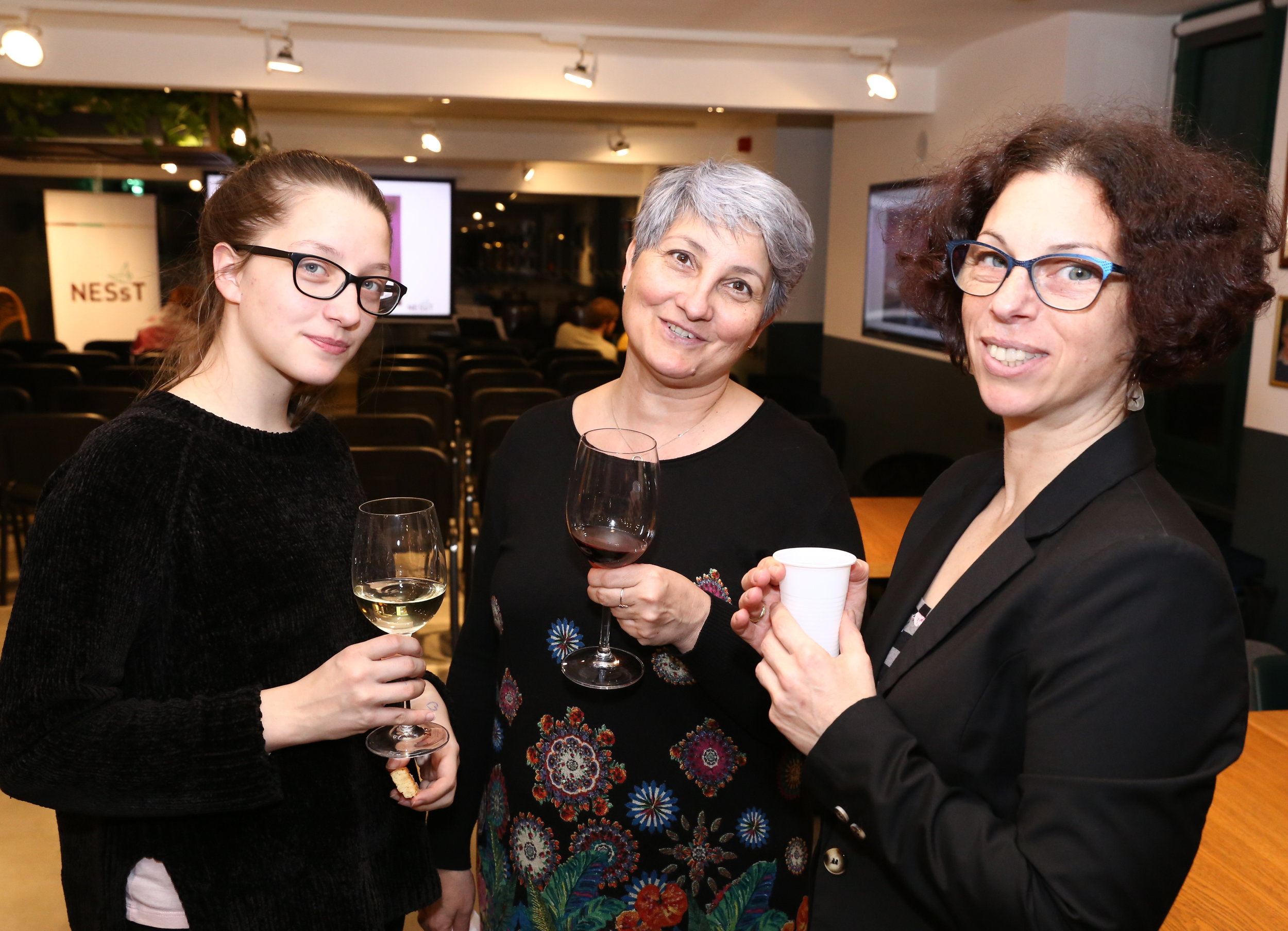
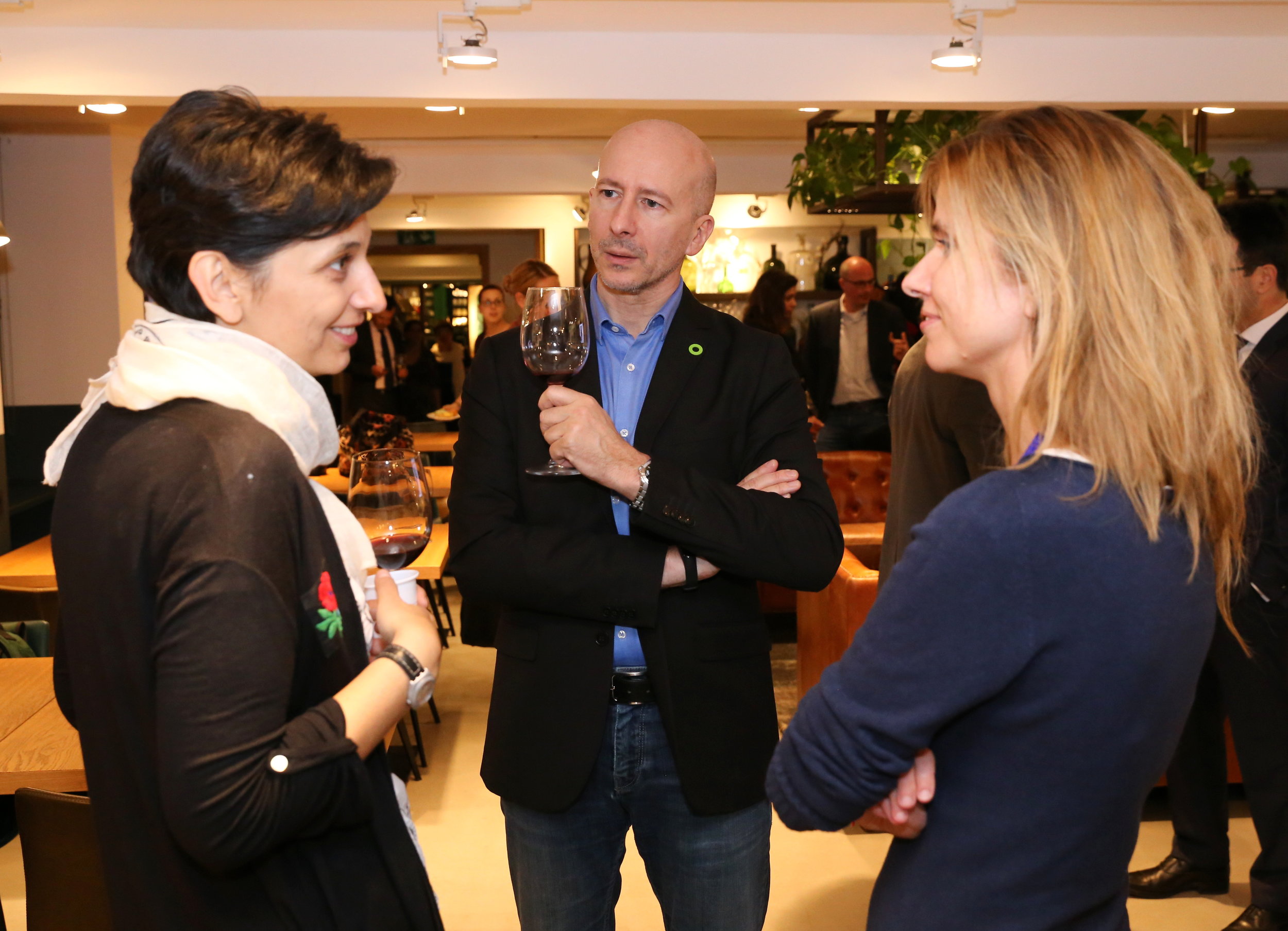
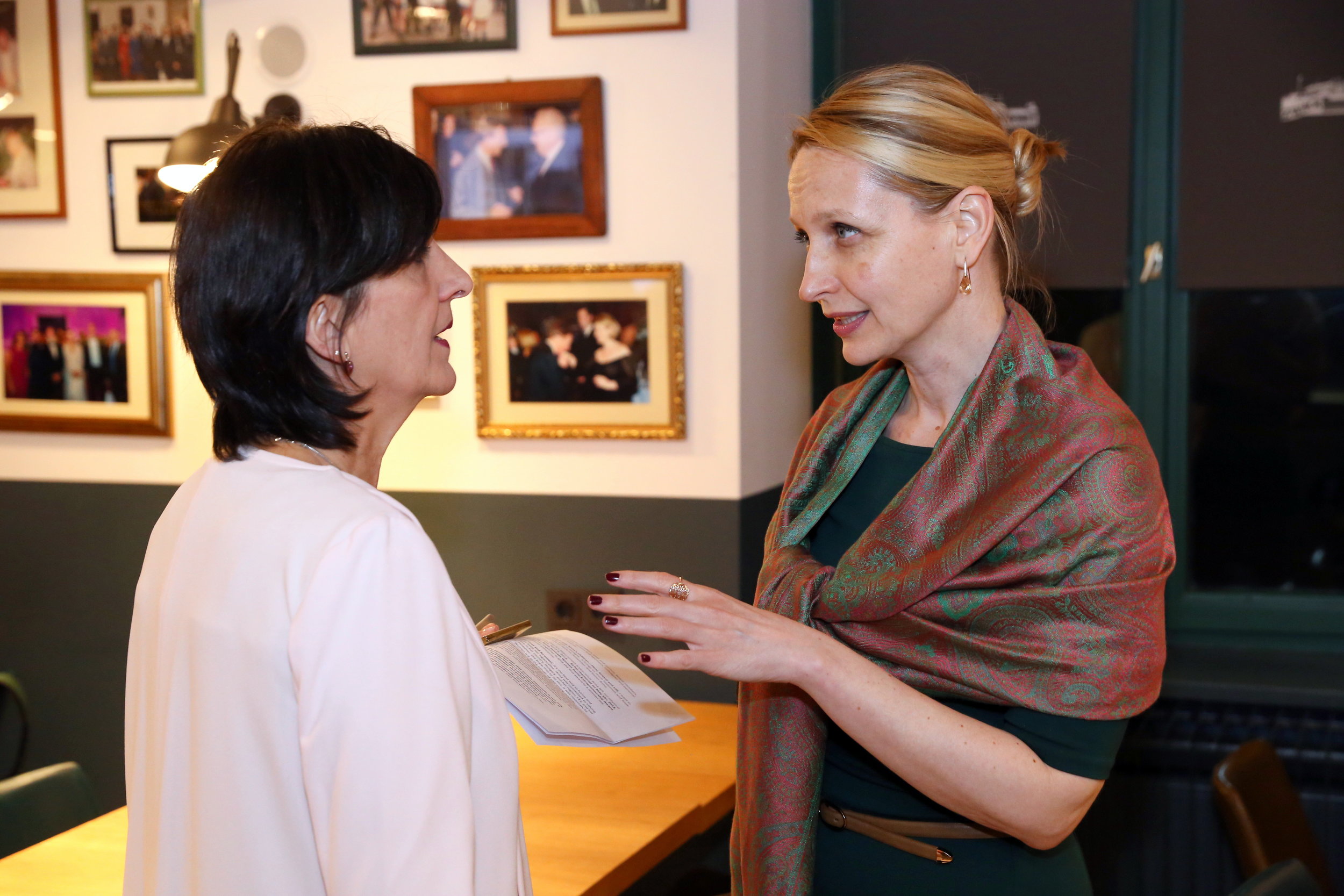
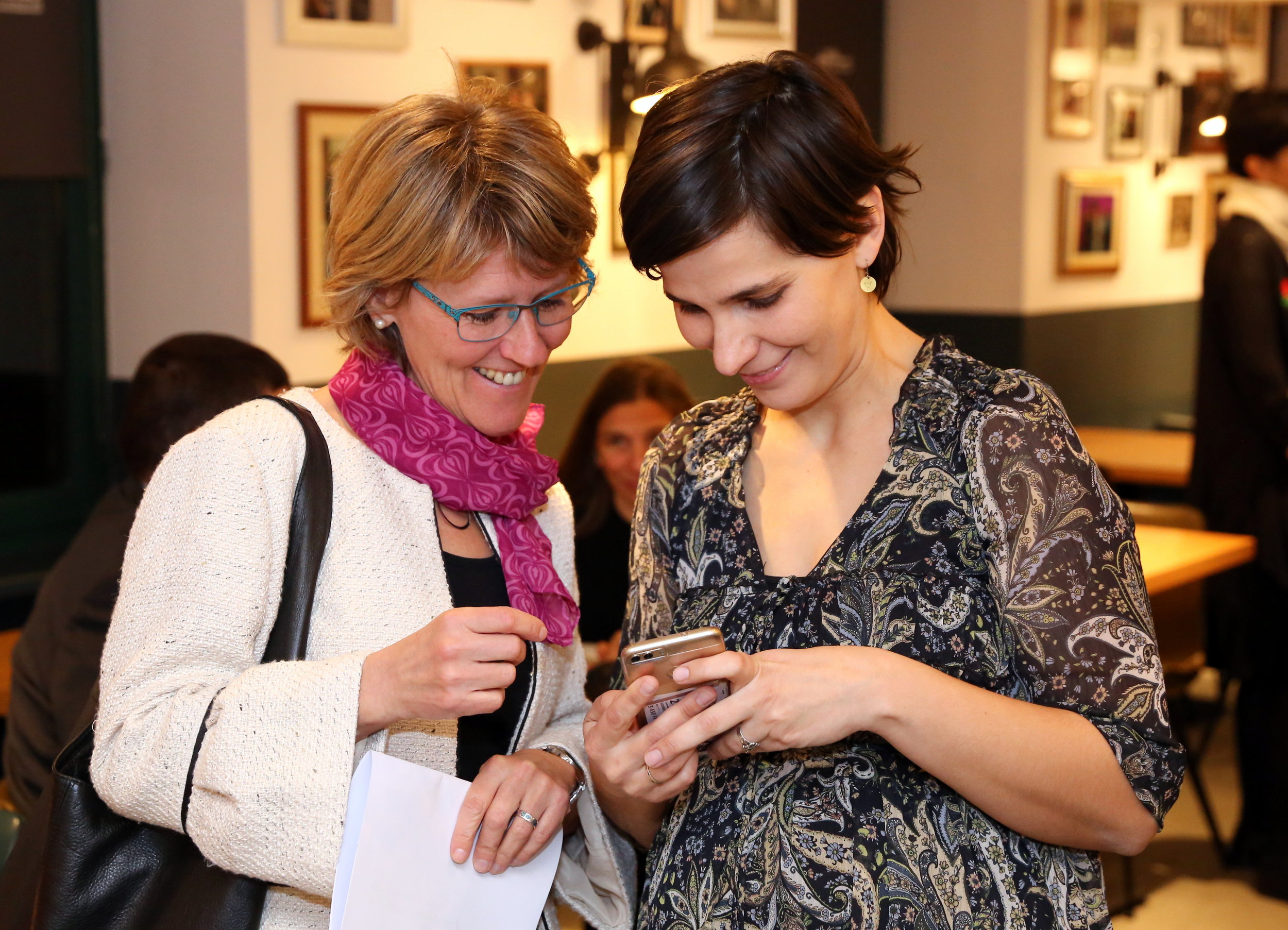
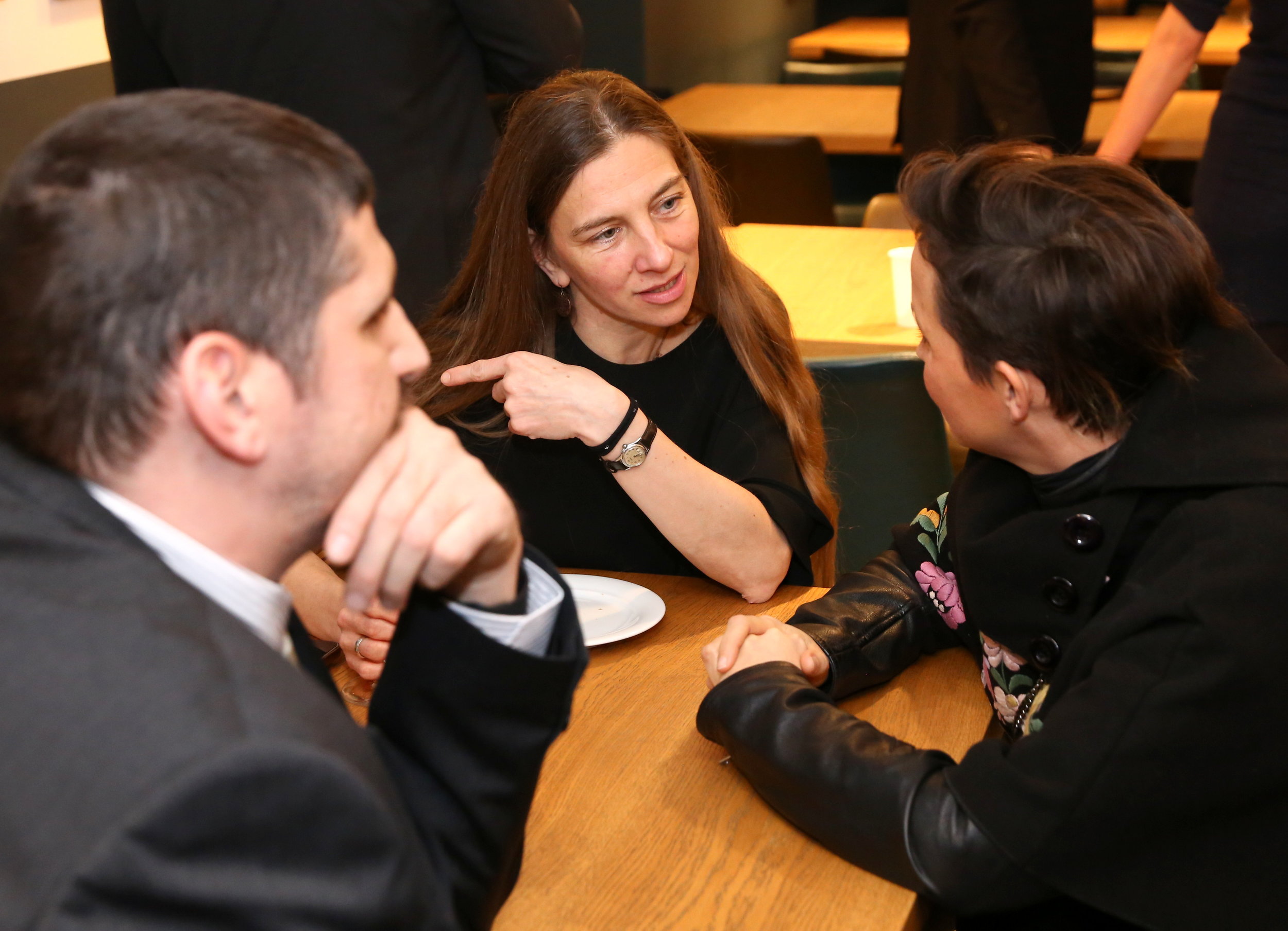
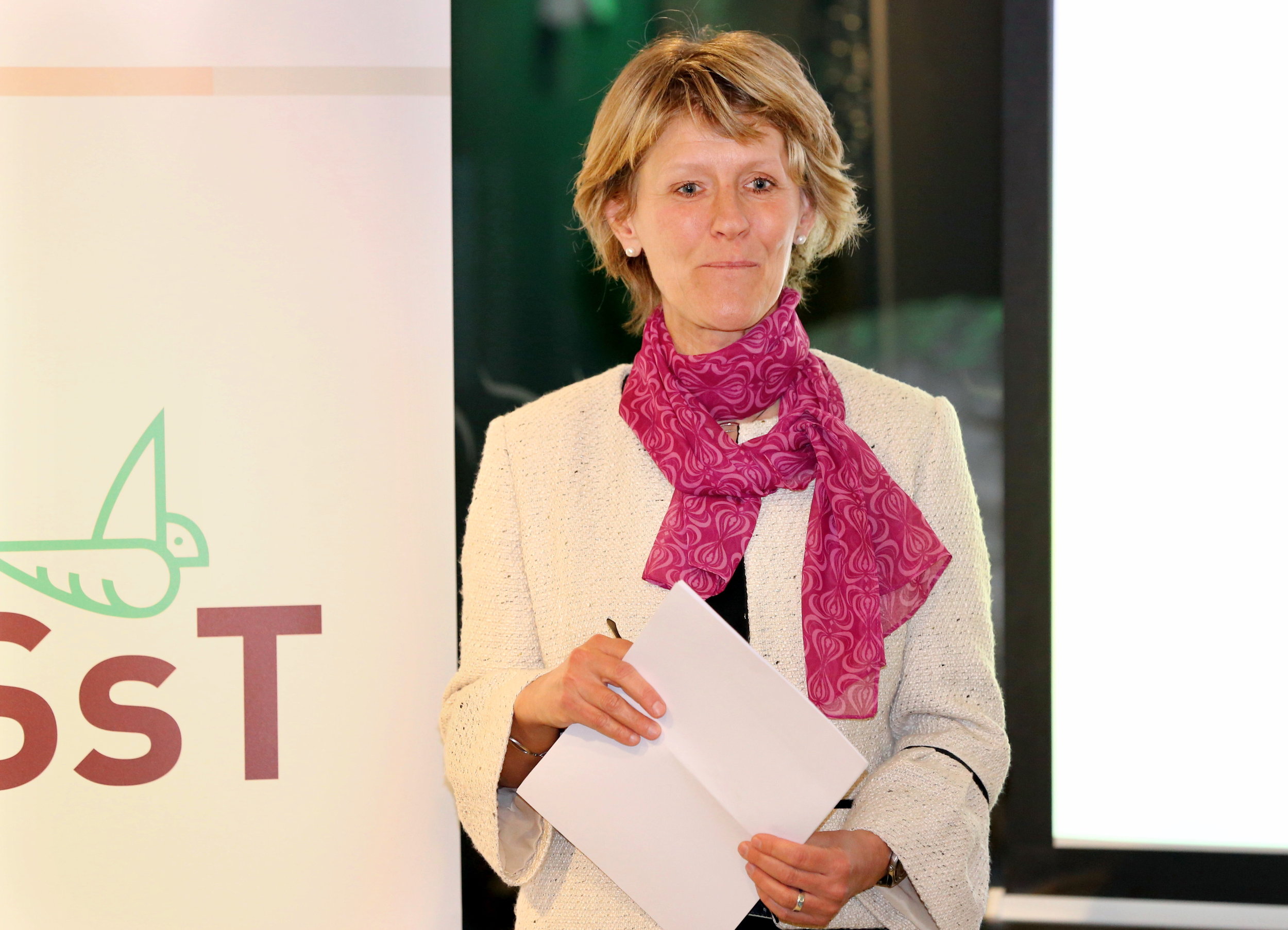
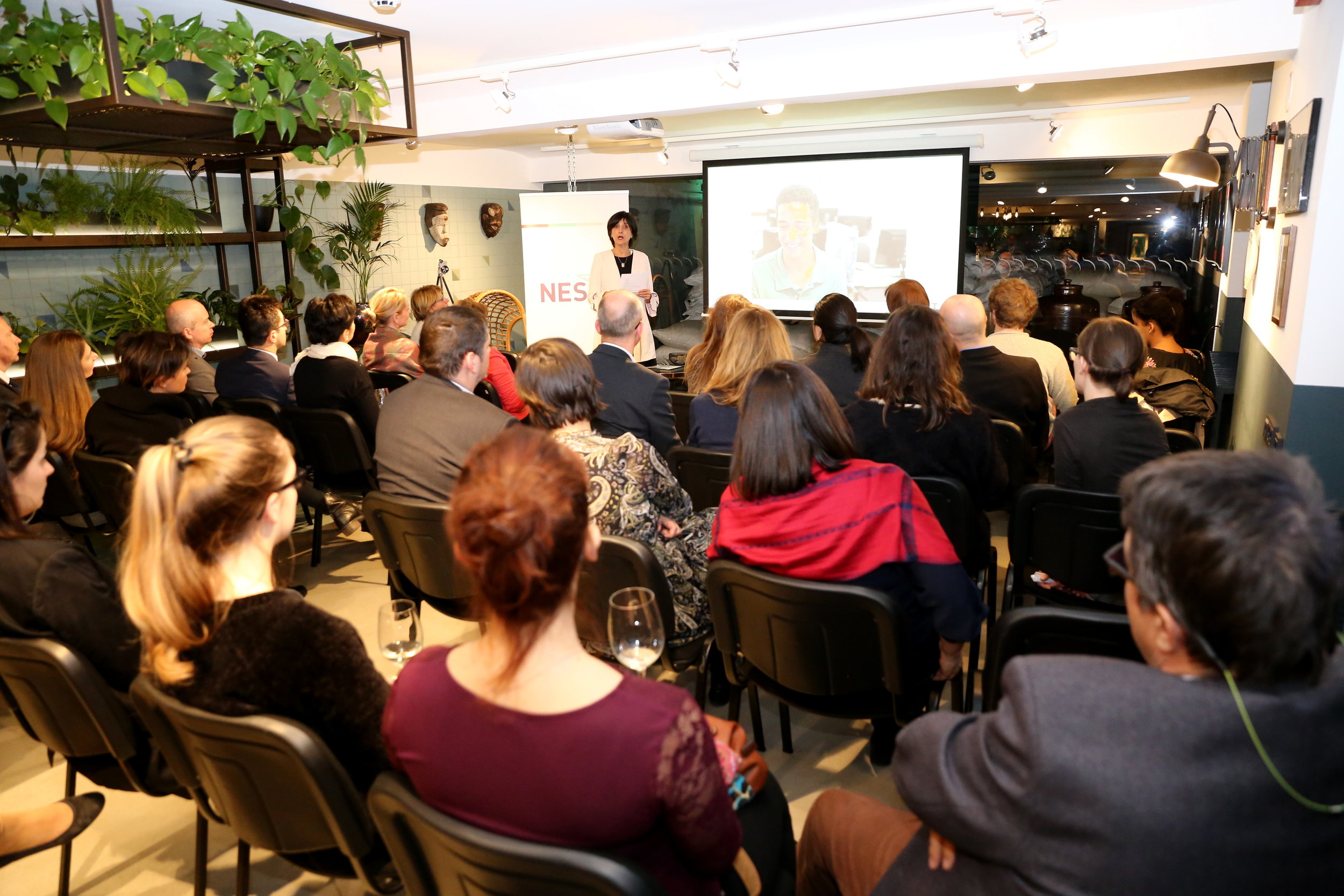
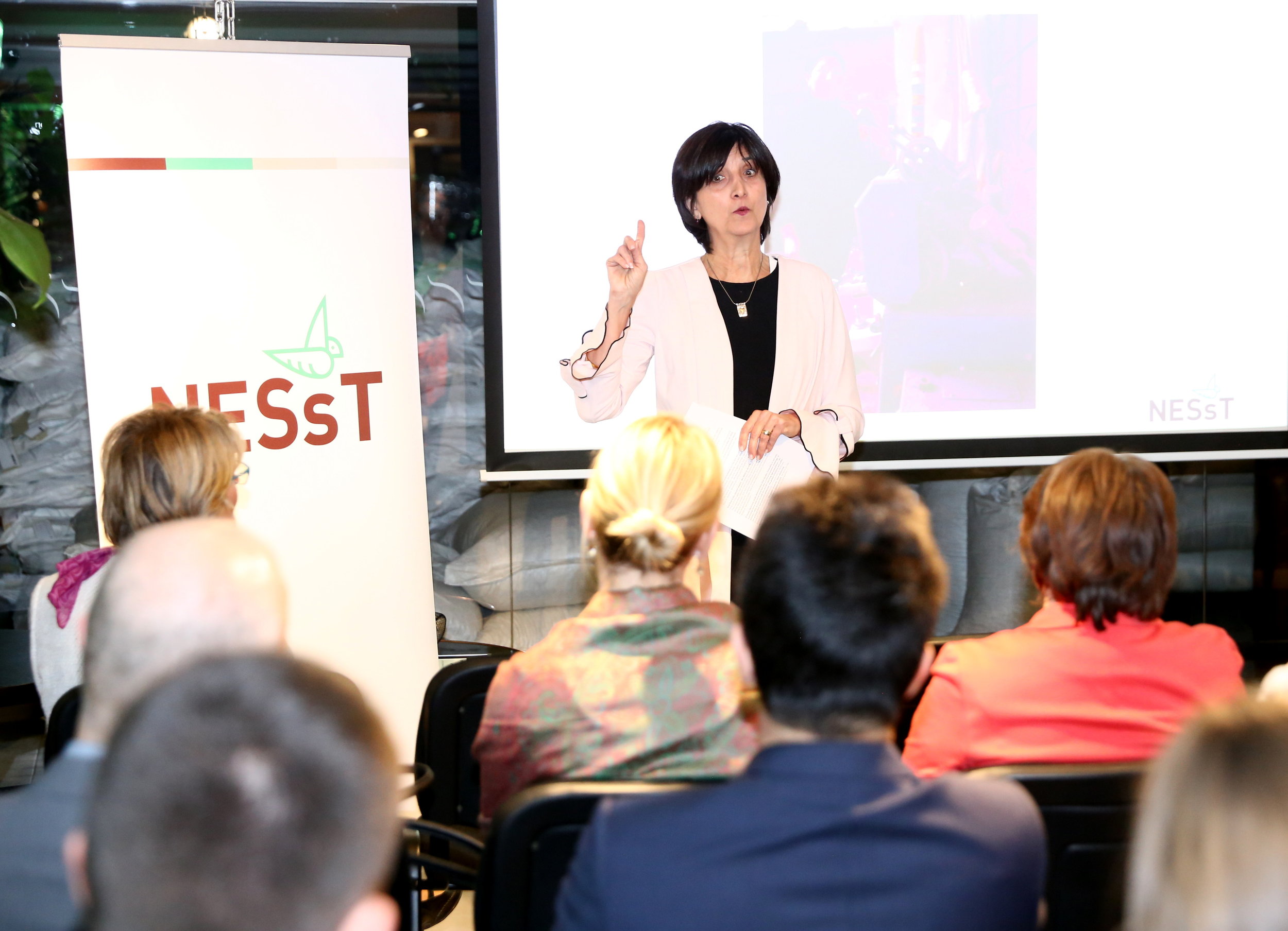
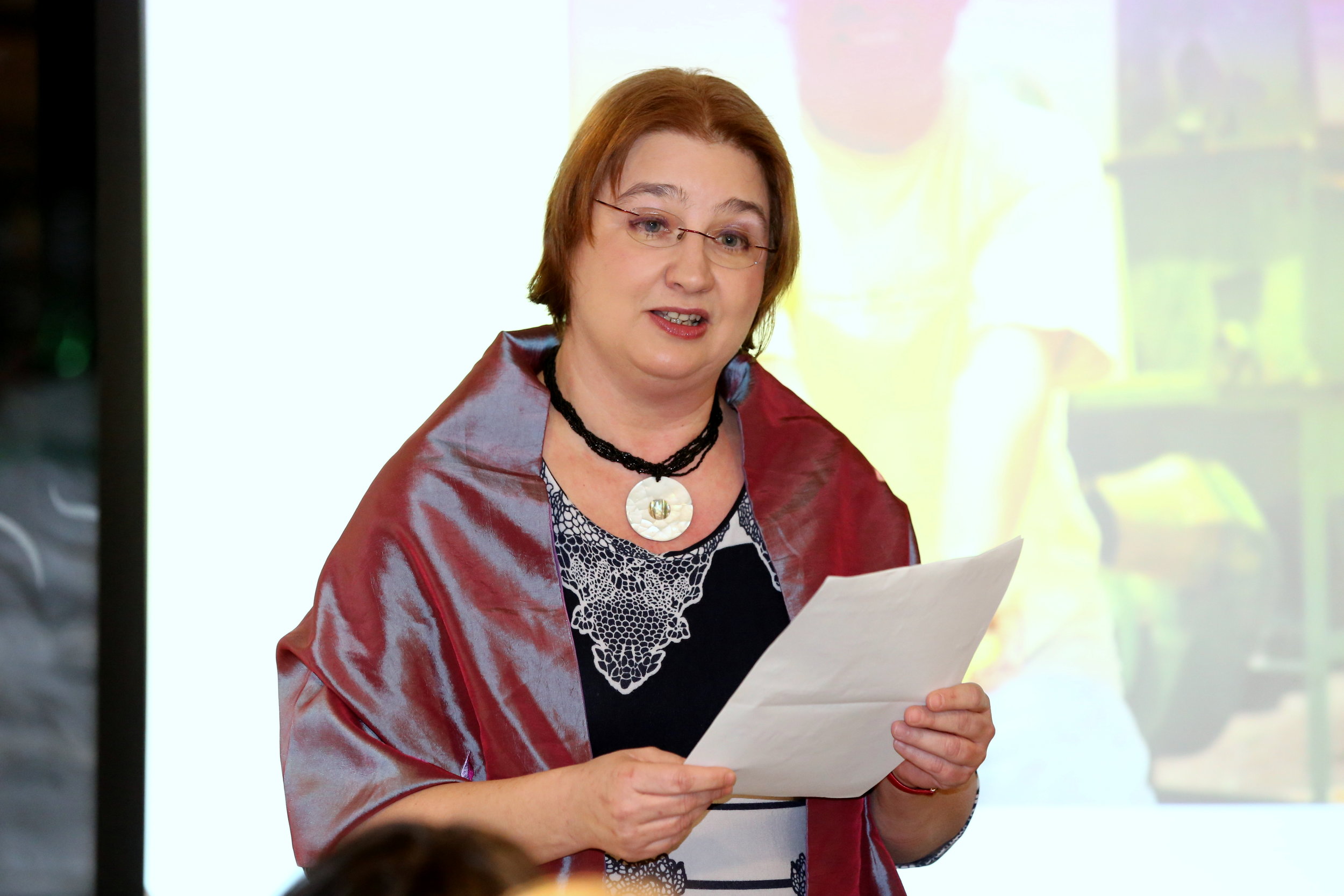
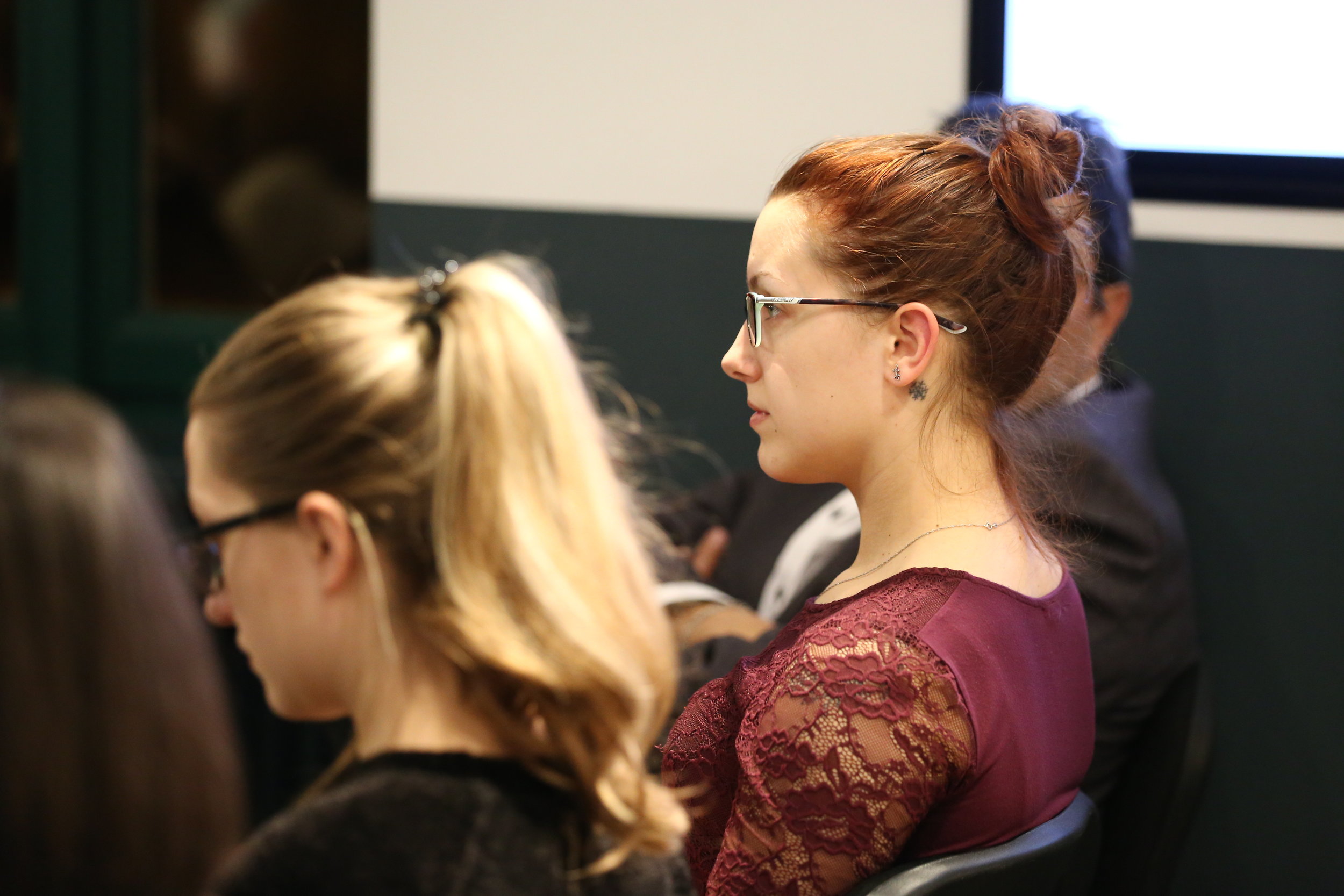
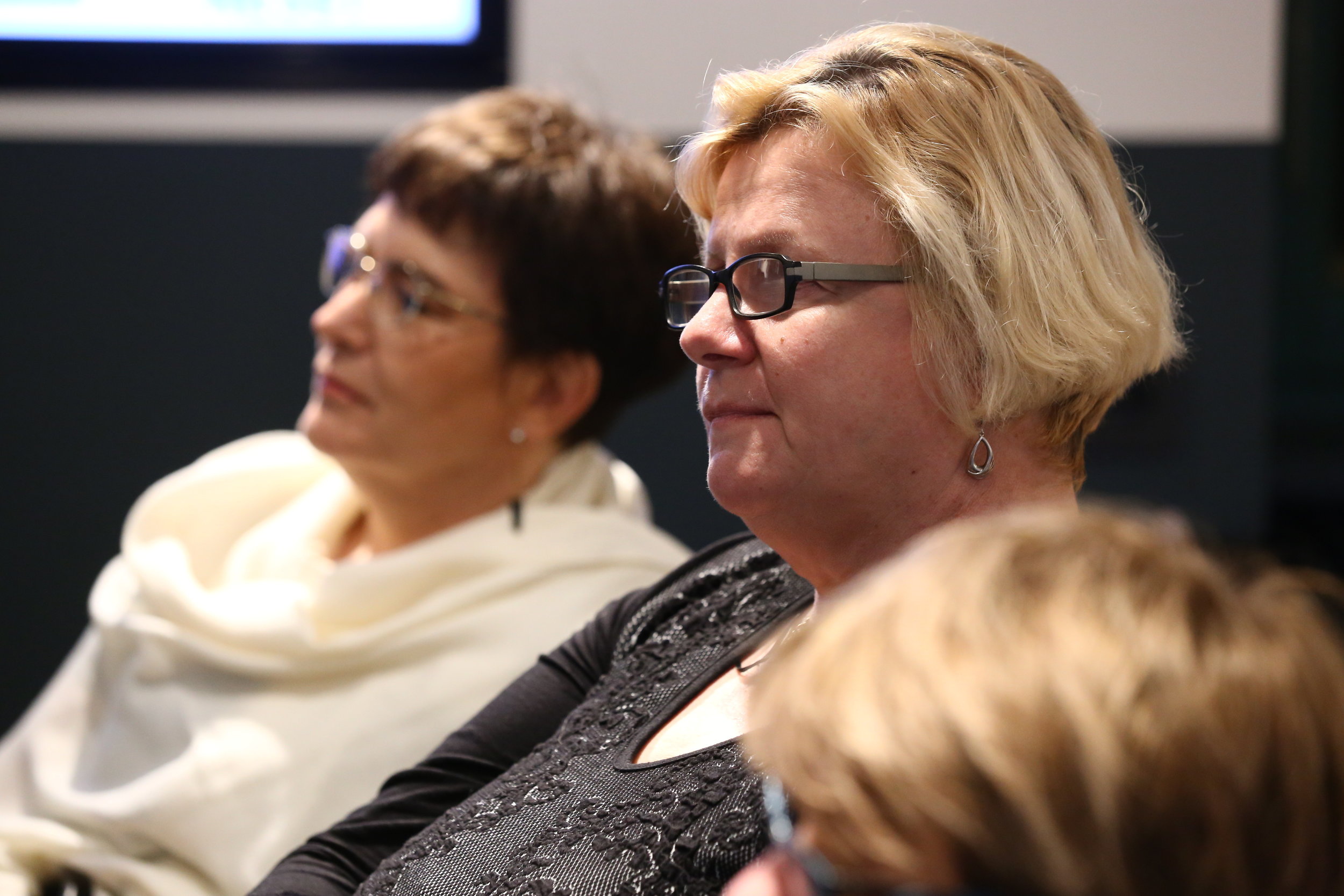

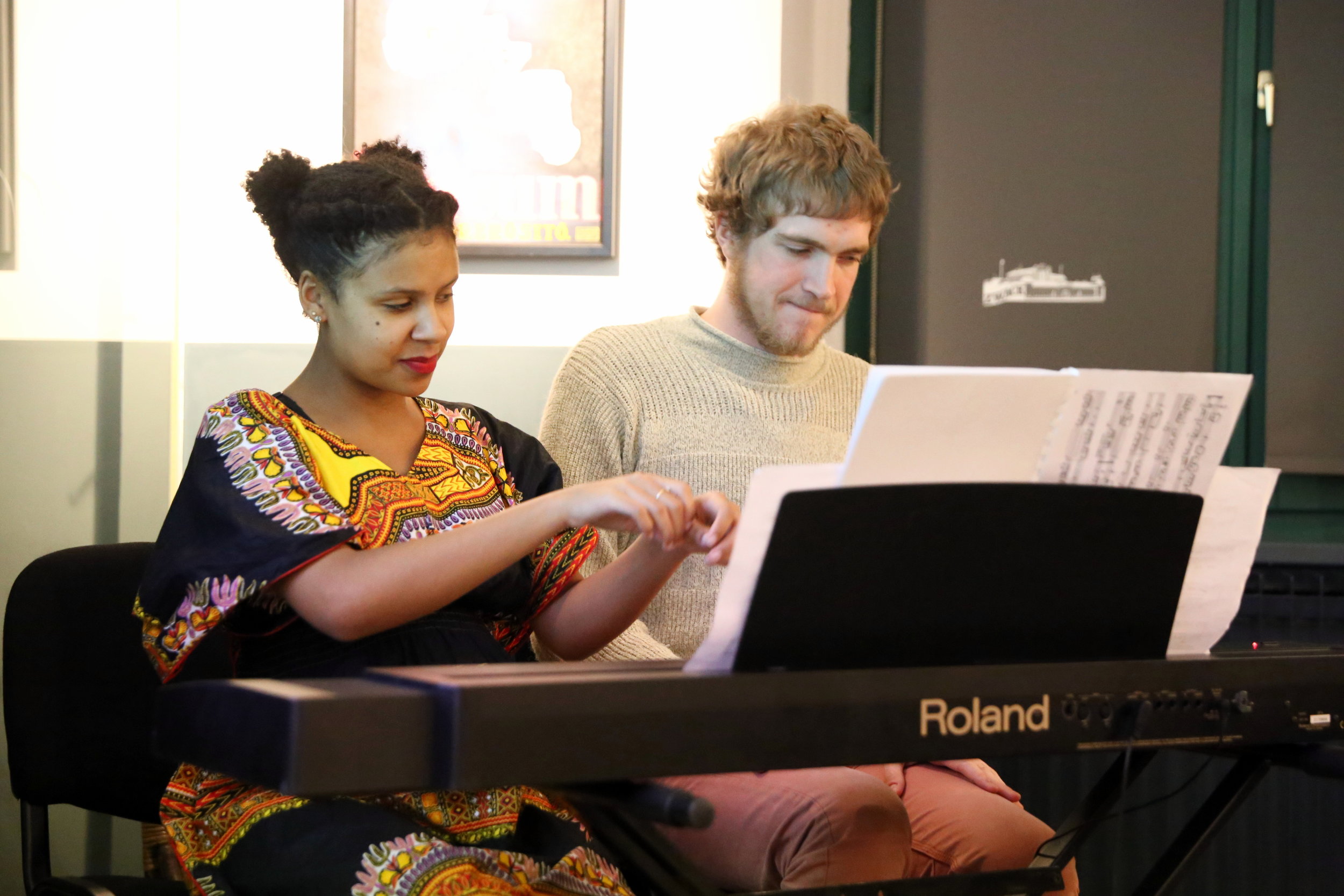
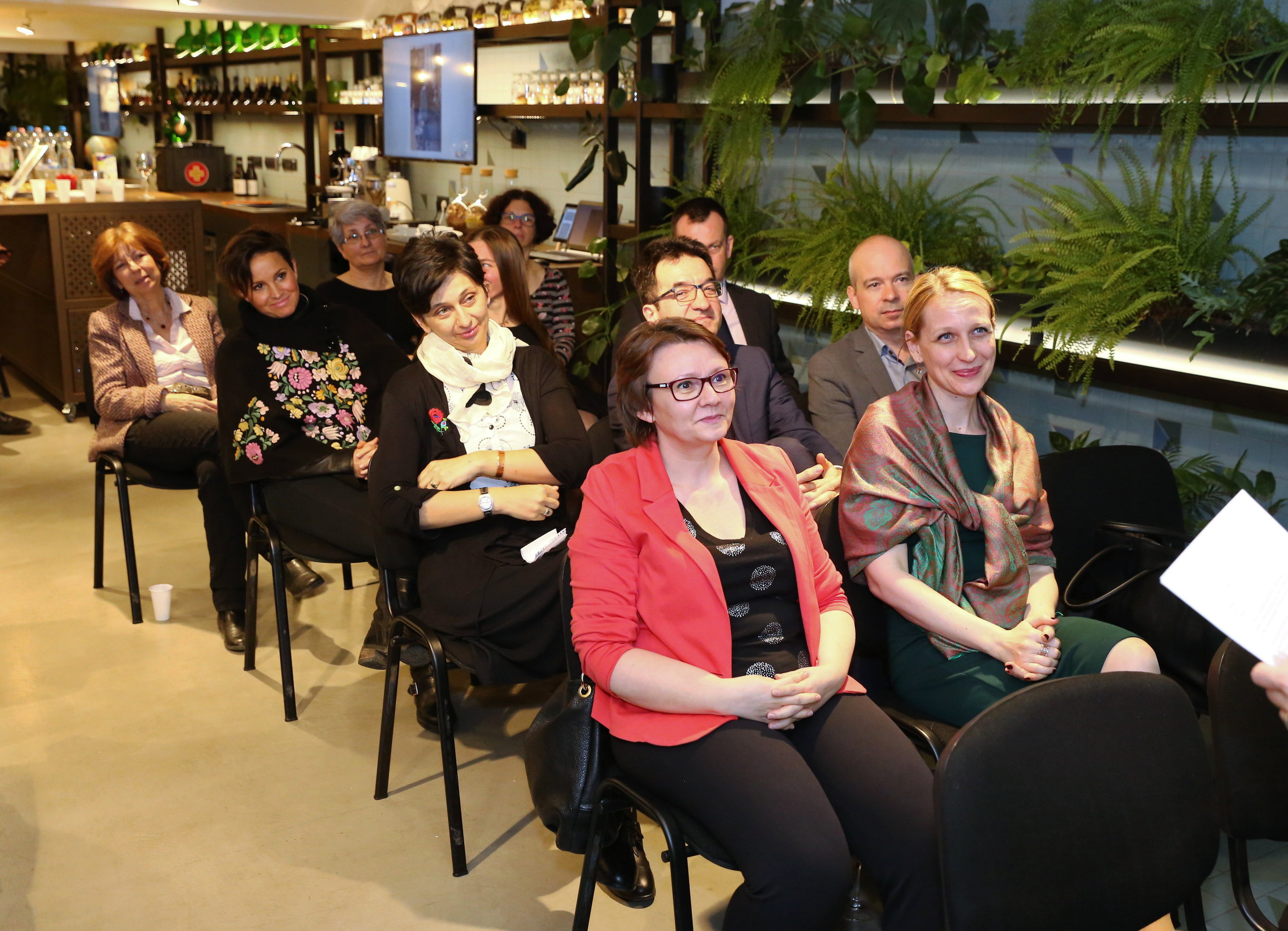
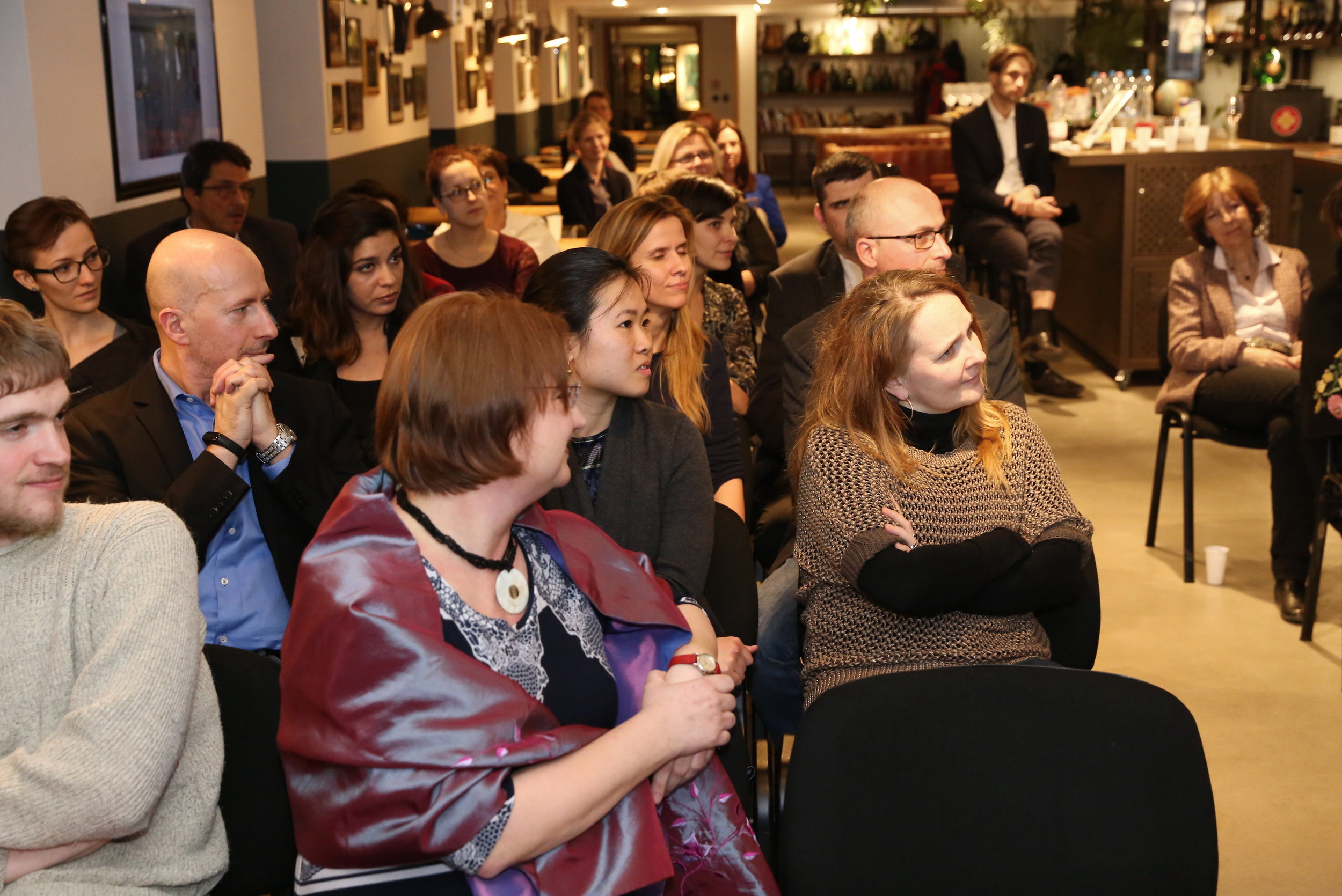
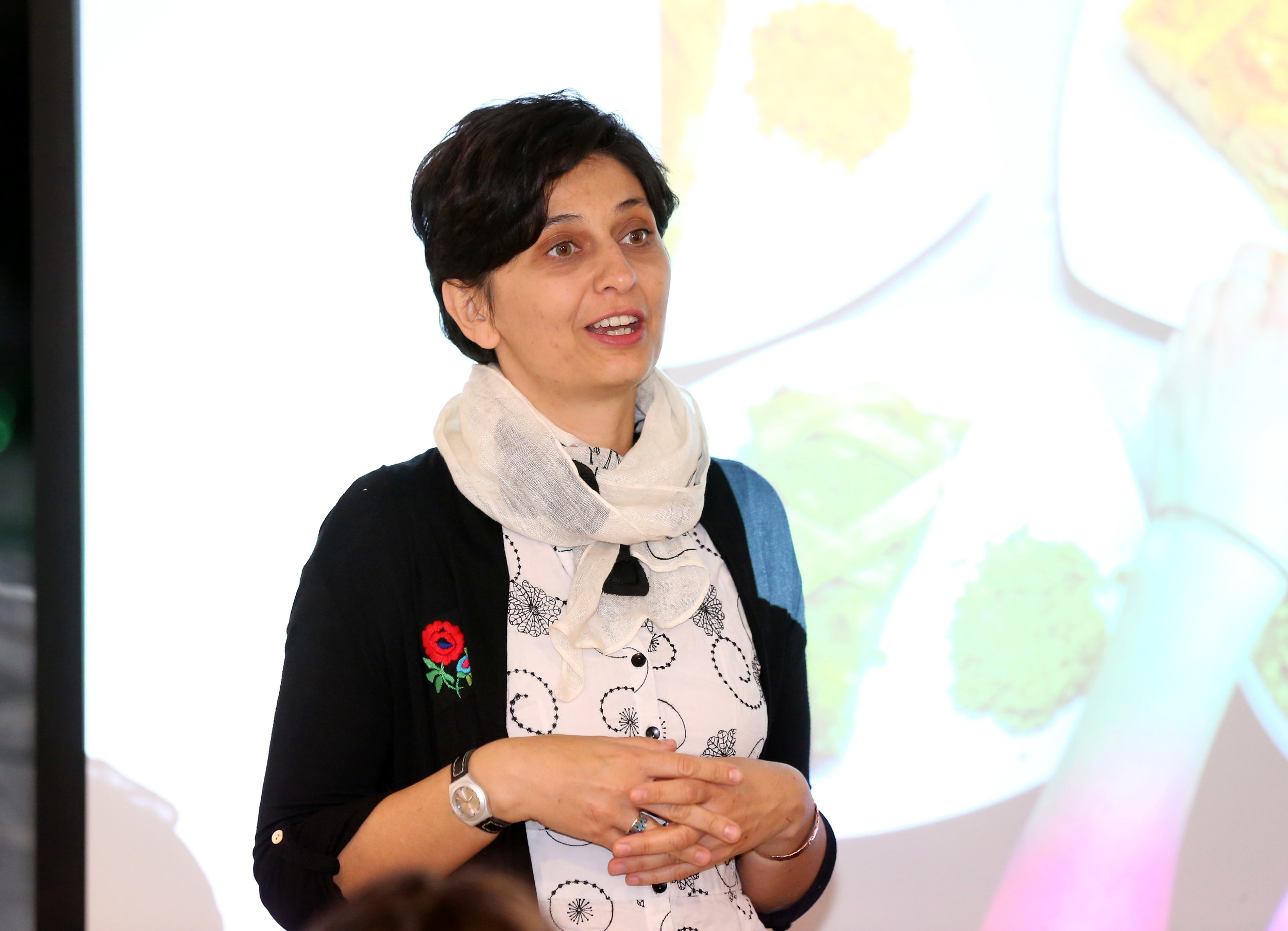
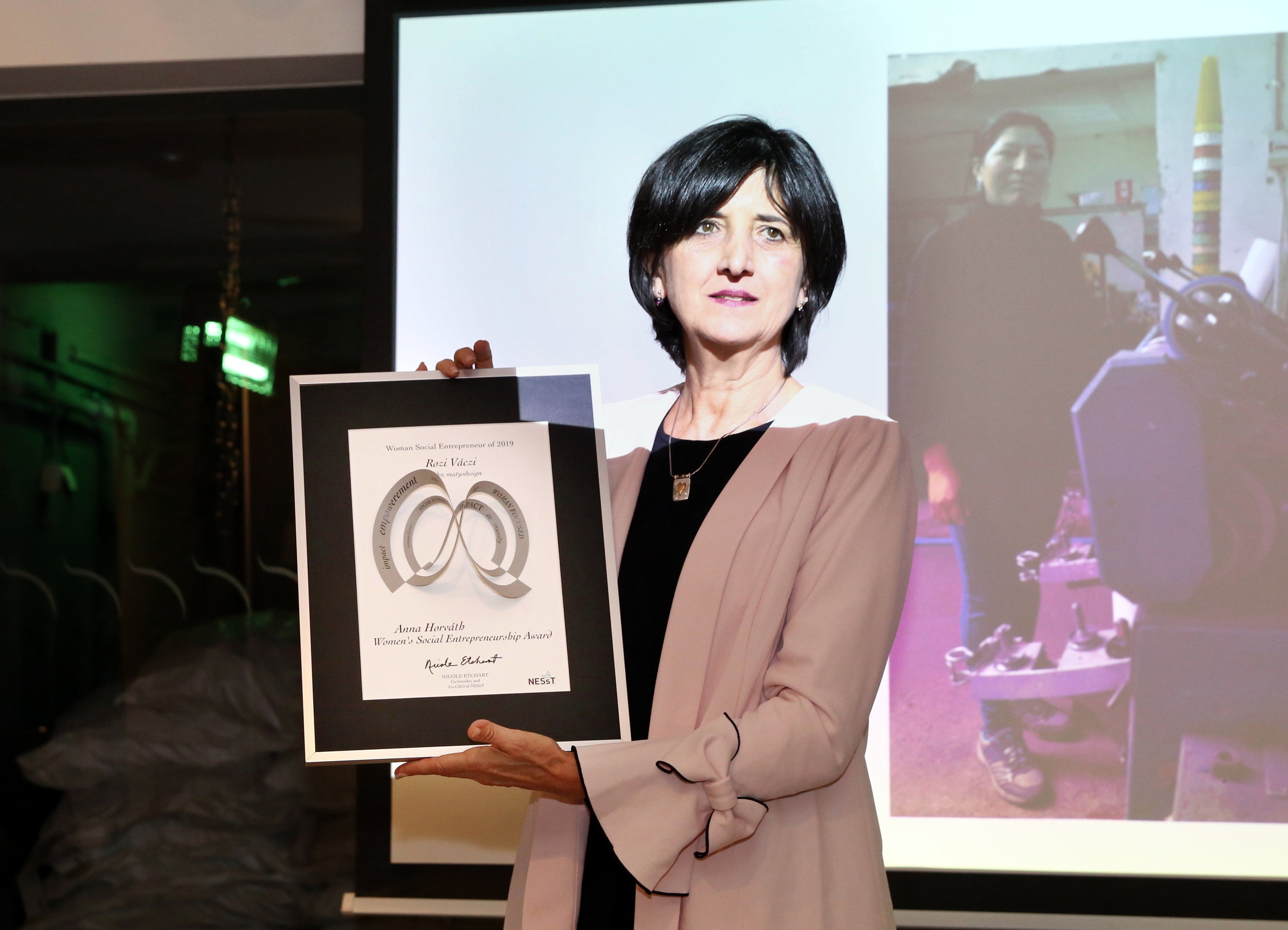
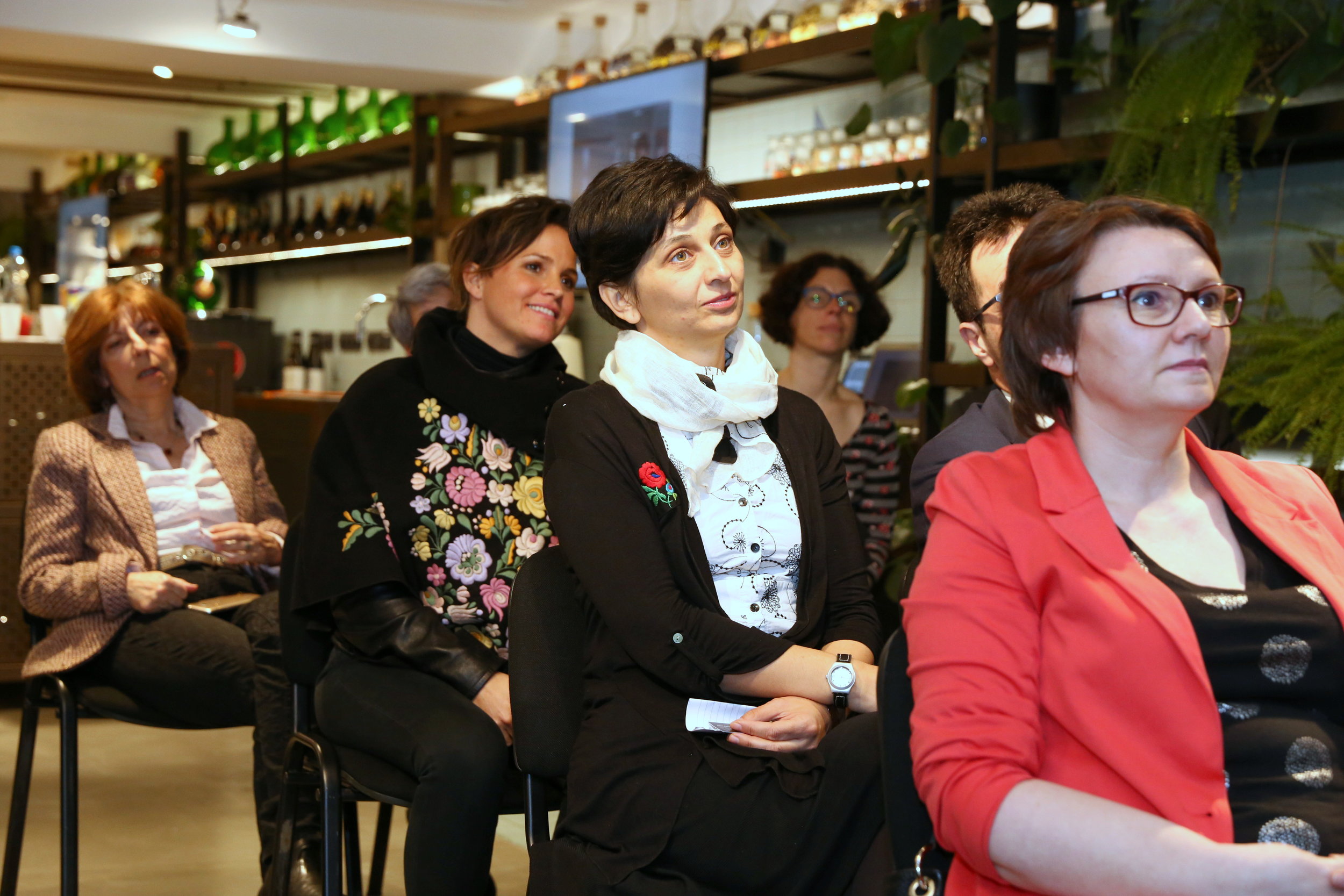
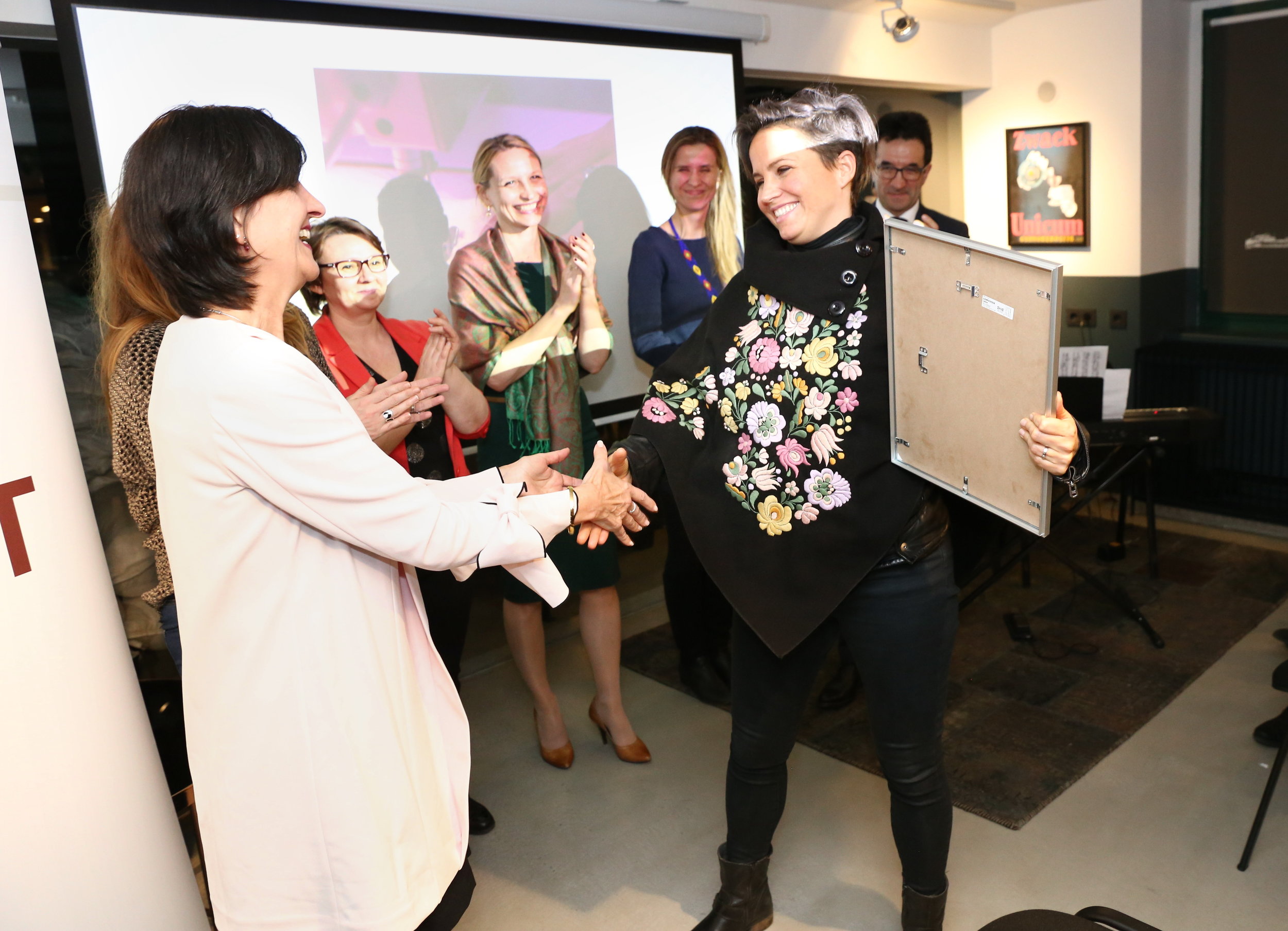
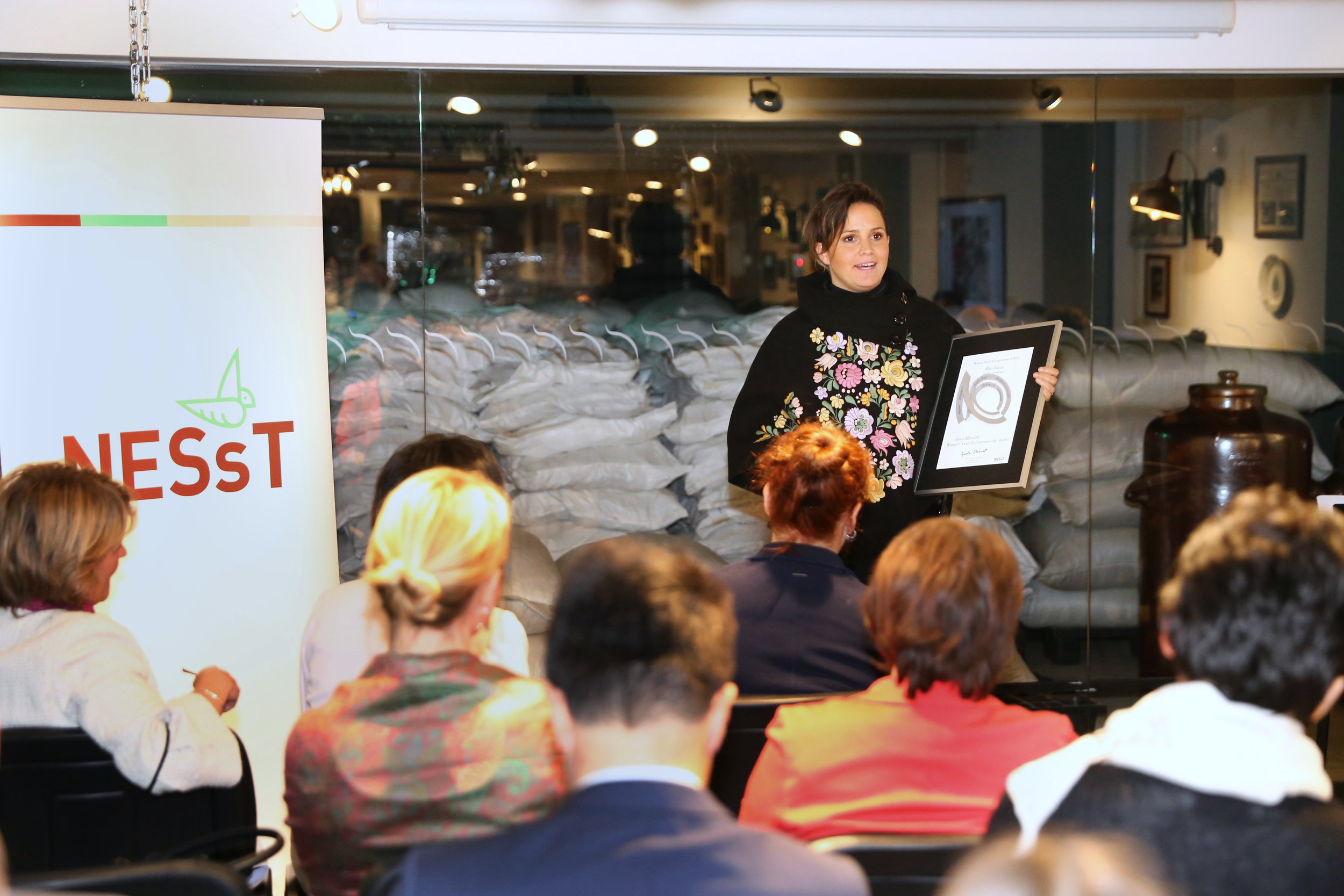
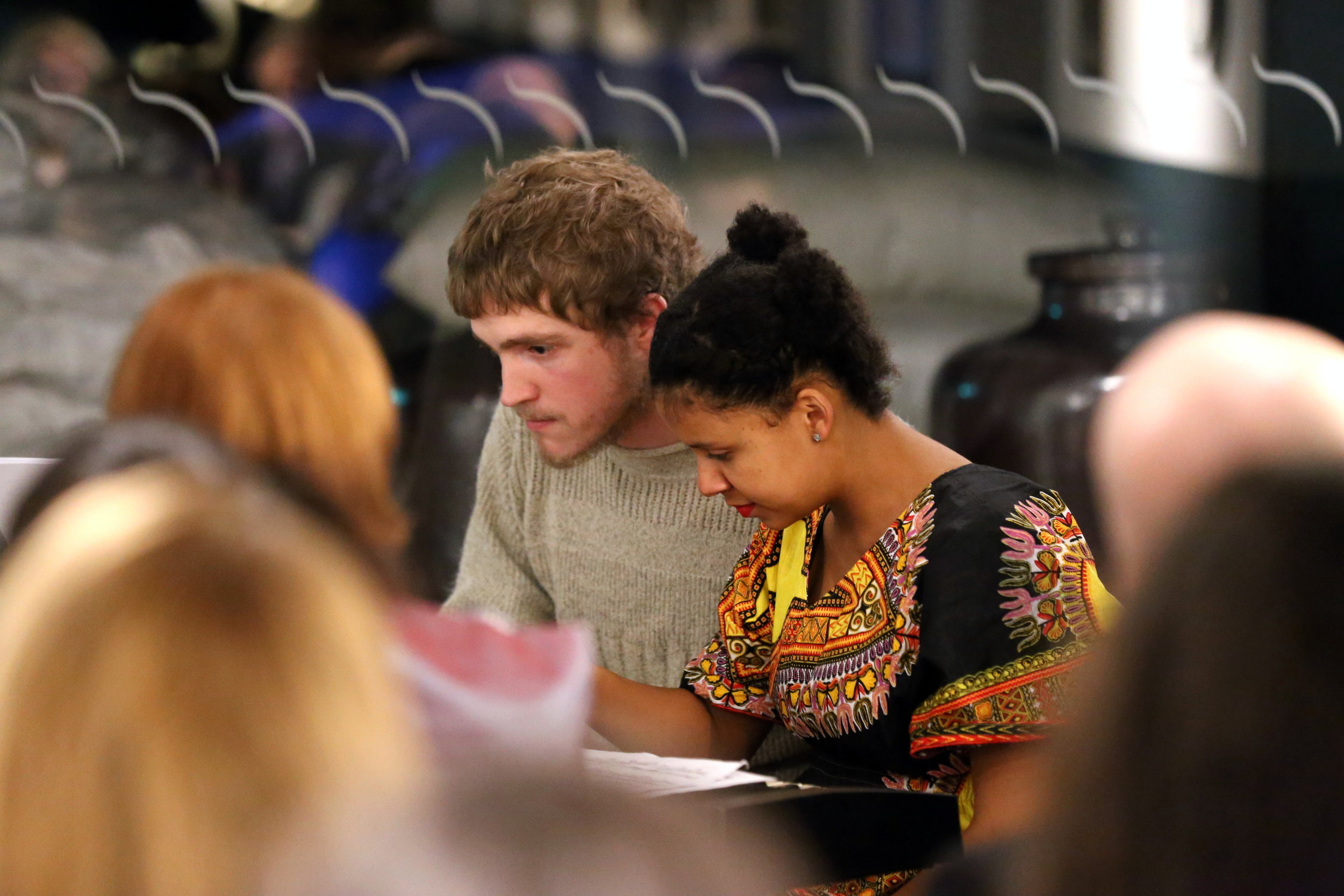
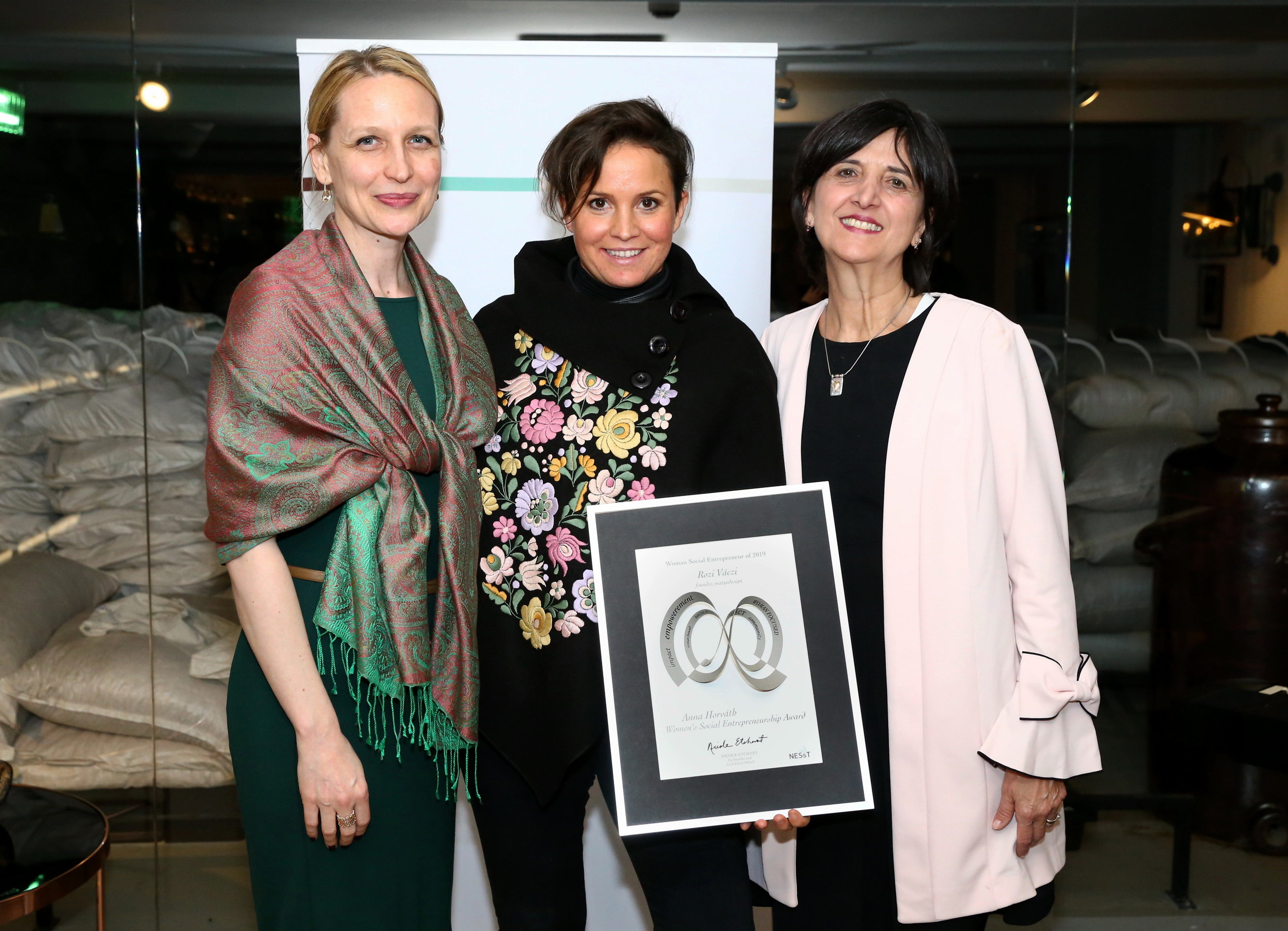
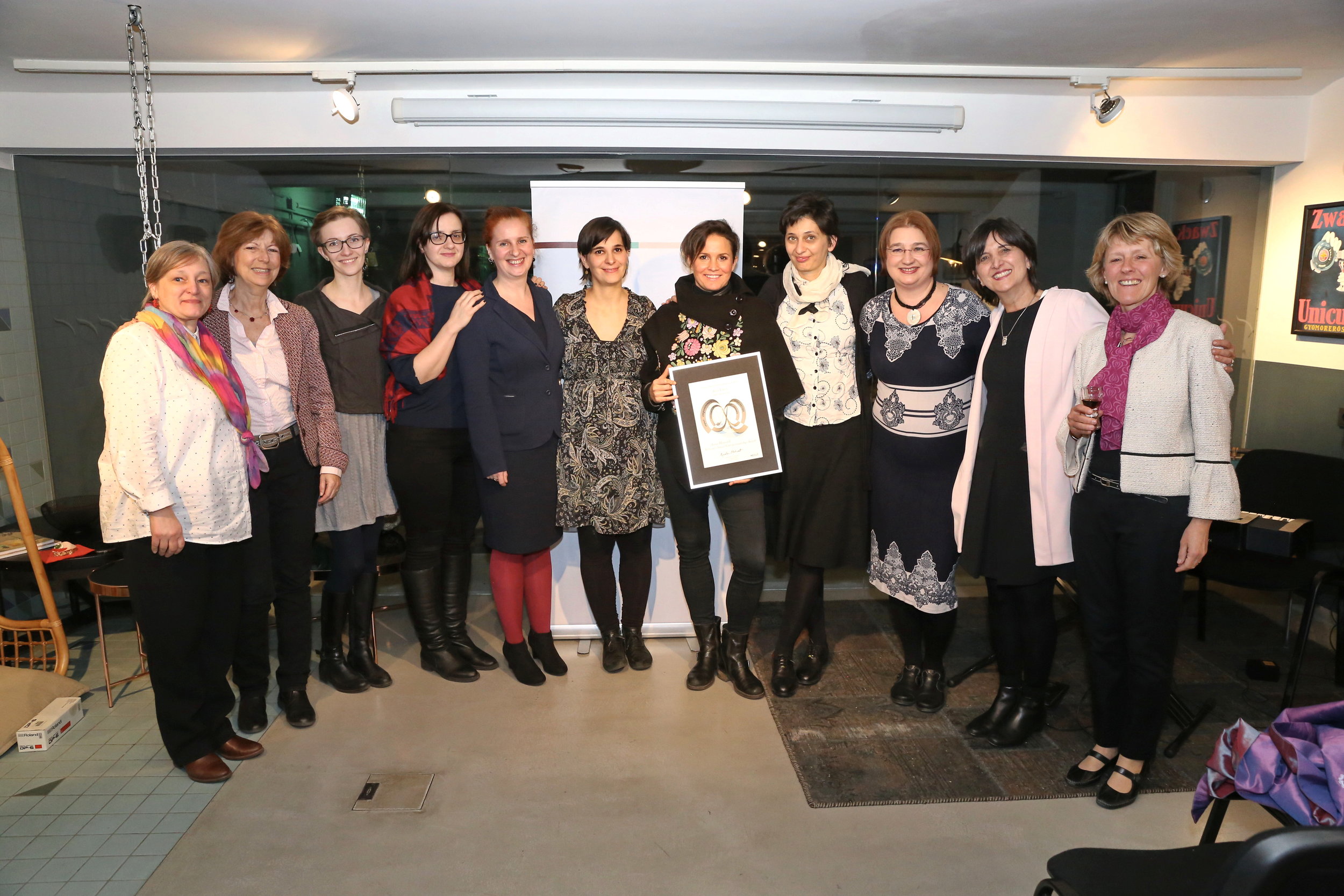

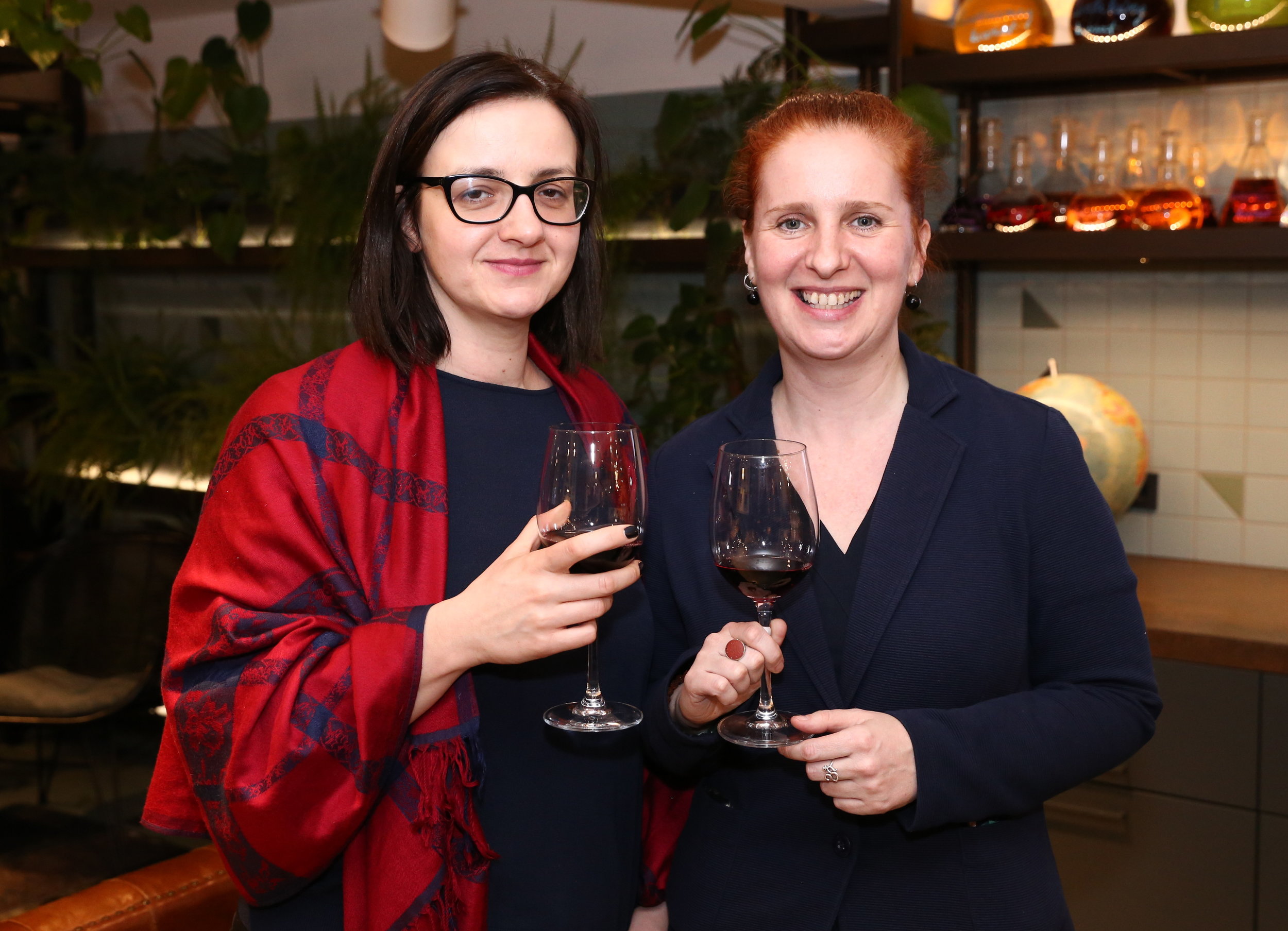
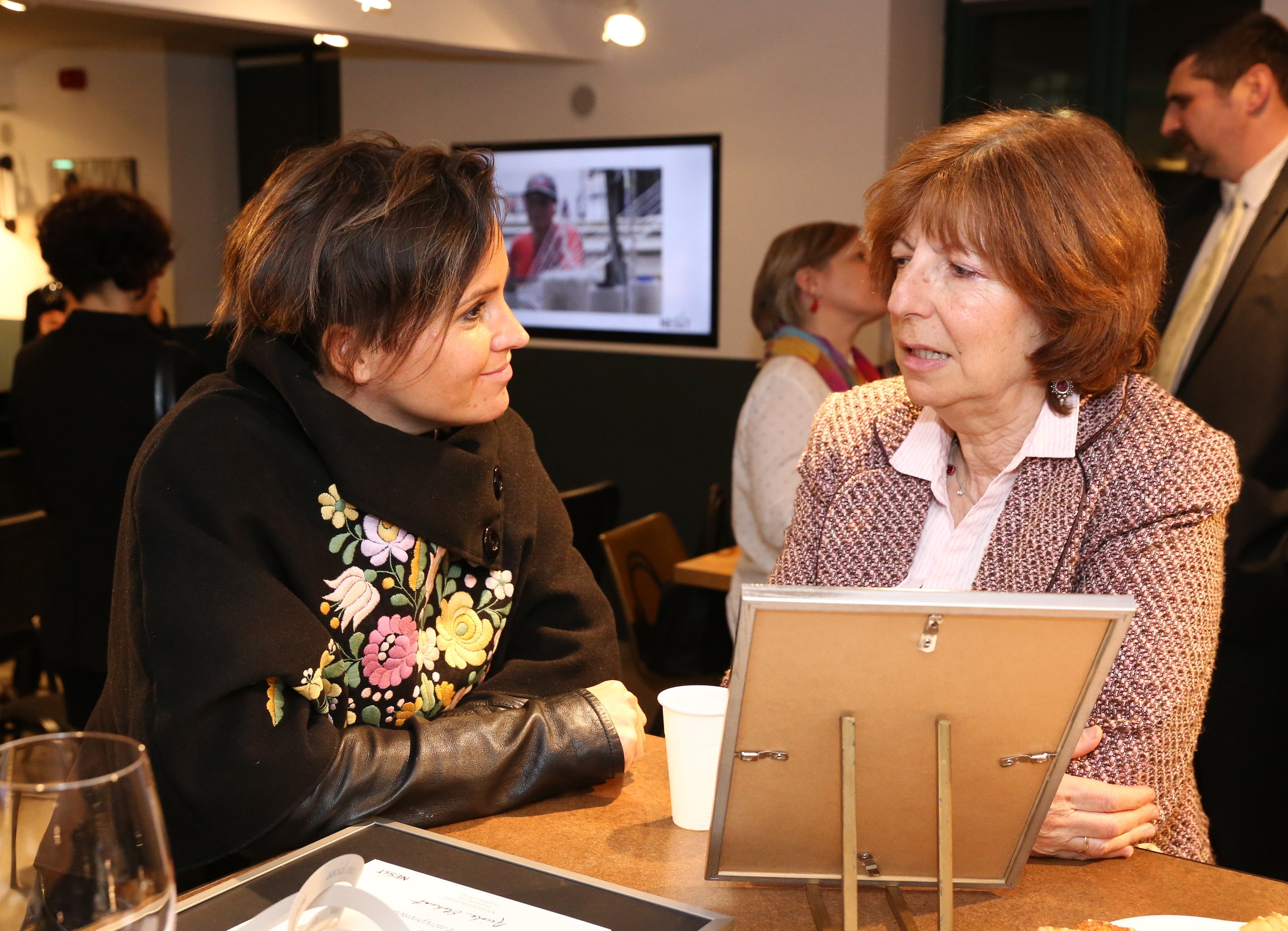
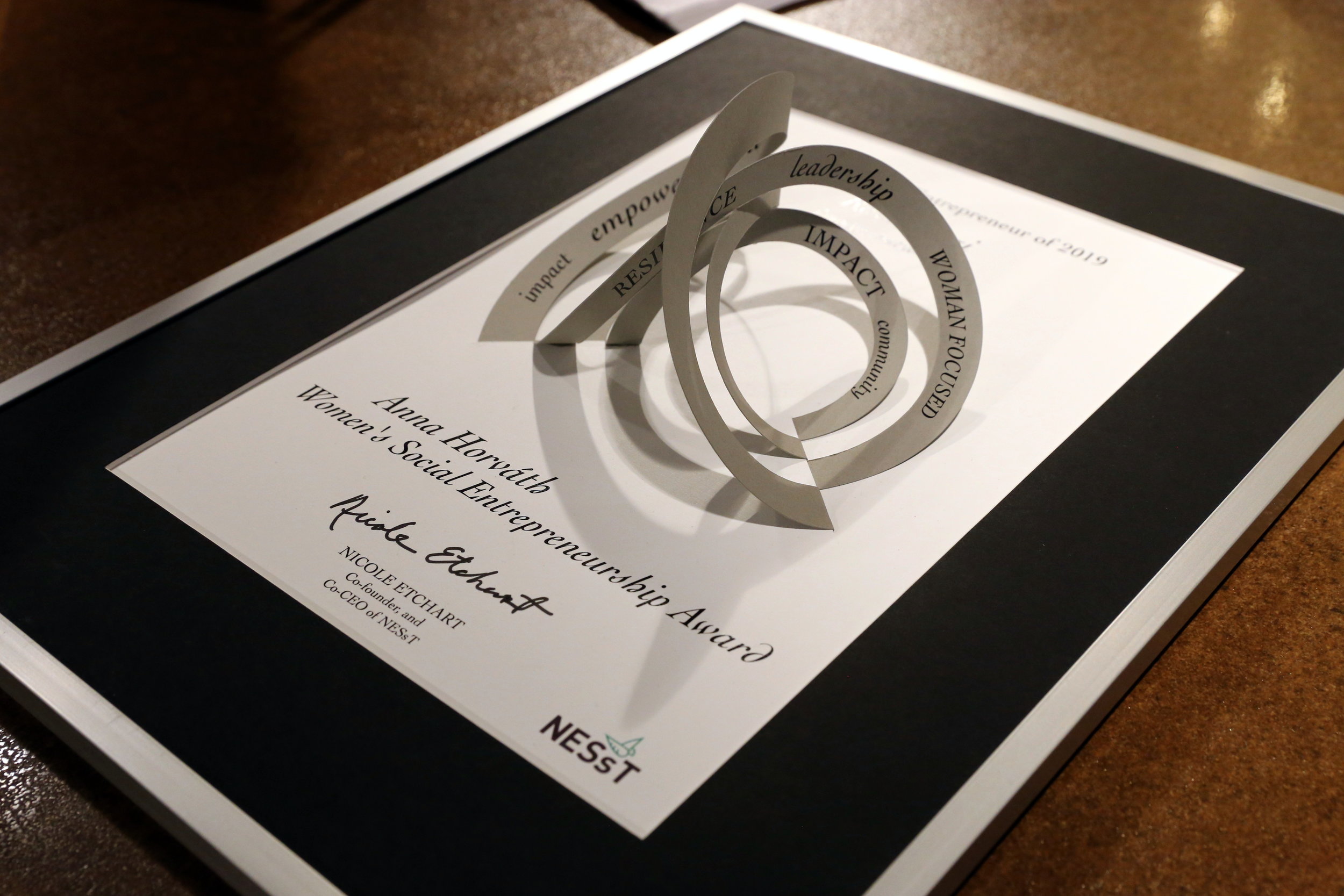





Anna Horváth joined our team in January of 2012 and transformed NESsT in Hungary and in Central Eastern Europe overall. She was more than a colleague. She was a loyal friend. A caring mentor. An inspirational and devoted mother. A warm person who enjoyed bringing people of diverse cultures together. Anna is our example and our light. Her vision and passion will continue to live through all of us.
As the leader of NESsT's work in Hungary, Slovakia and Czech Republic, Anna was responsible for the development and growth of social enterprises in this region. She oversaw the due diligence process to identify new social enterprises demonstrating promising social and financial return potential. She led NESsT's sector-building activities raising awareness and increasing support for social entrepreneurship. She worked closely with key stakeholders, including managing relations with key corporate and foundation partners and a network of advisors providing pro bono support to the portfolio. Anna also acted as the managing director of NESsT in Hungary.
PART VII: FINANCIALS
NESsT Enterprises operate in the world’s most remote locations.
2018 STATEMENT OF ACTIVITIES
2019 STATEMENT OF ACTIVITIES
PART VIII: SUPPORTERS
Board Member, David York, with Polish entrepreneur, Laura Andrukiewicz.
BOARD OF DIRECTORS
Irina Anghel-Enescu
Loïc Comolli
Mervyn Davies, Lord Davies of Abersoch, CBE**
Nicolas Duleroy**
Nicole Etchart
Edwin Gutierrez**
Brett Hamsik
David Heard*
Bret Rosen
Mark Rosen*
Johanna Posada
Pascal Vinarnic*
Brian Wardrop
David York
*Completed terms in 2018
**Began terms in 2019
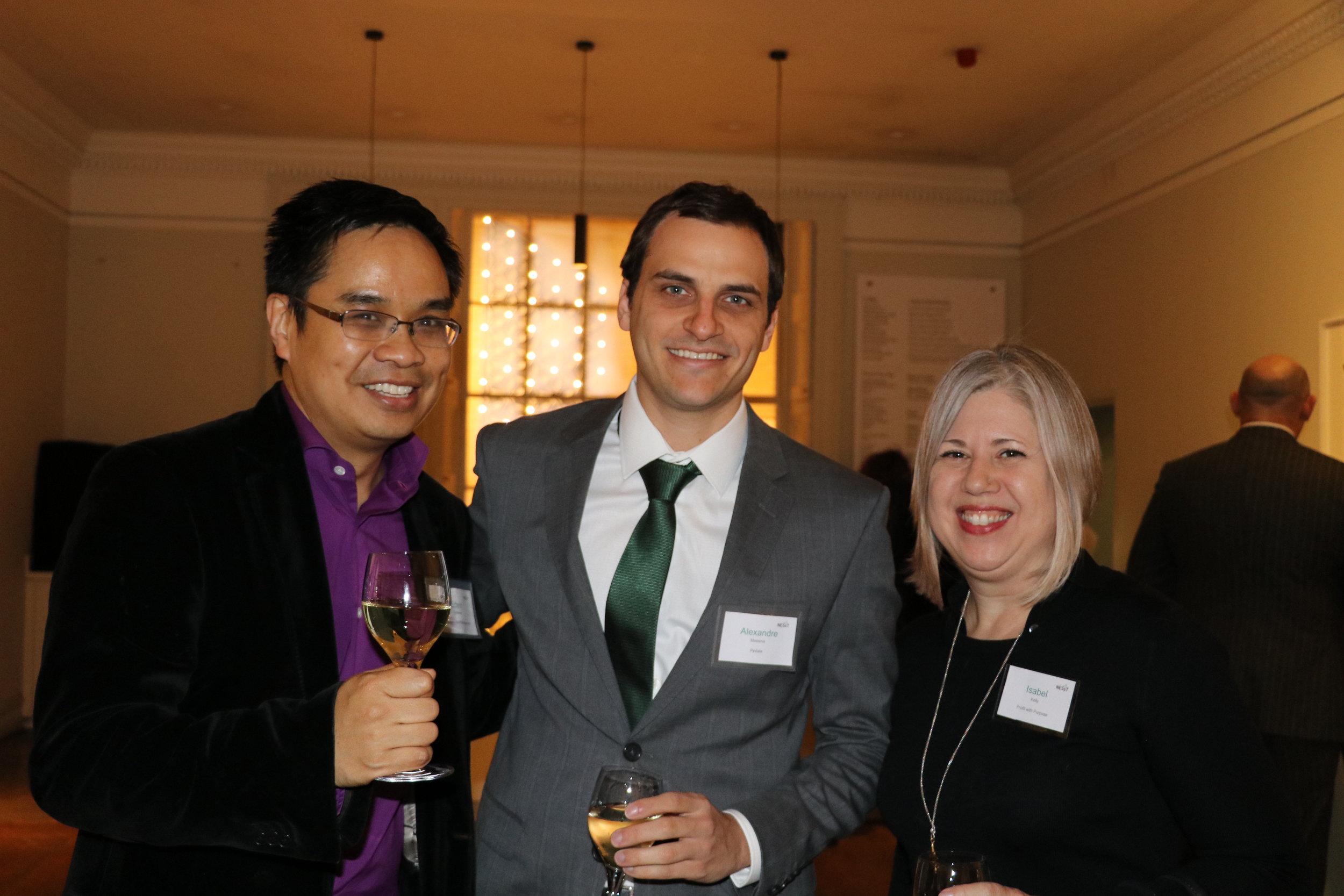

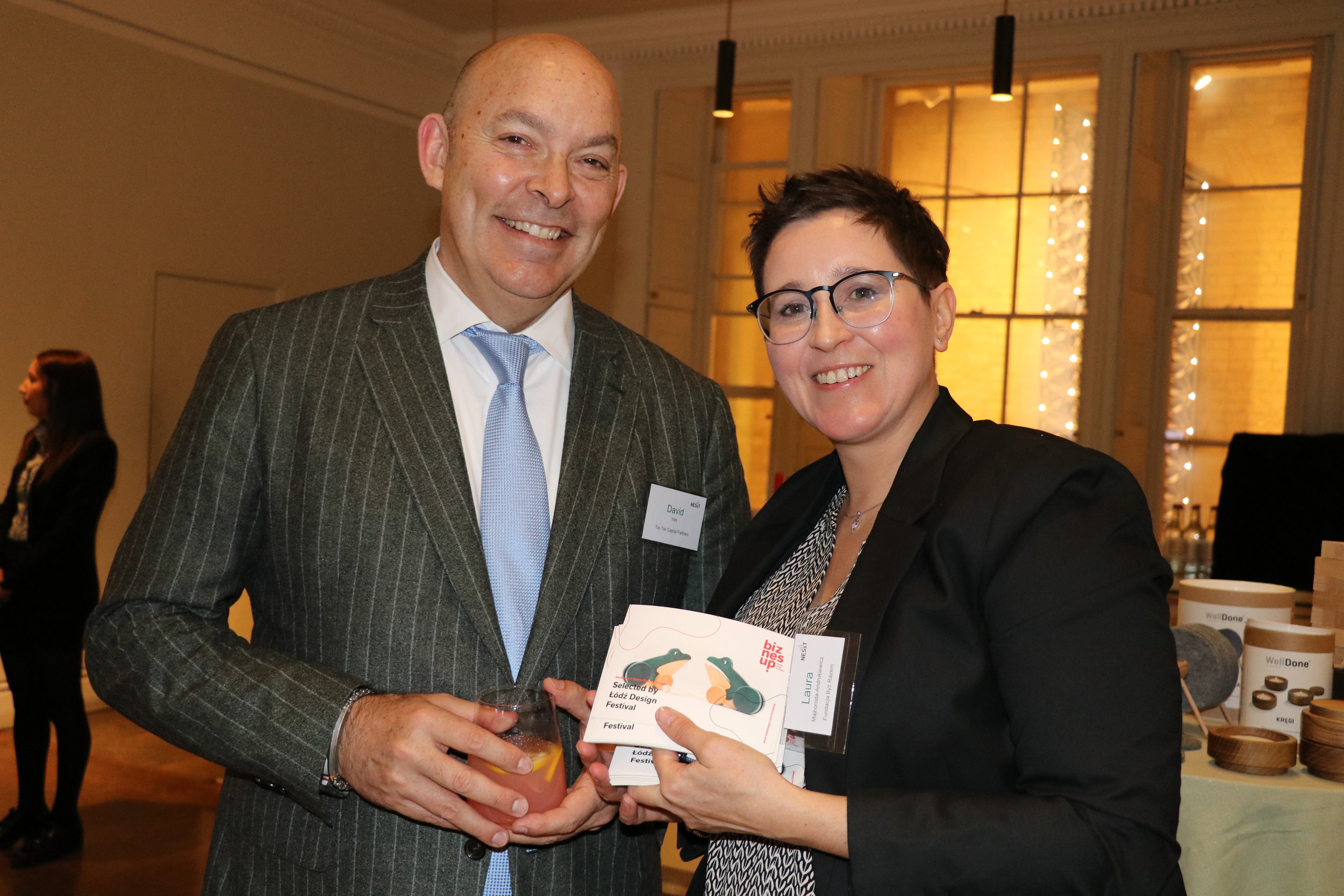
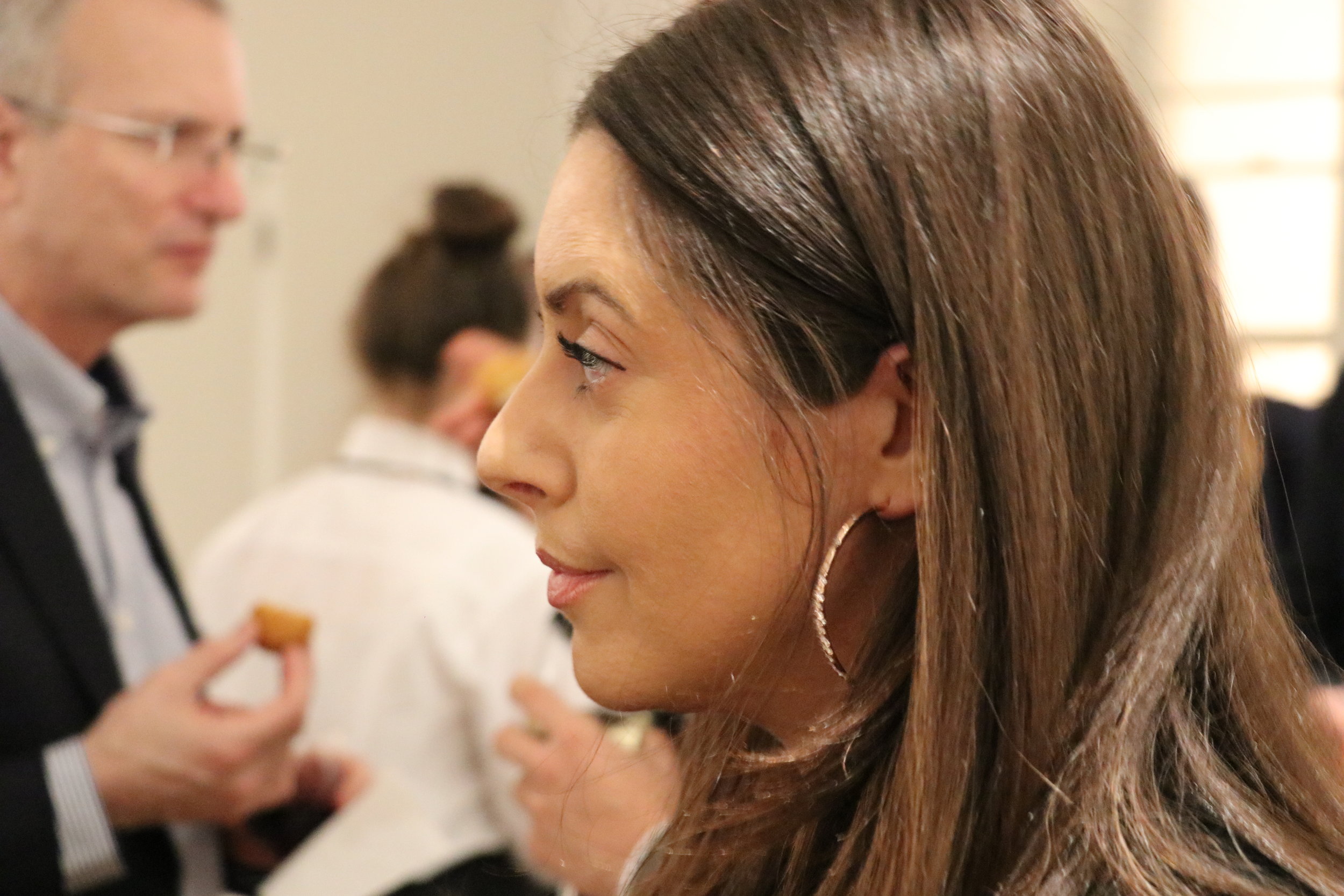
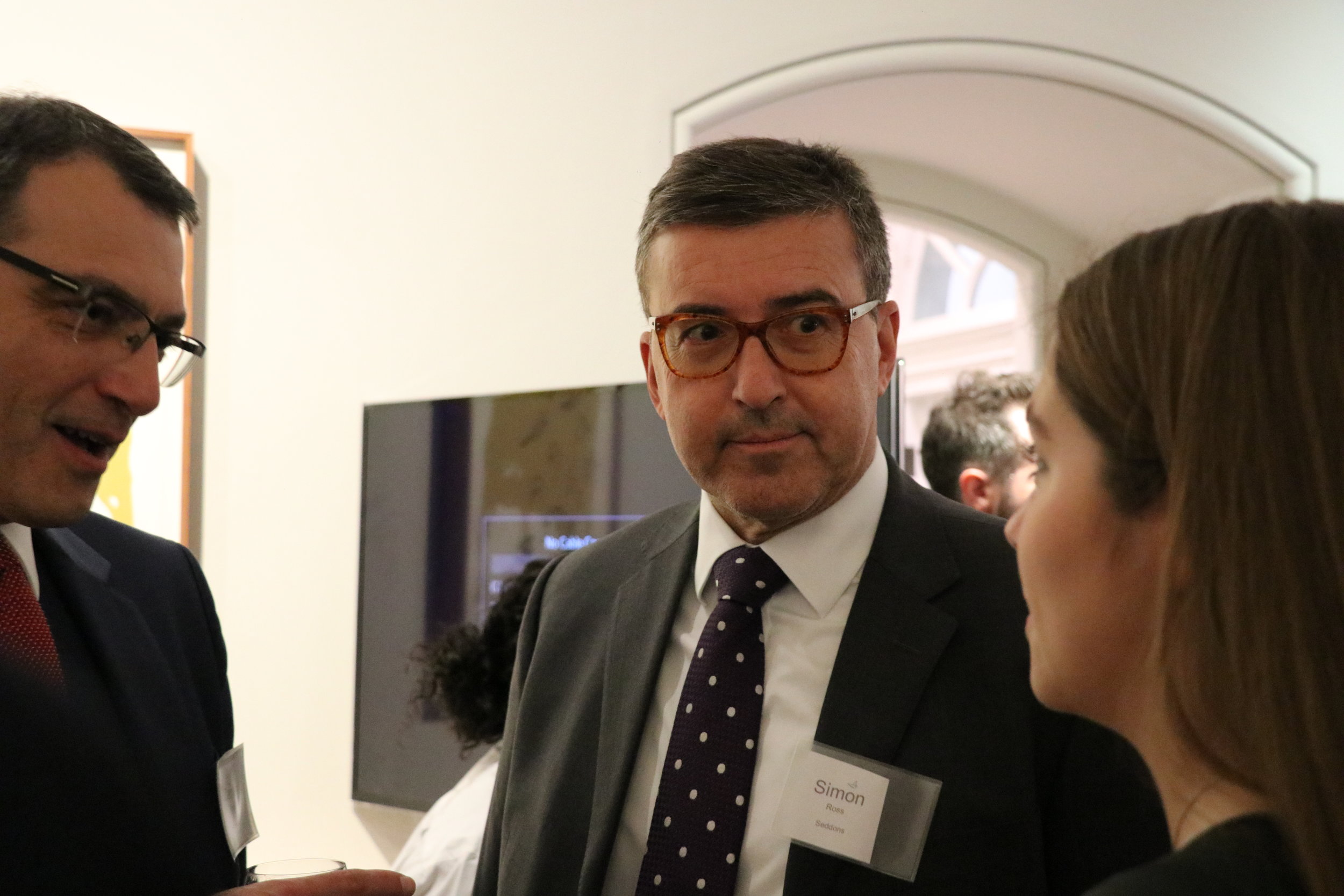
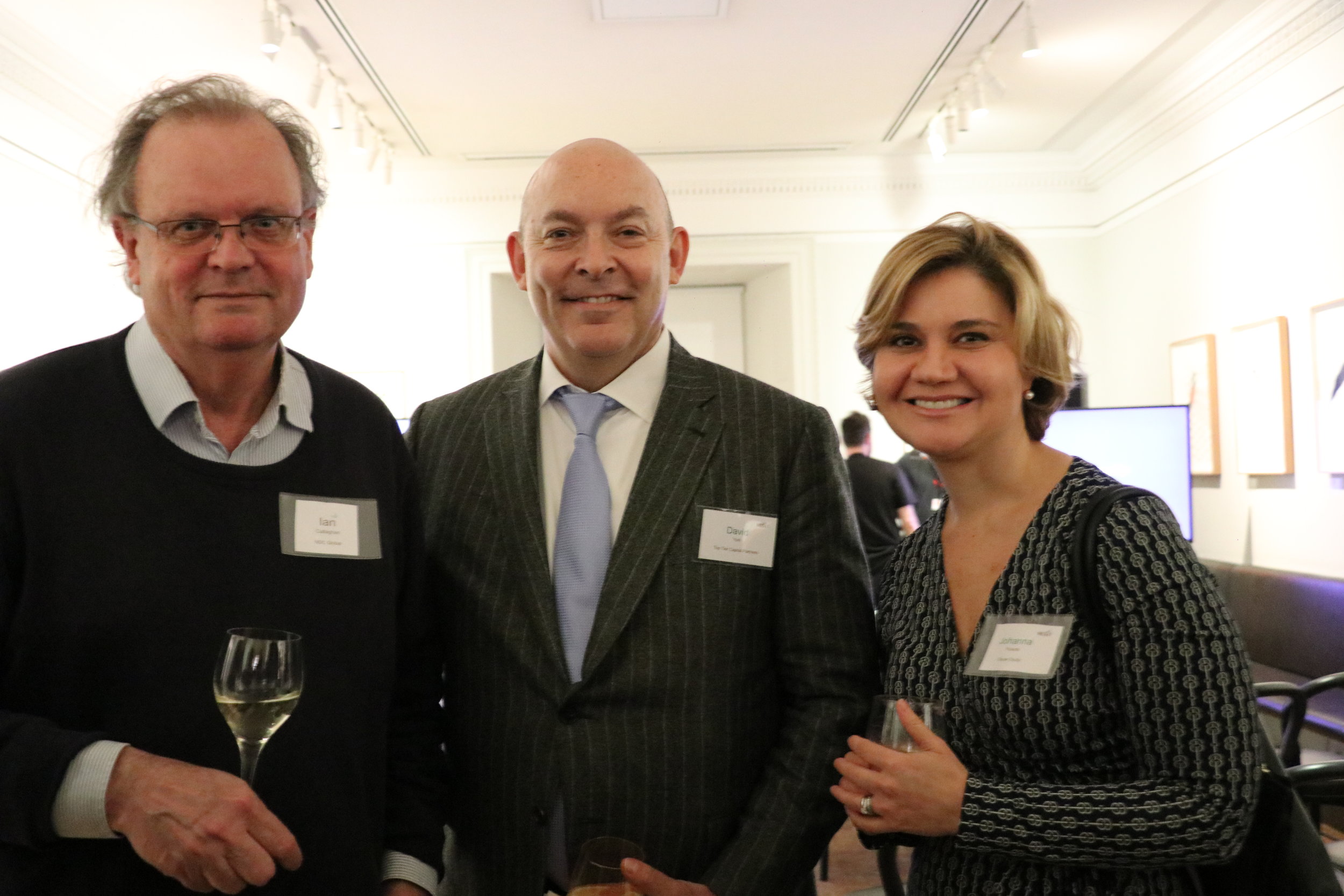
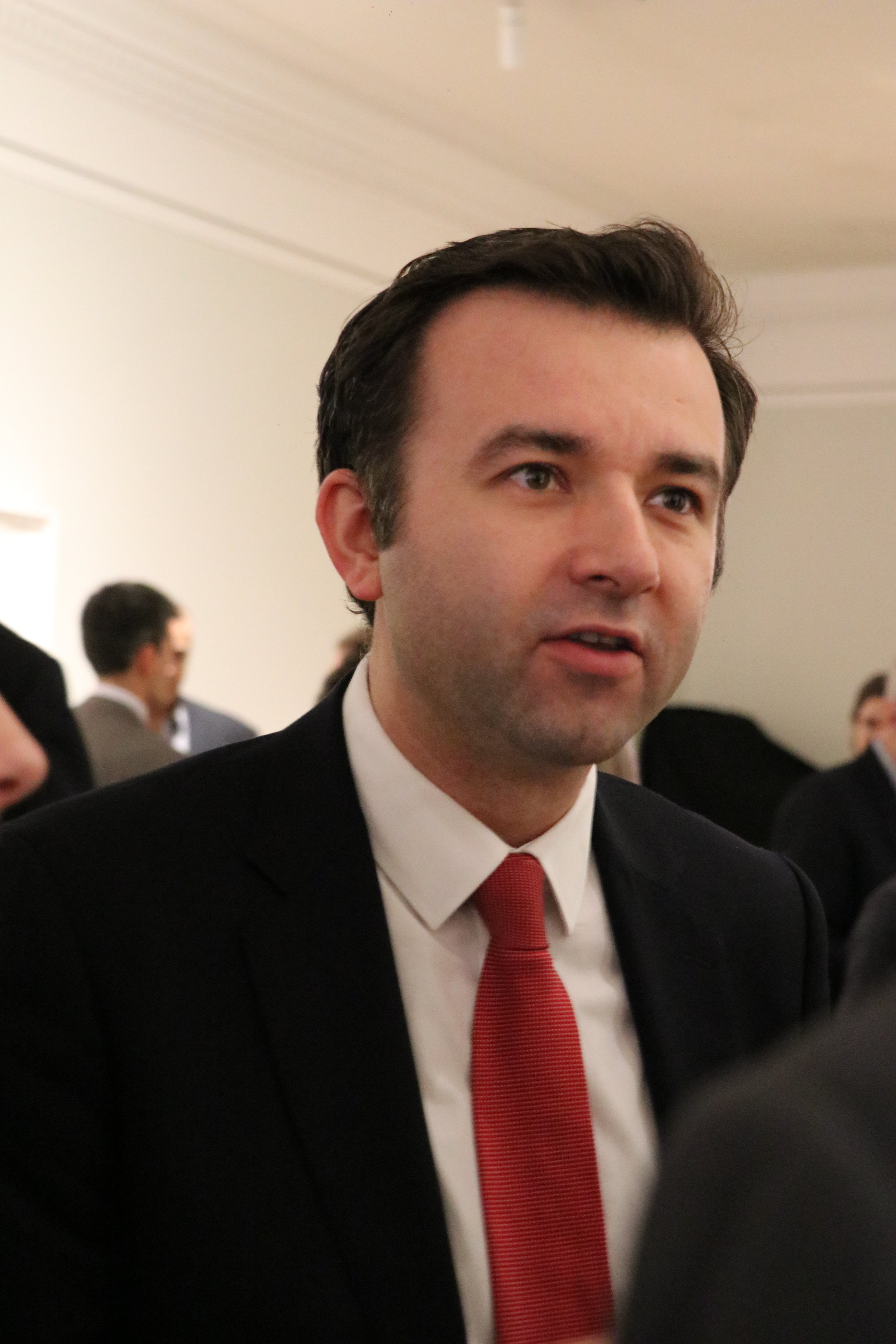
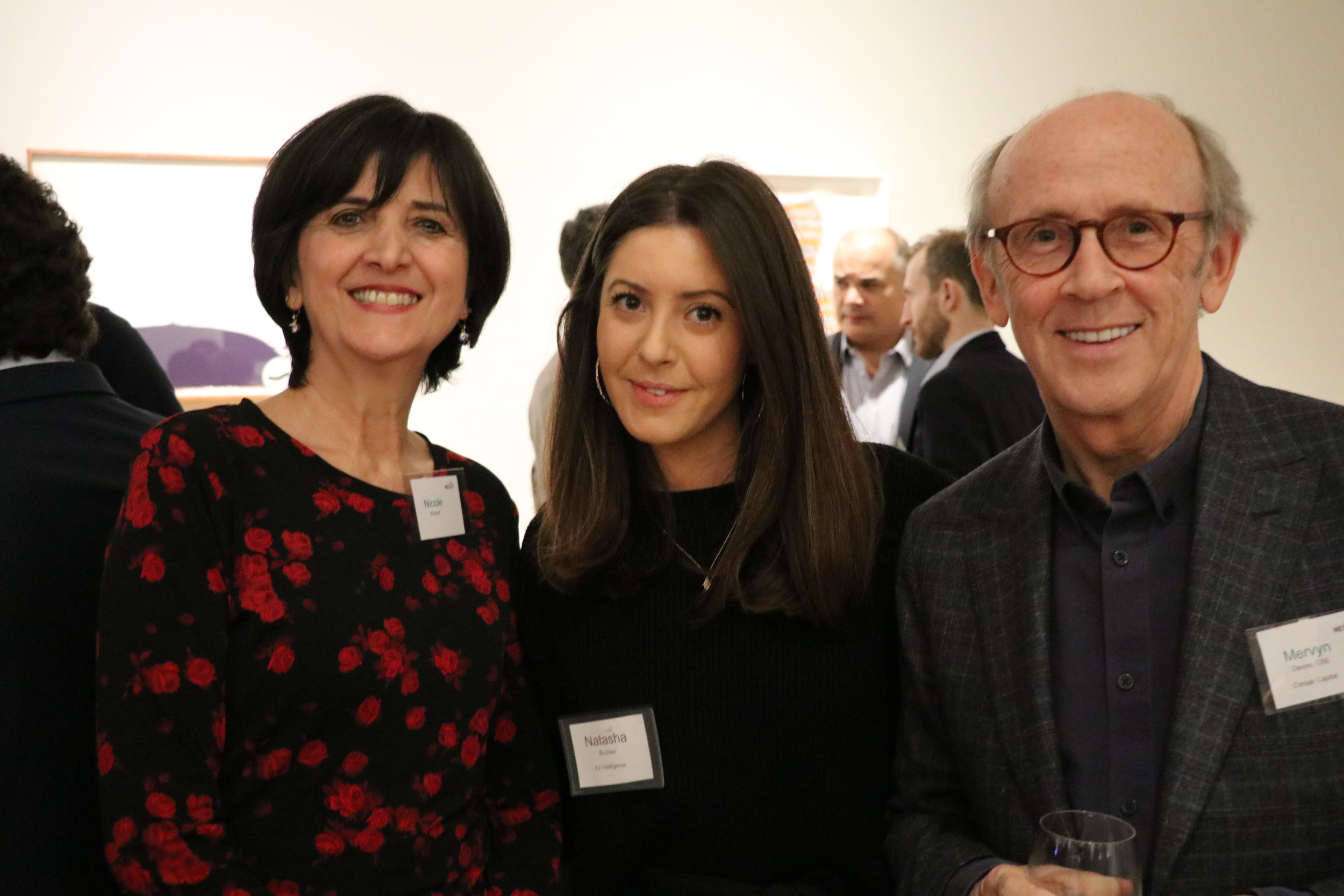
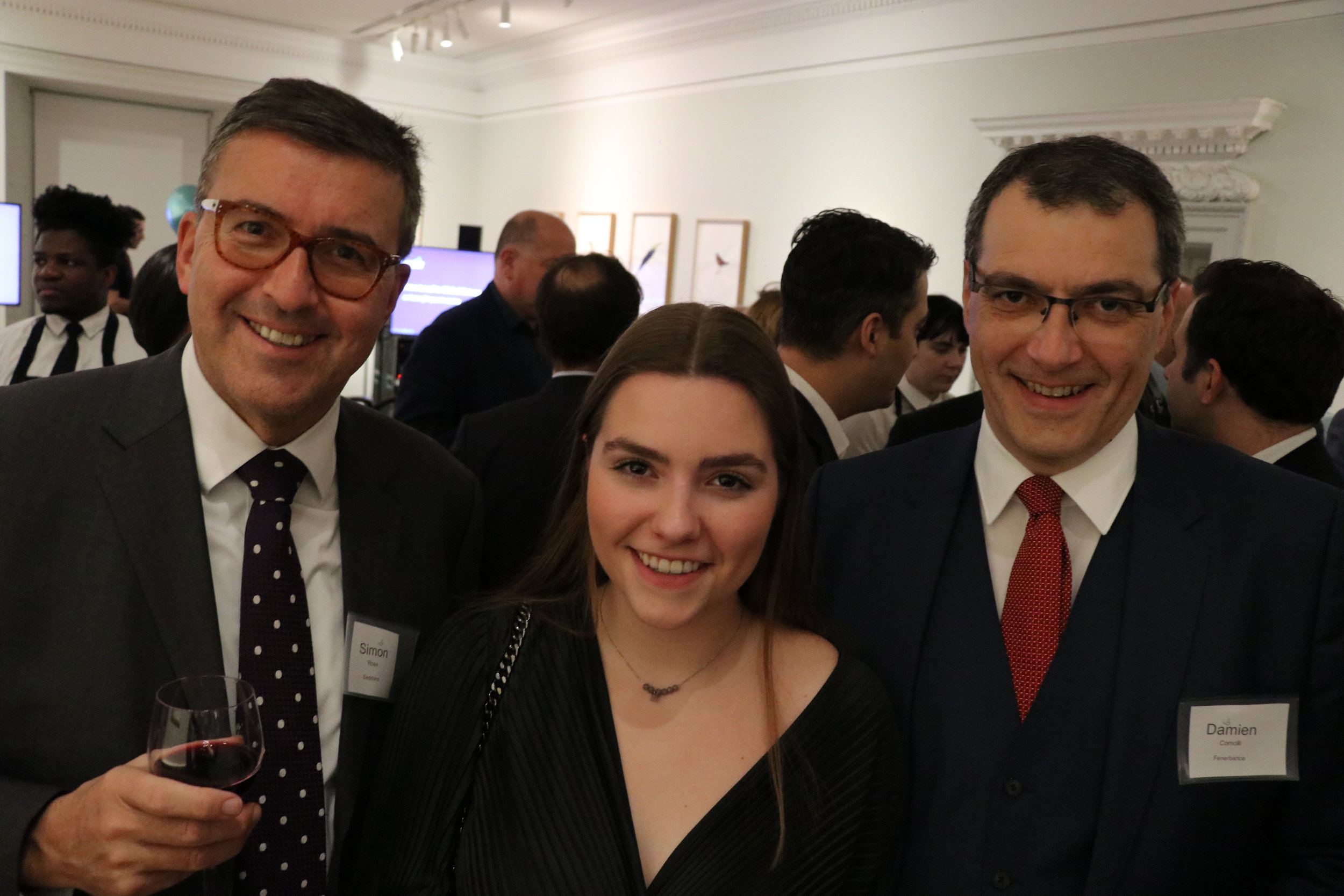
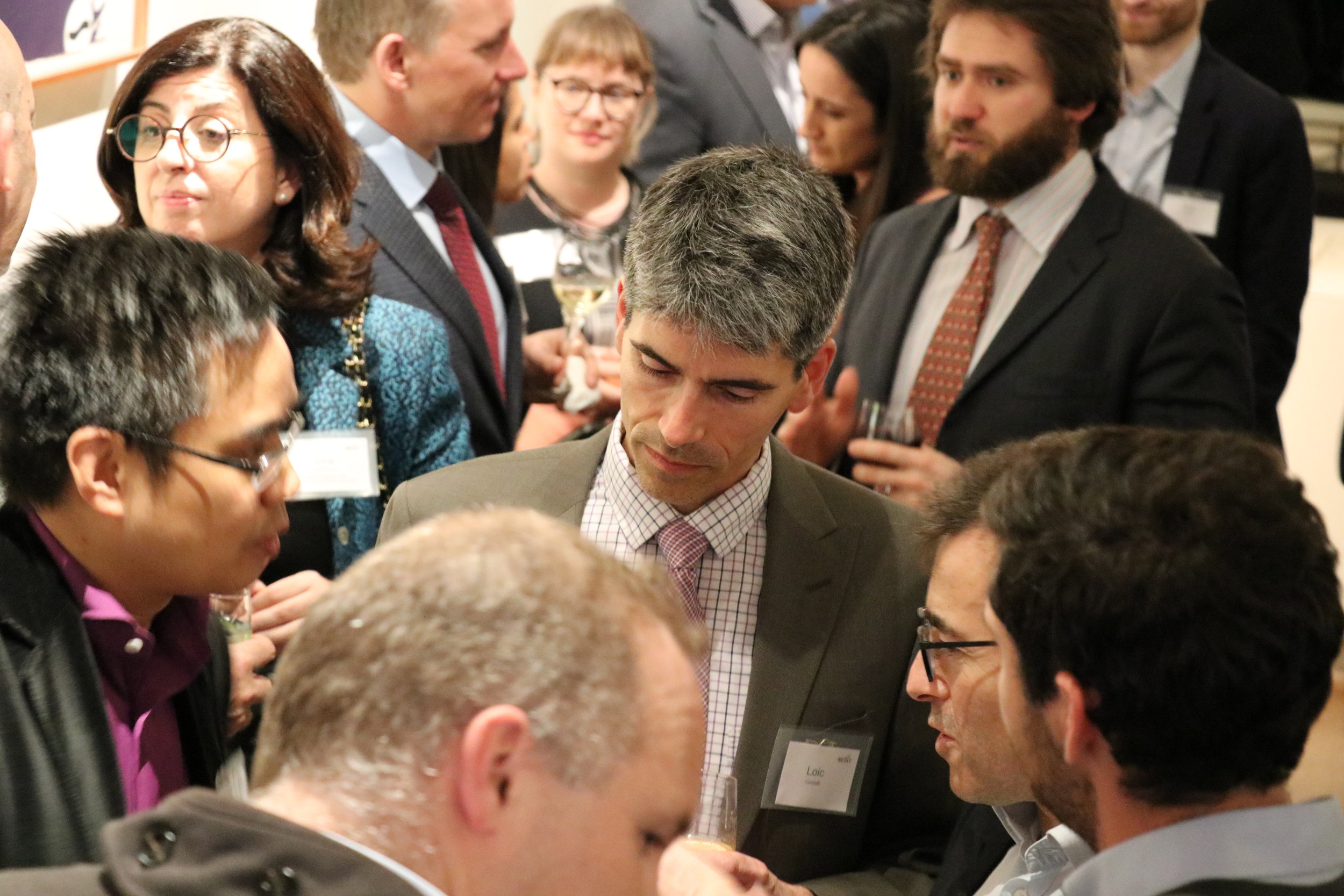


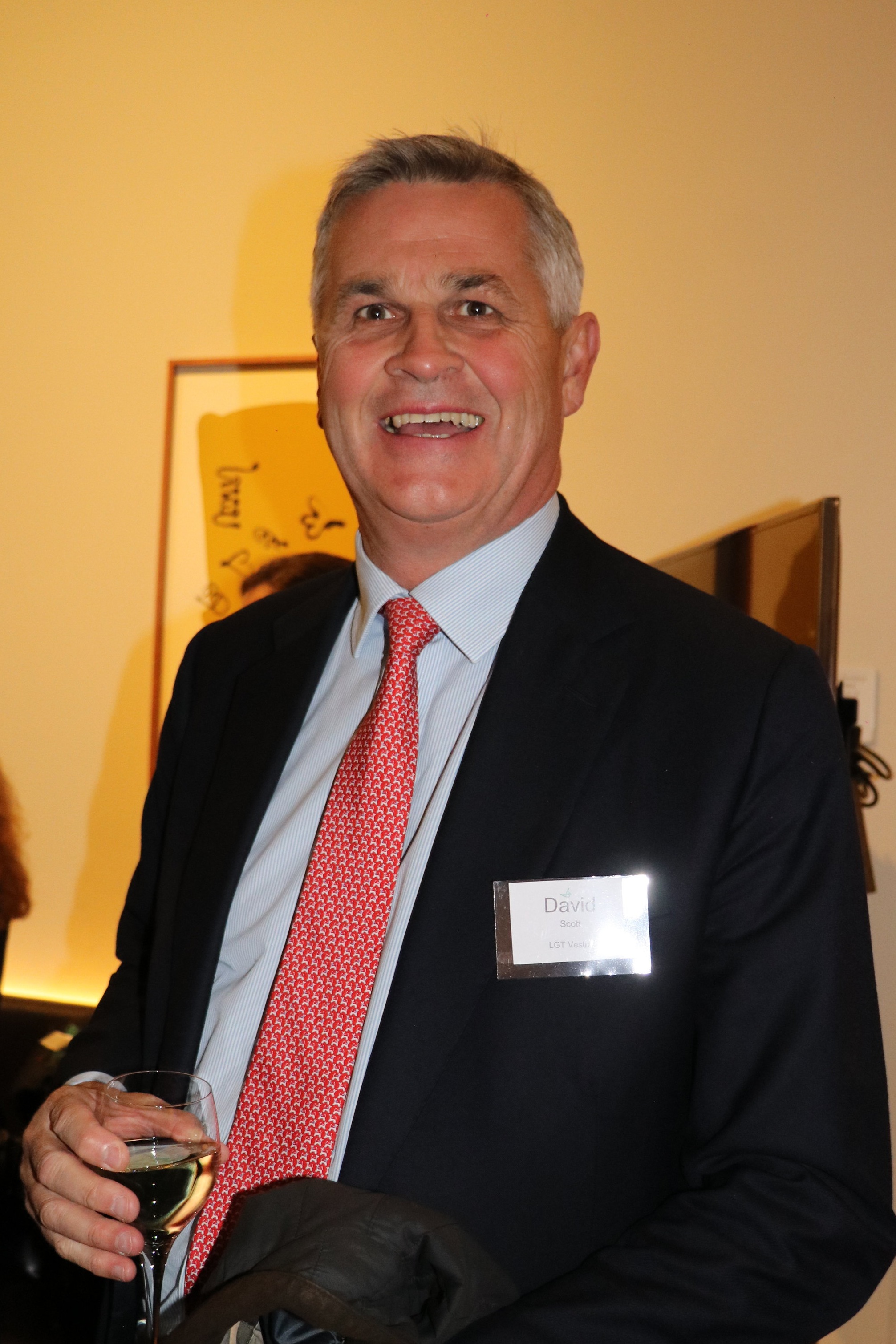
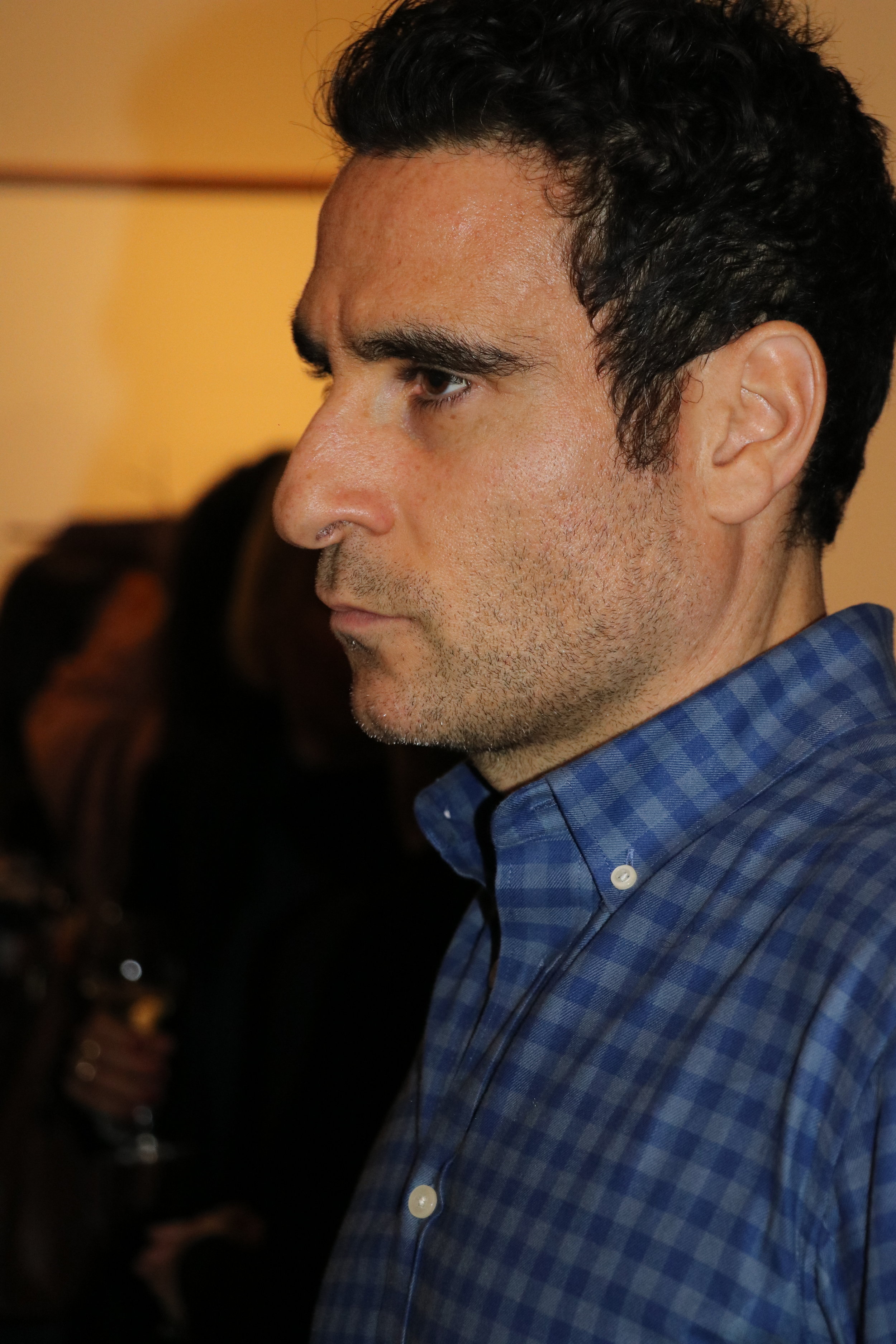

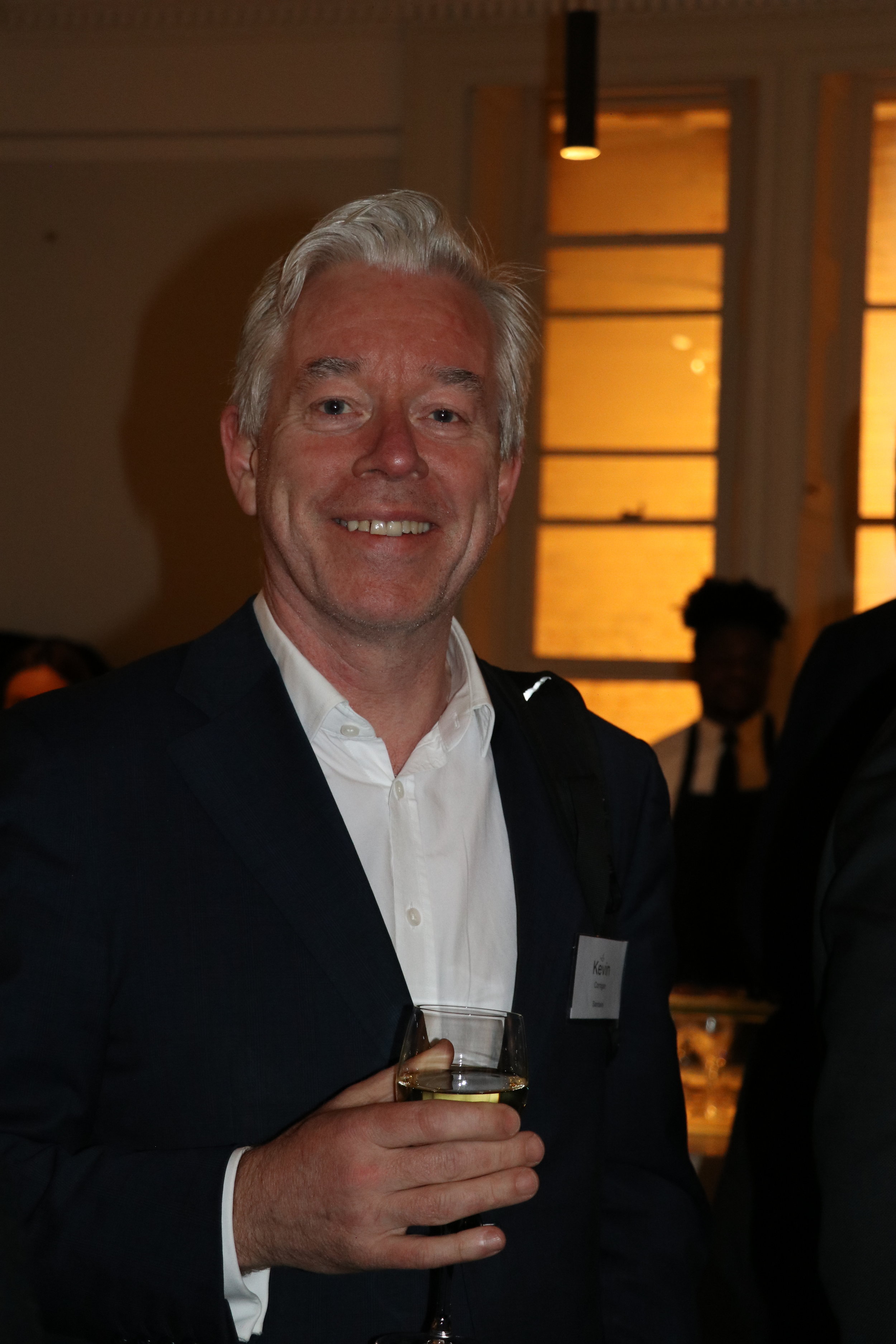


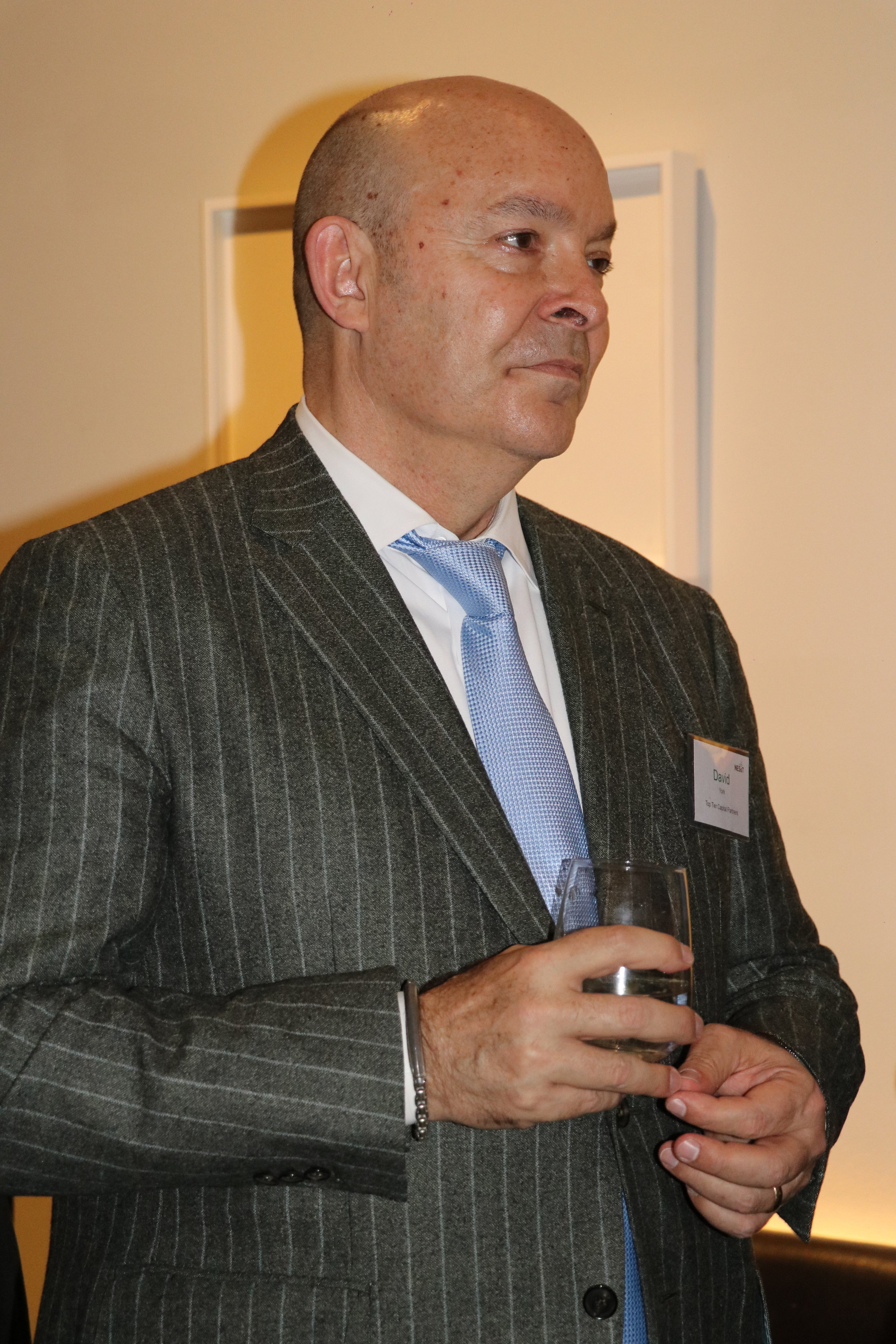

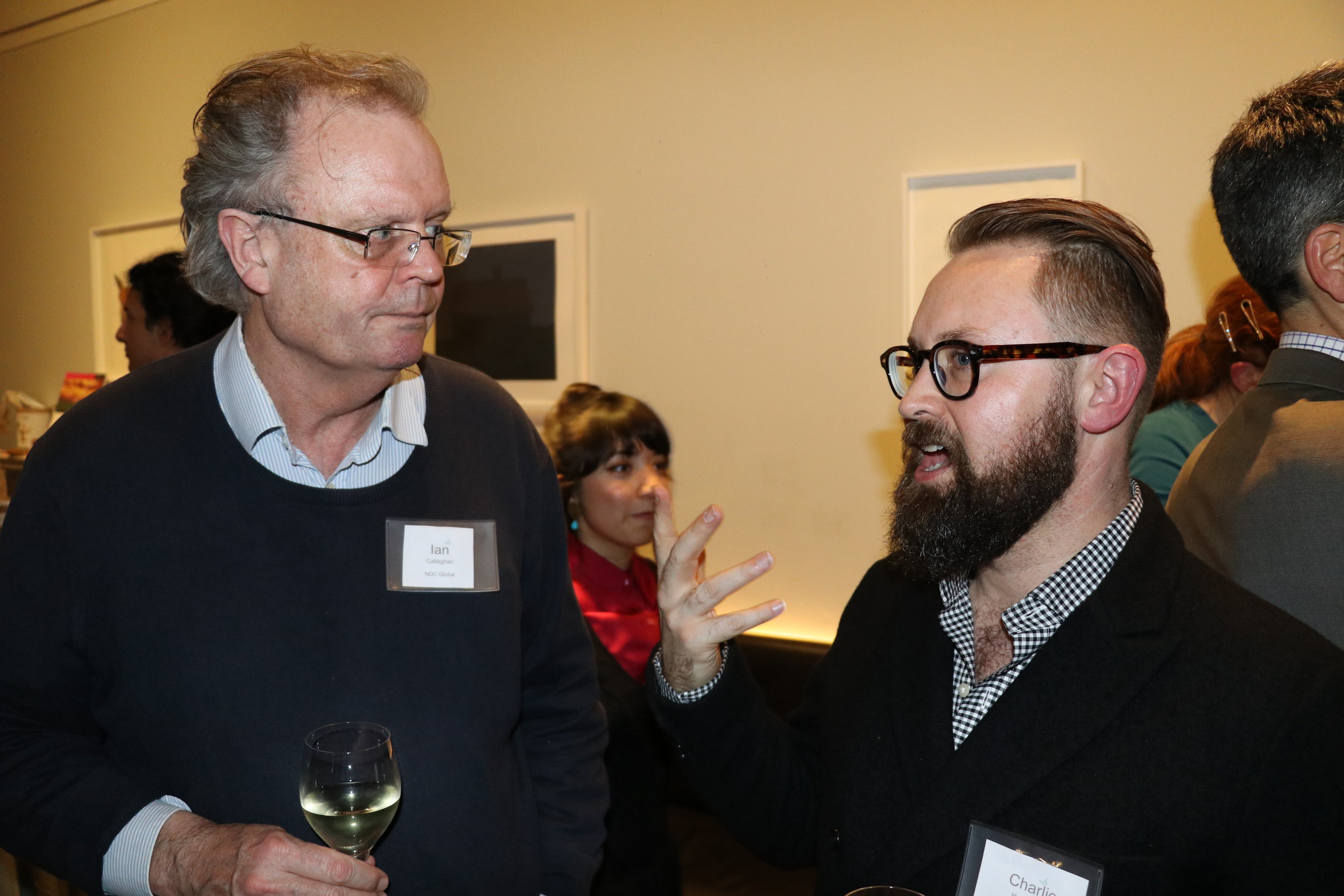
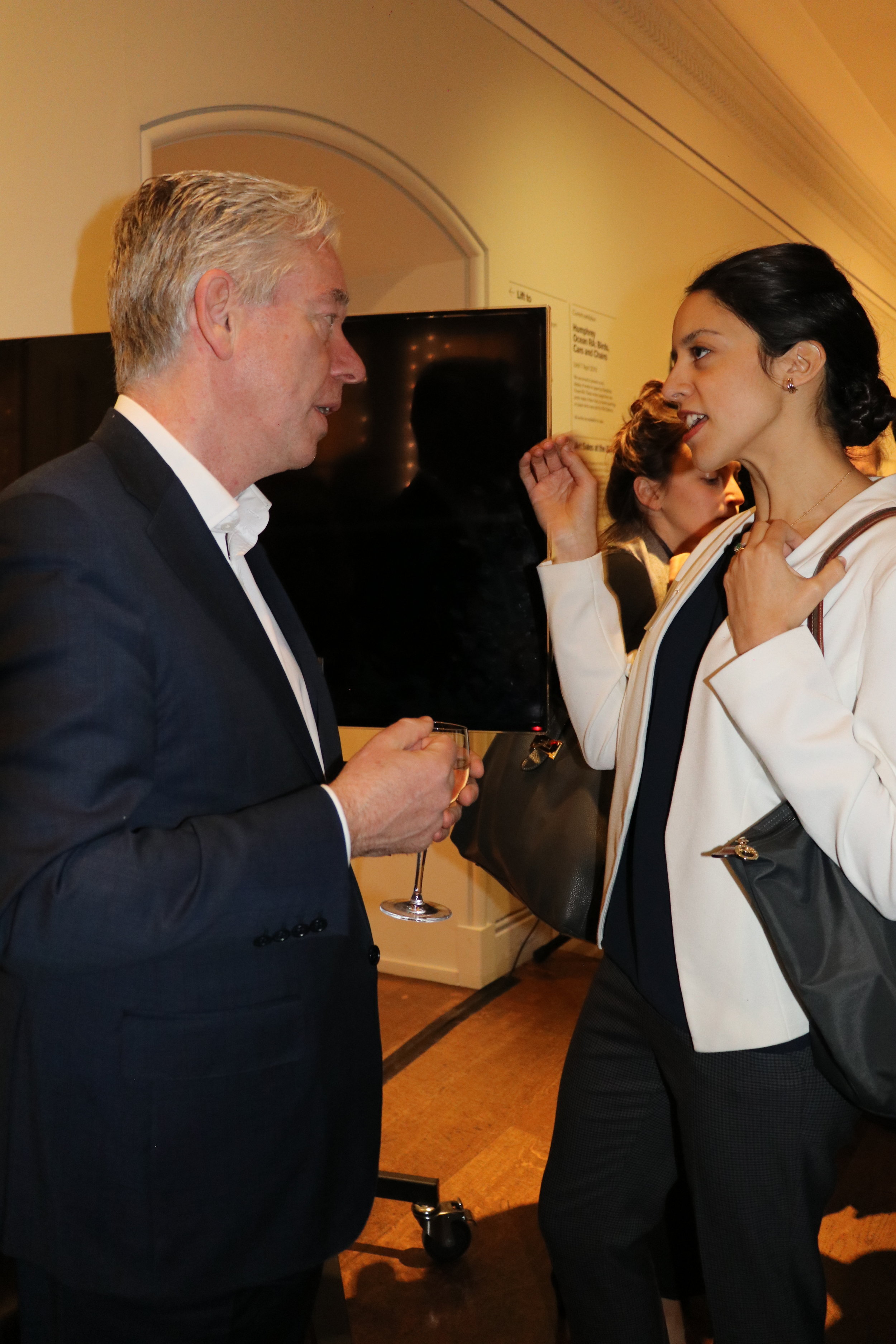



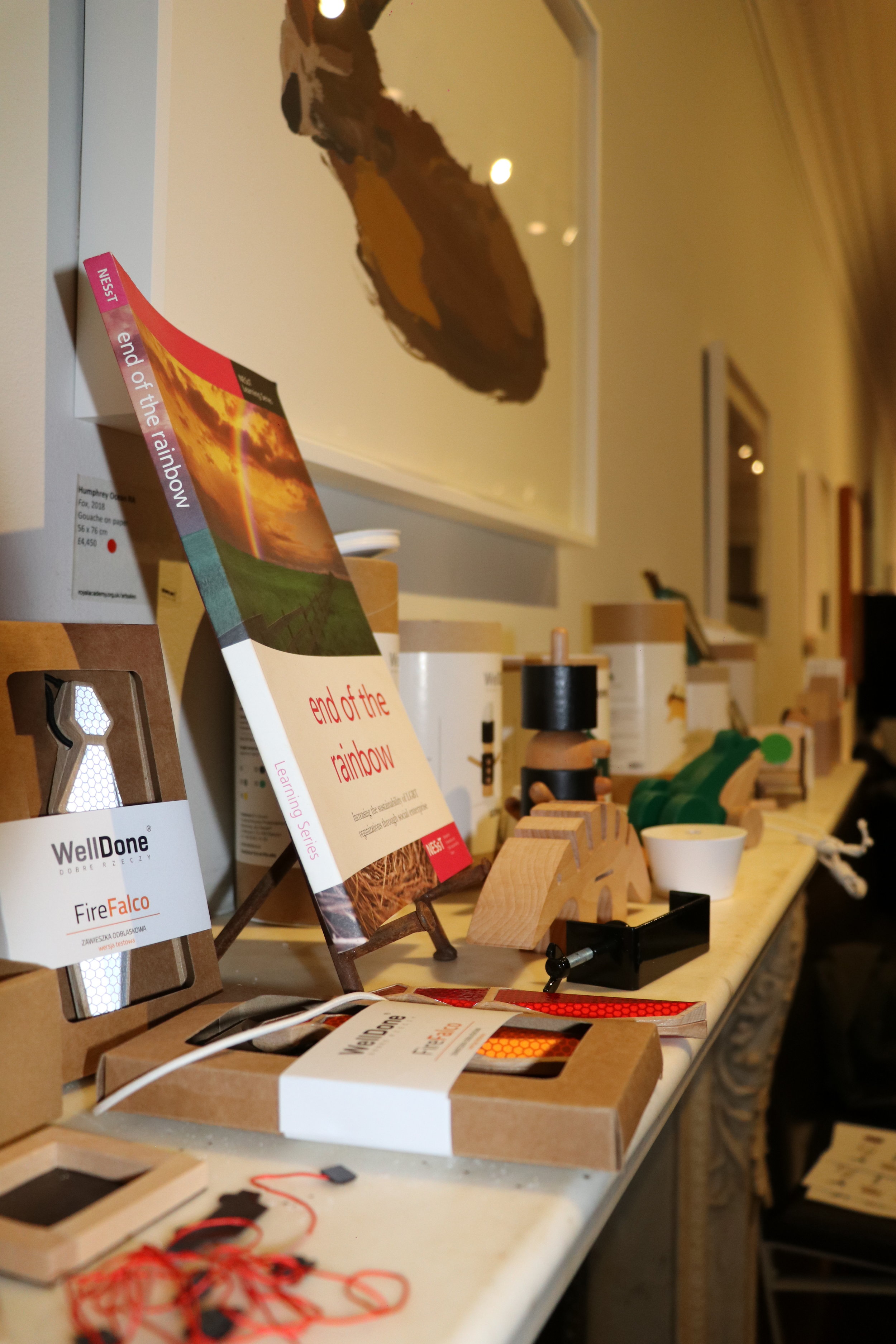
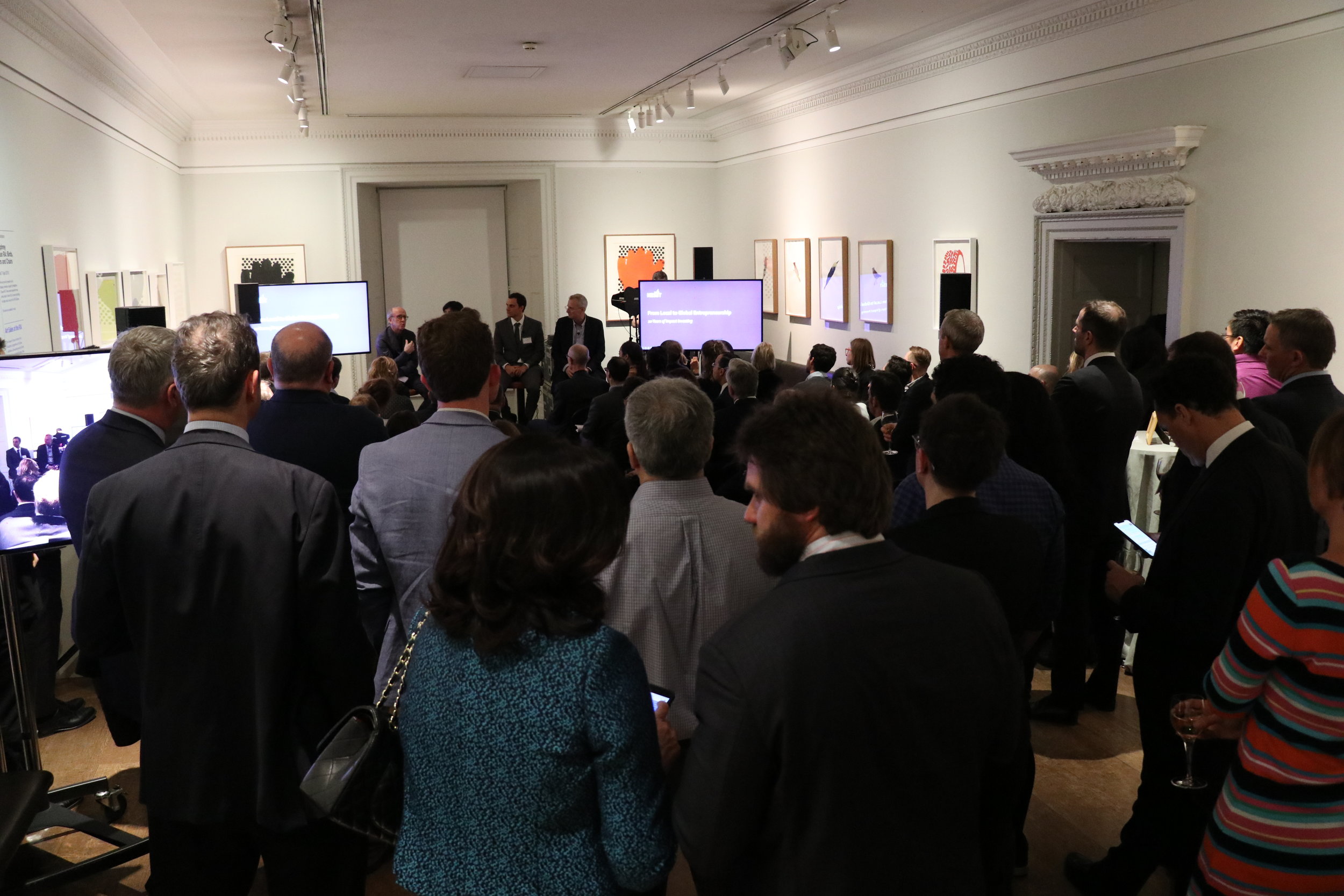
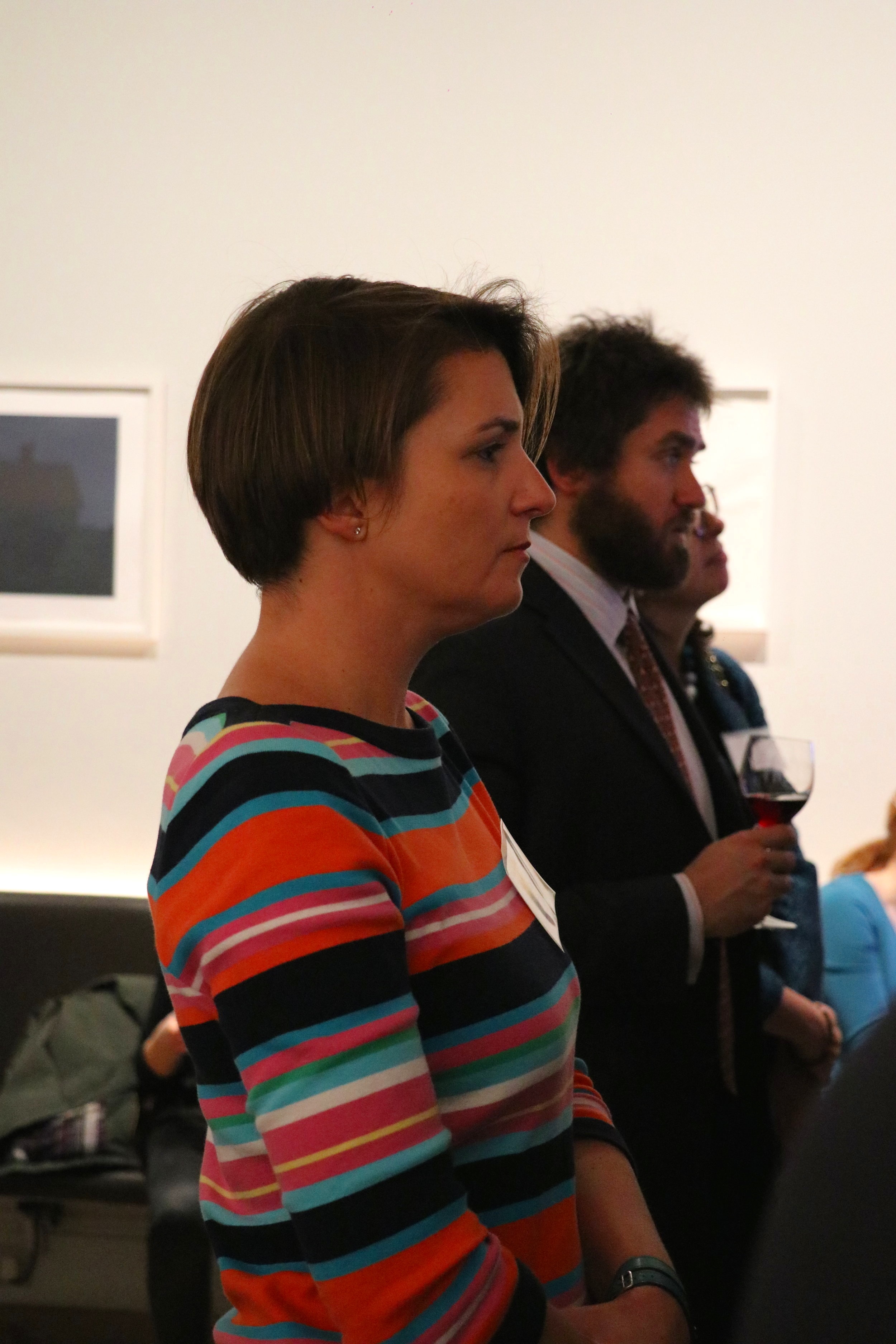
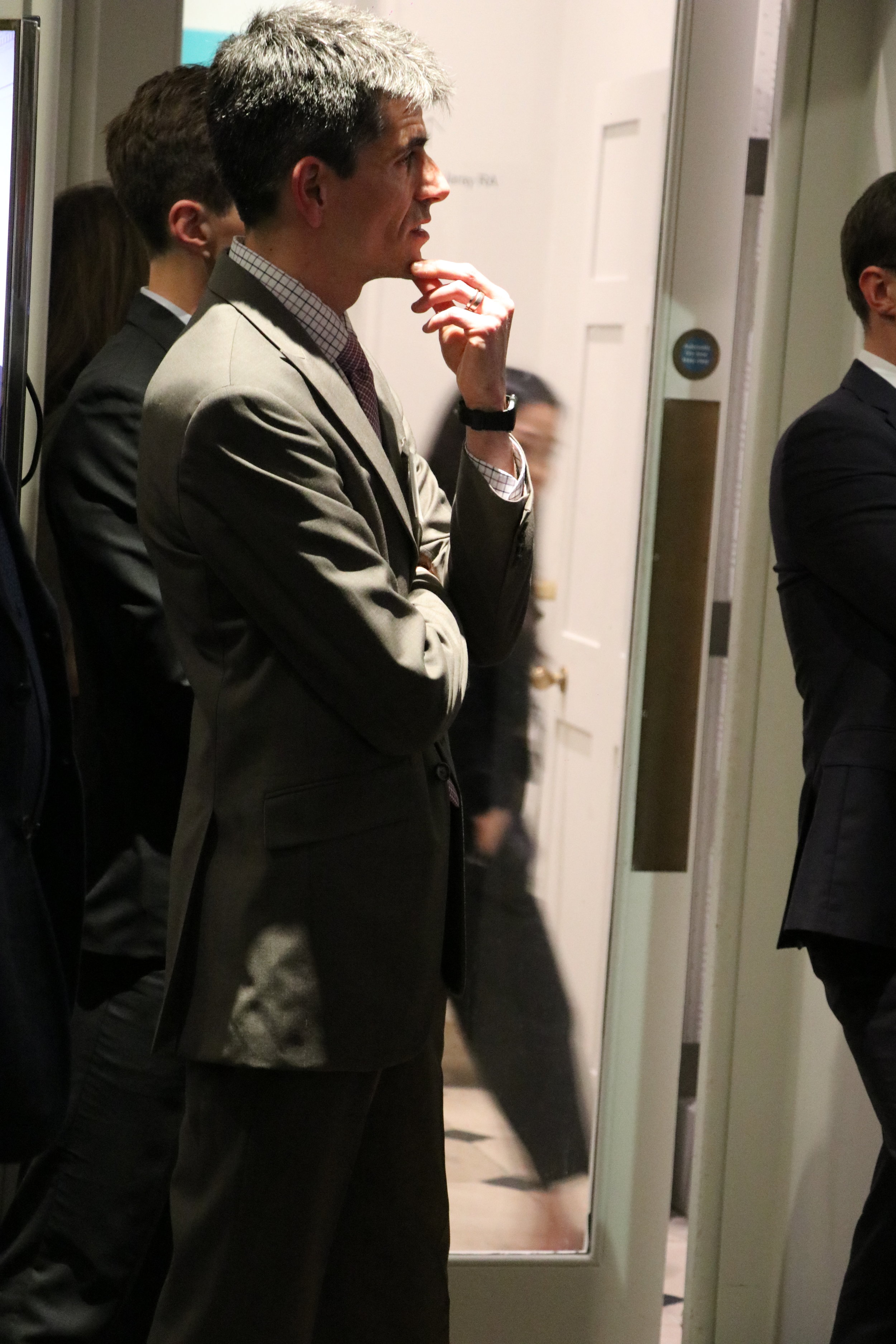

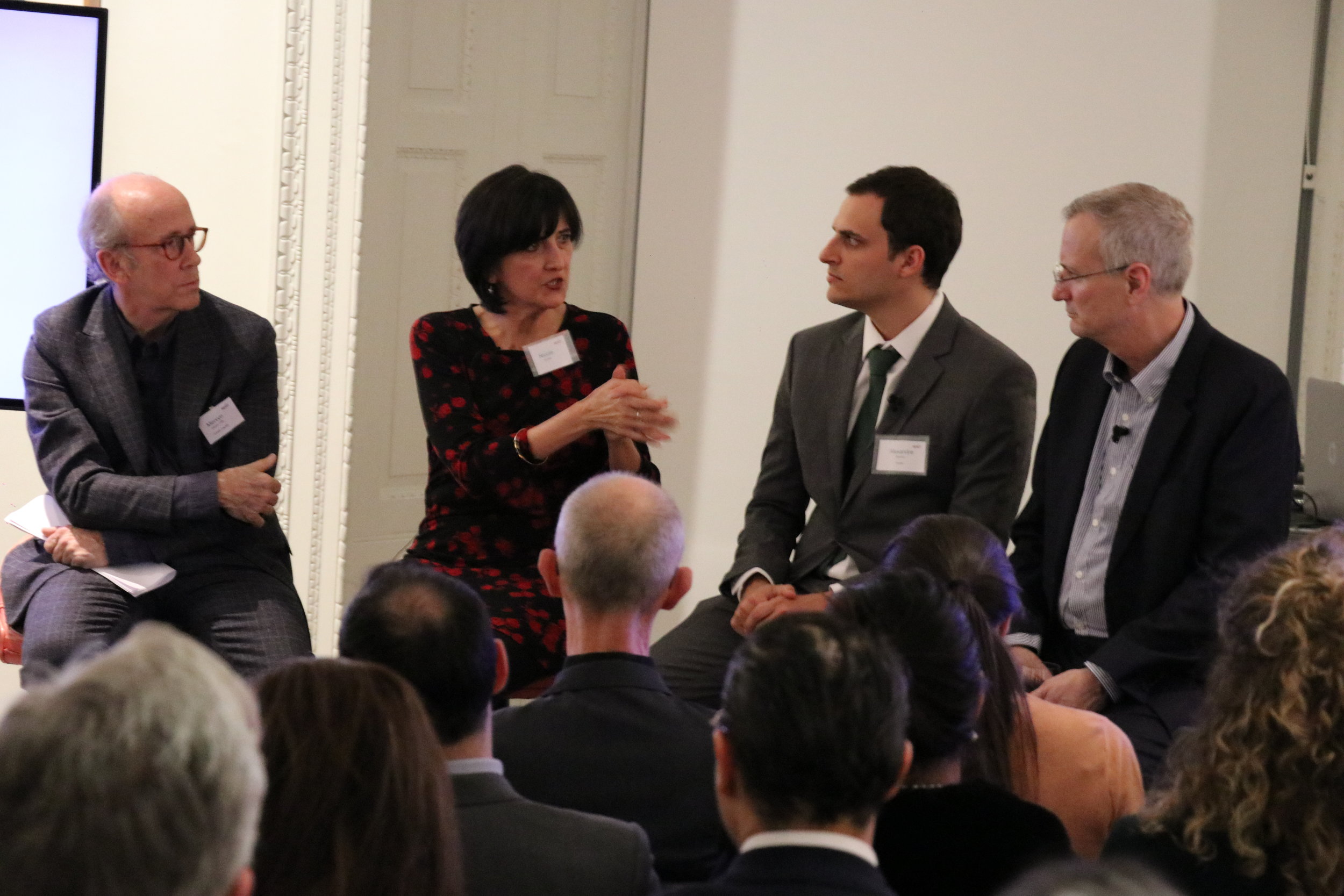
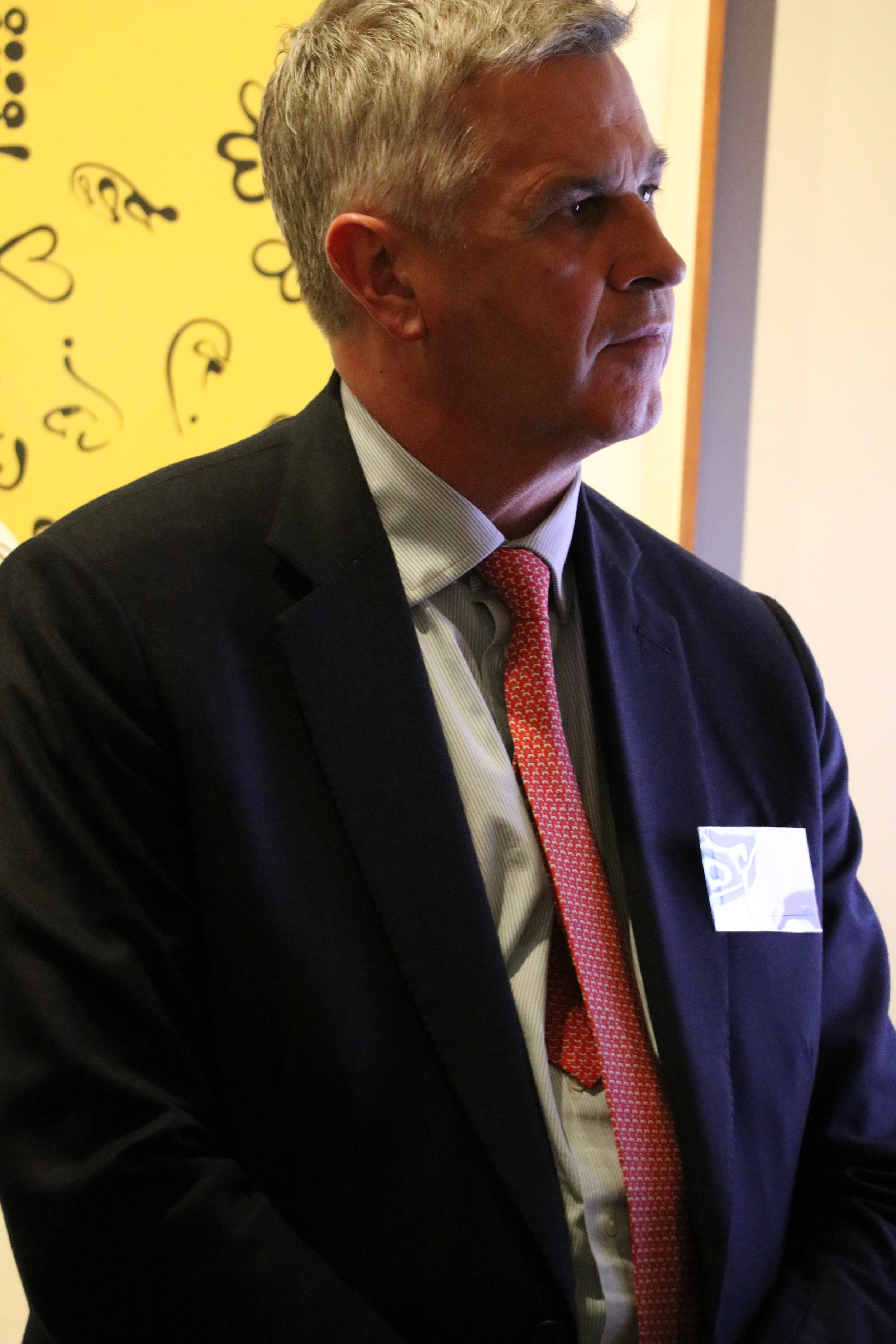
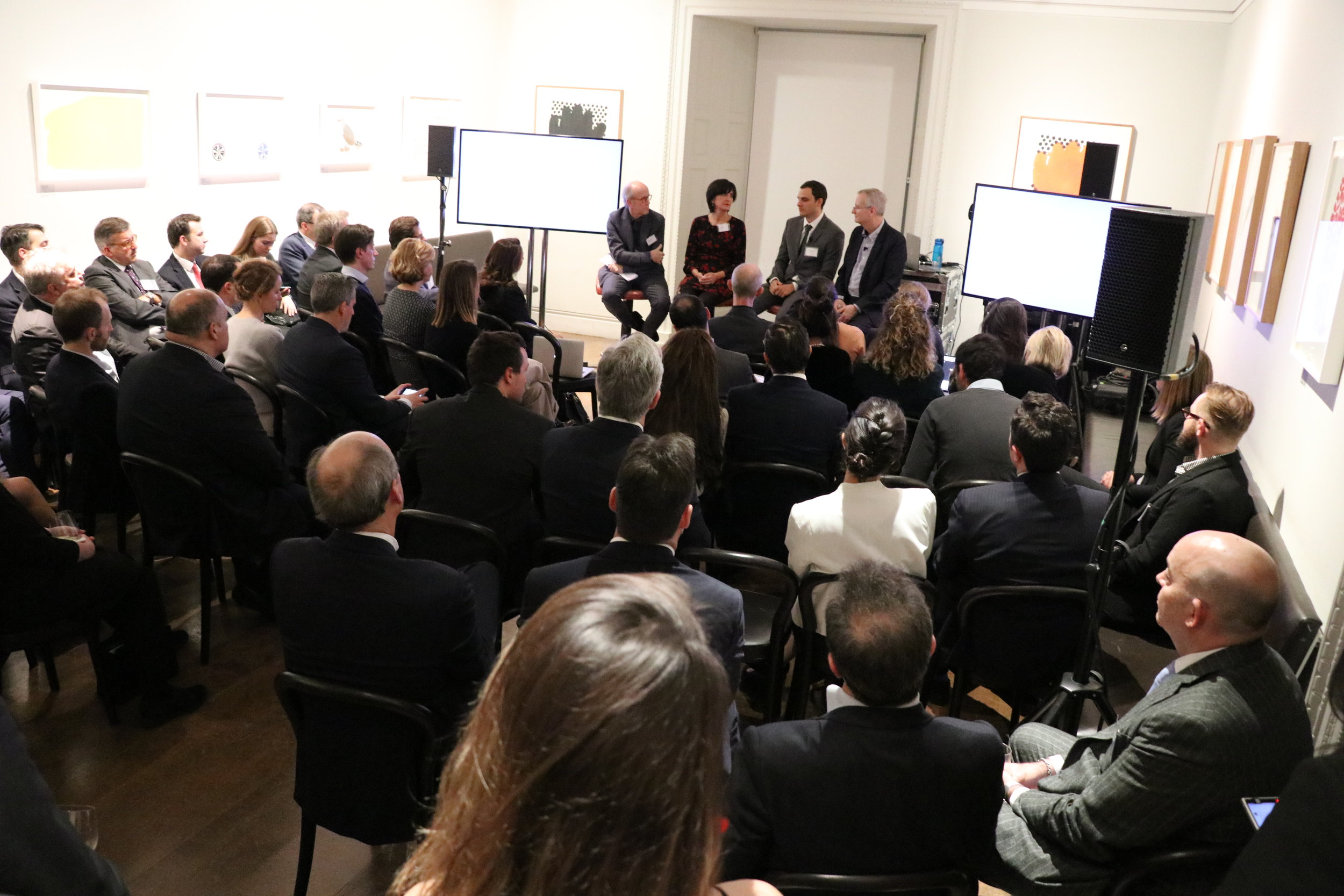

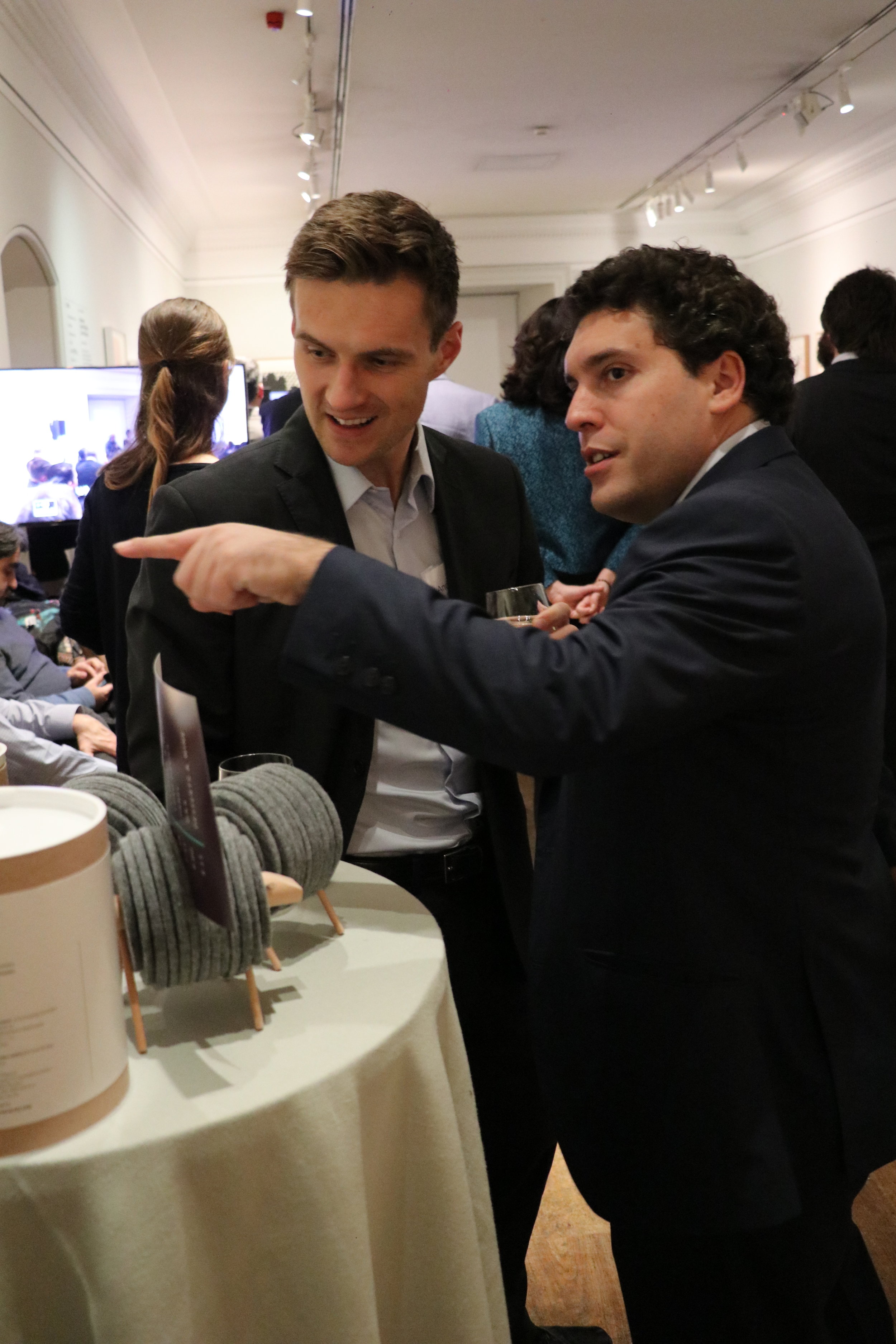
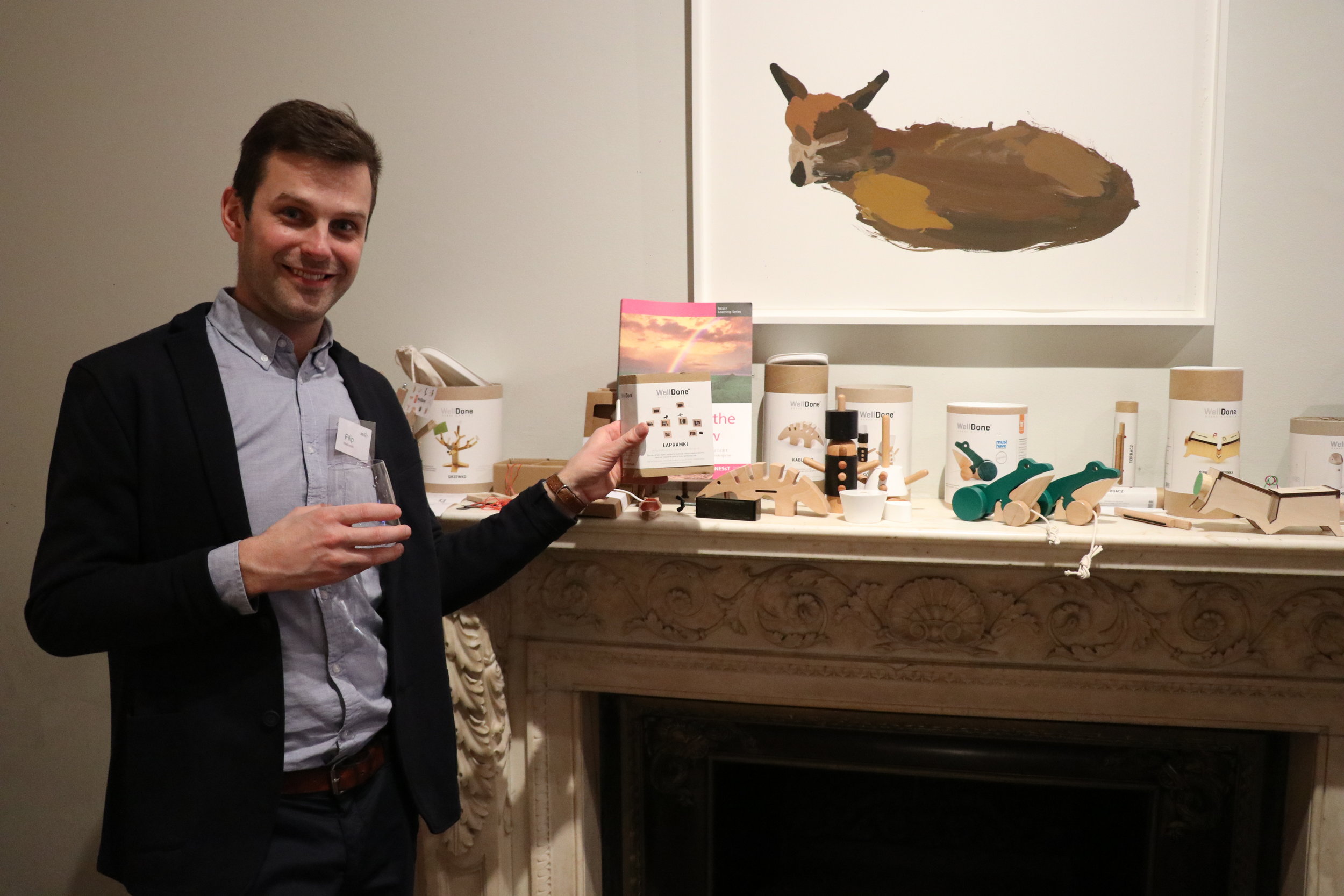
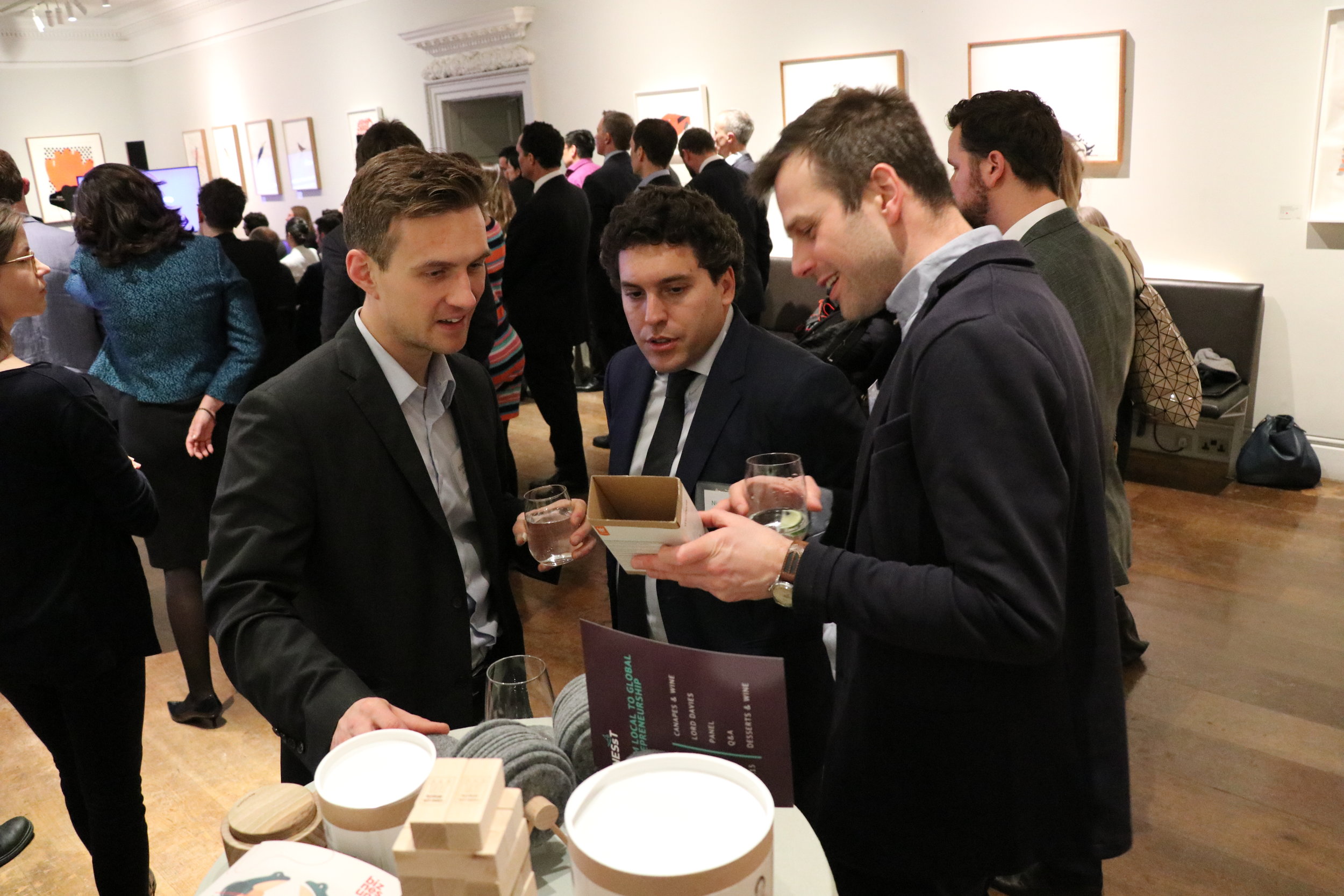

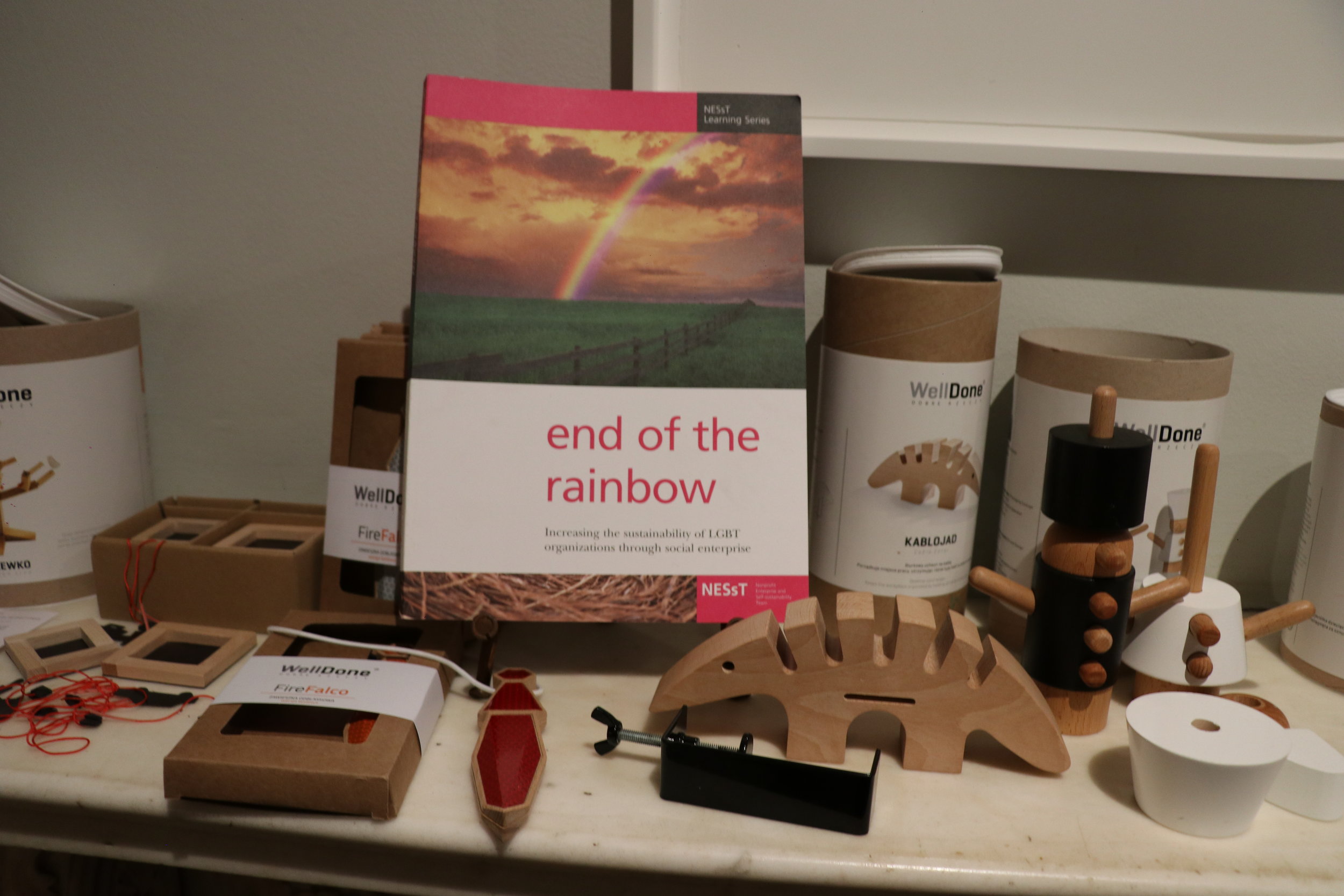
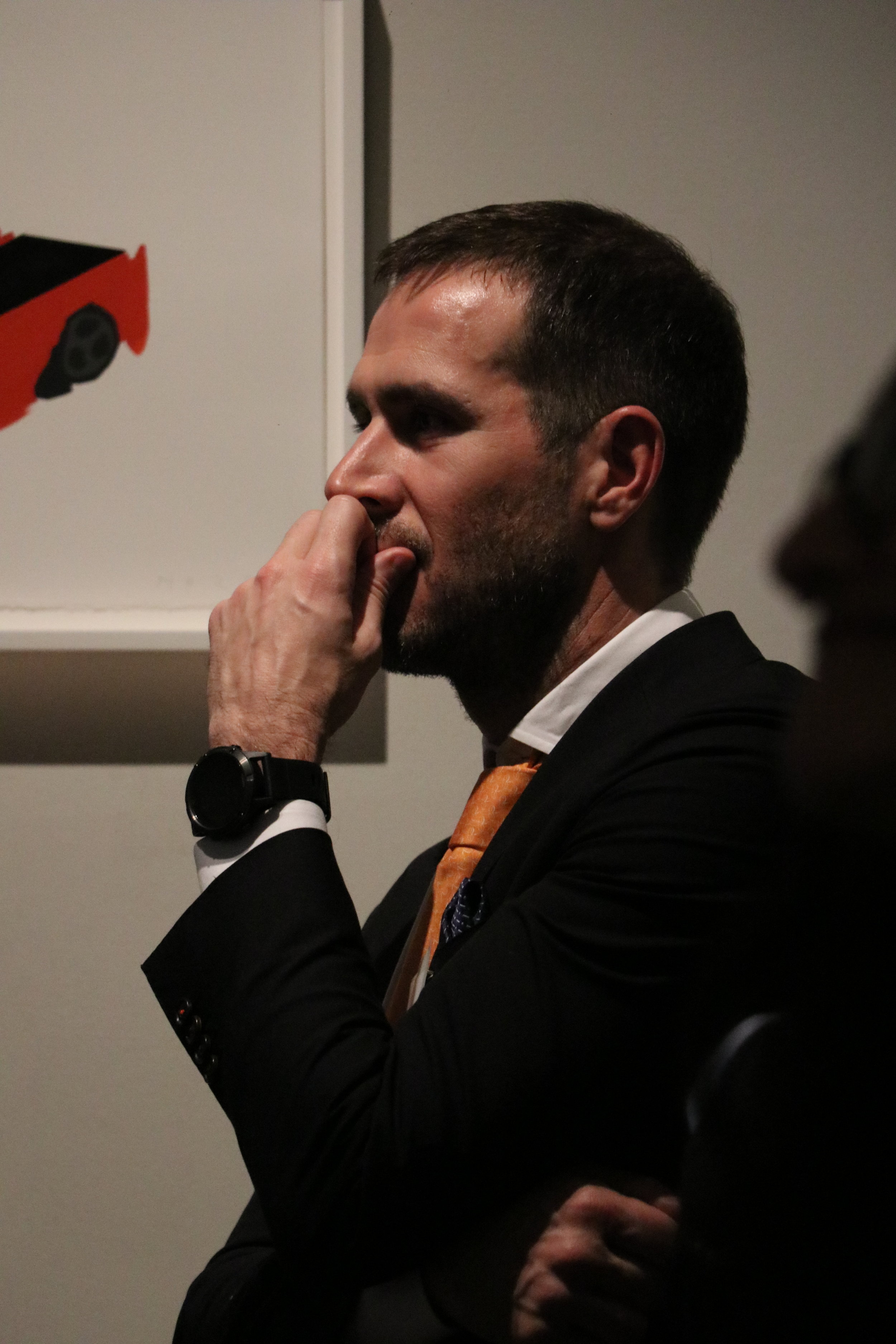
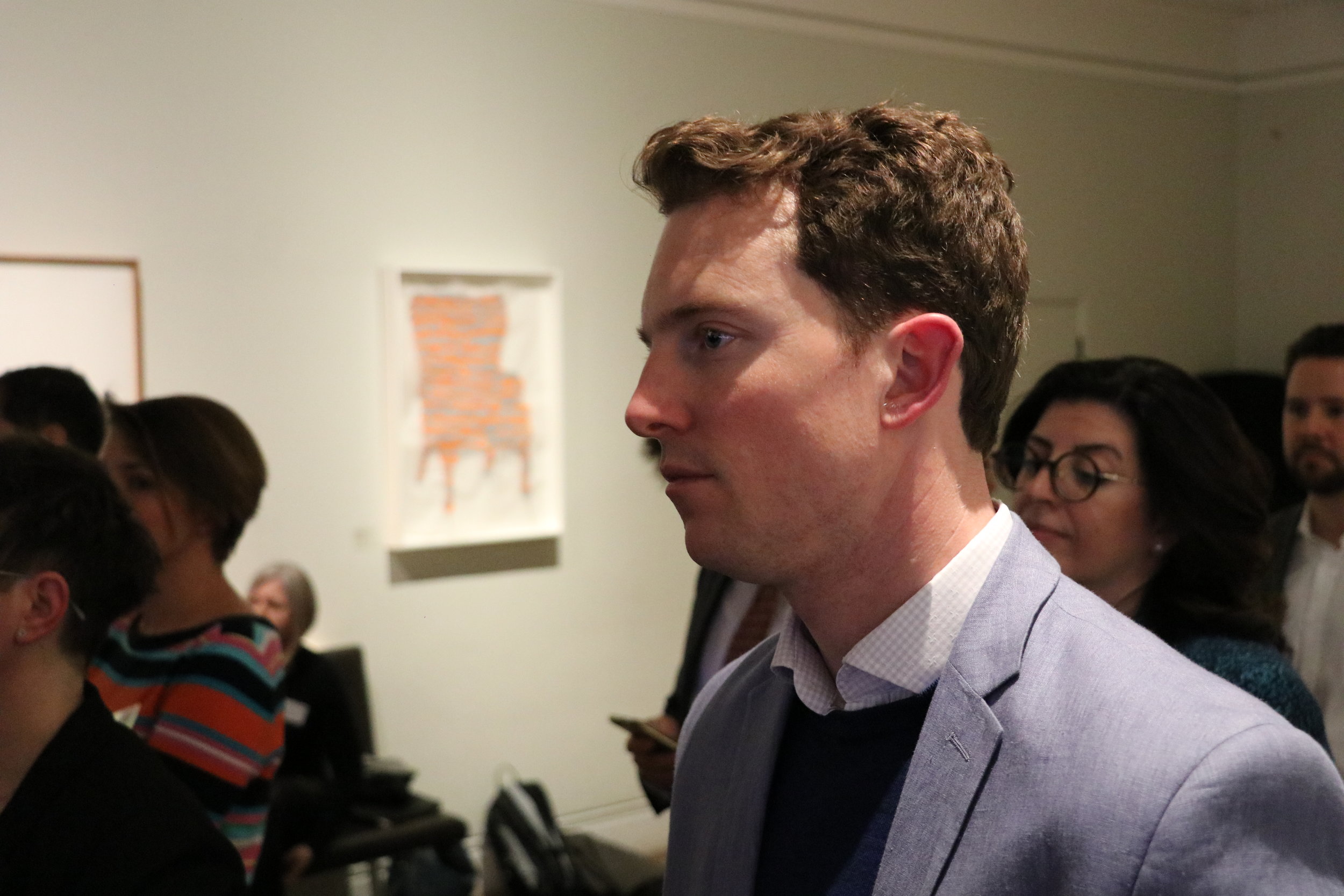
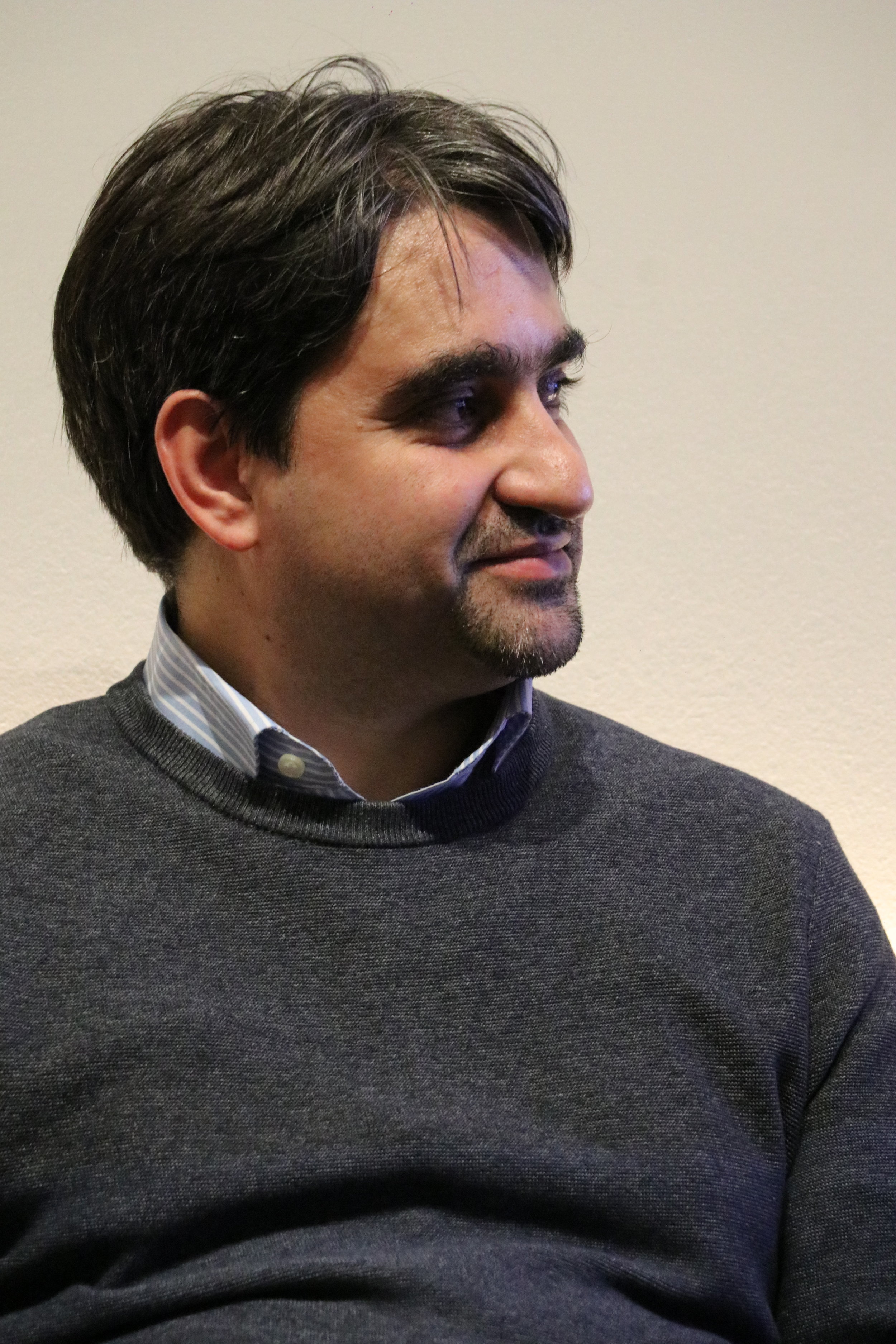
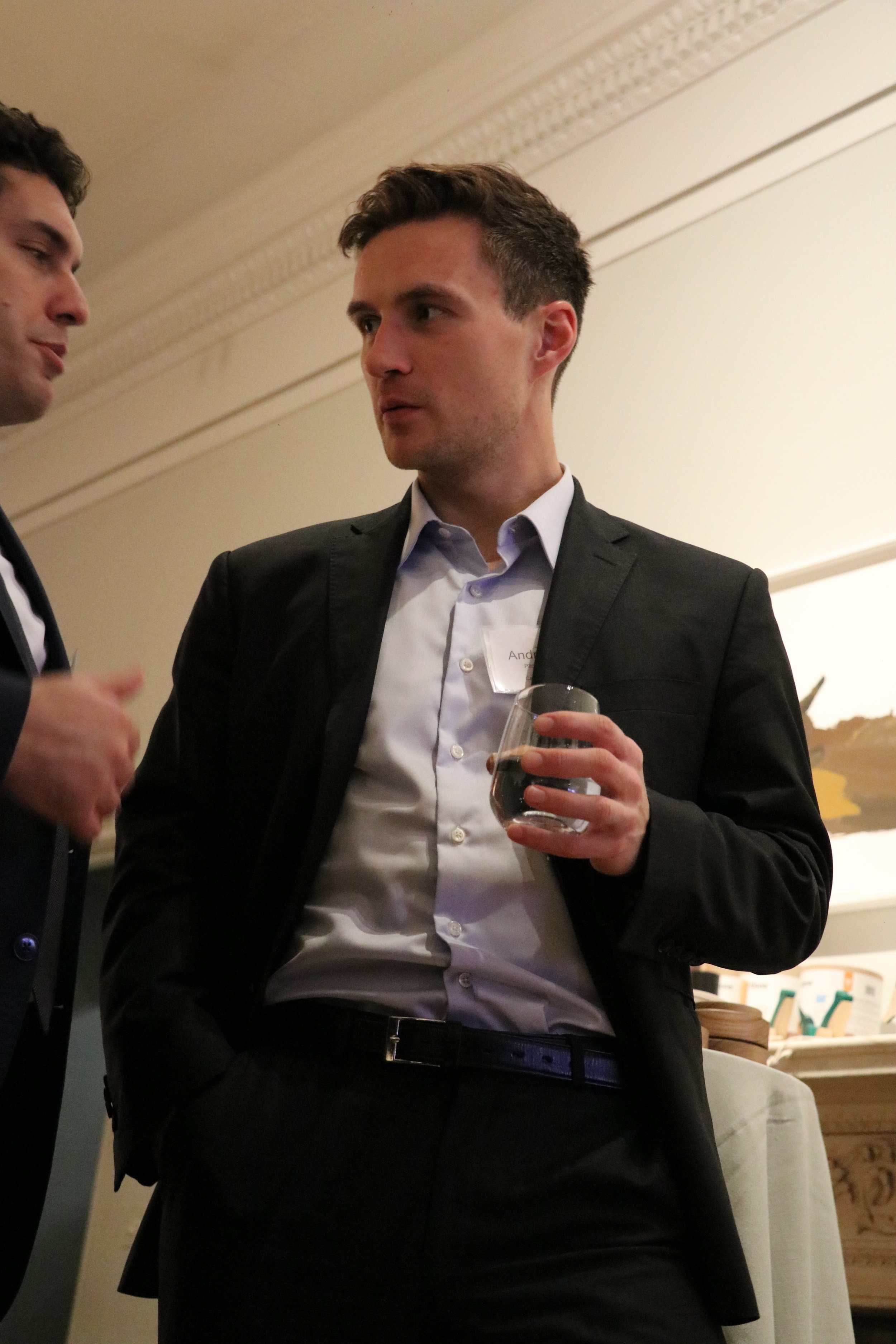
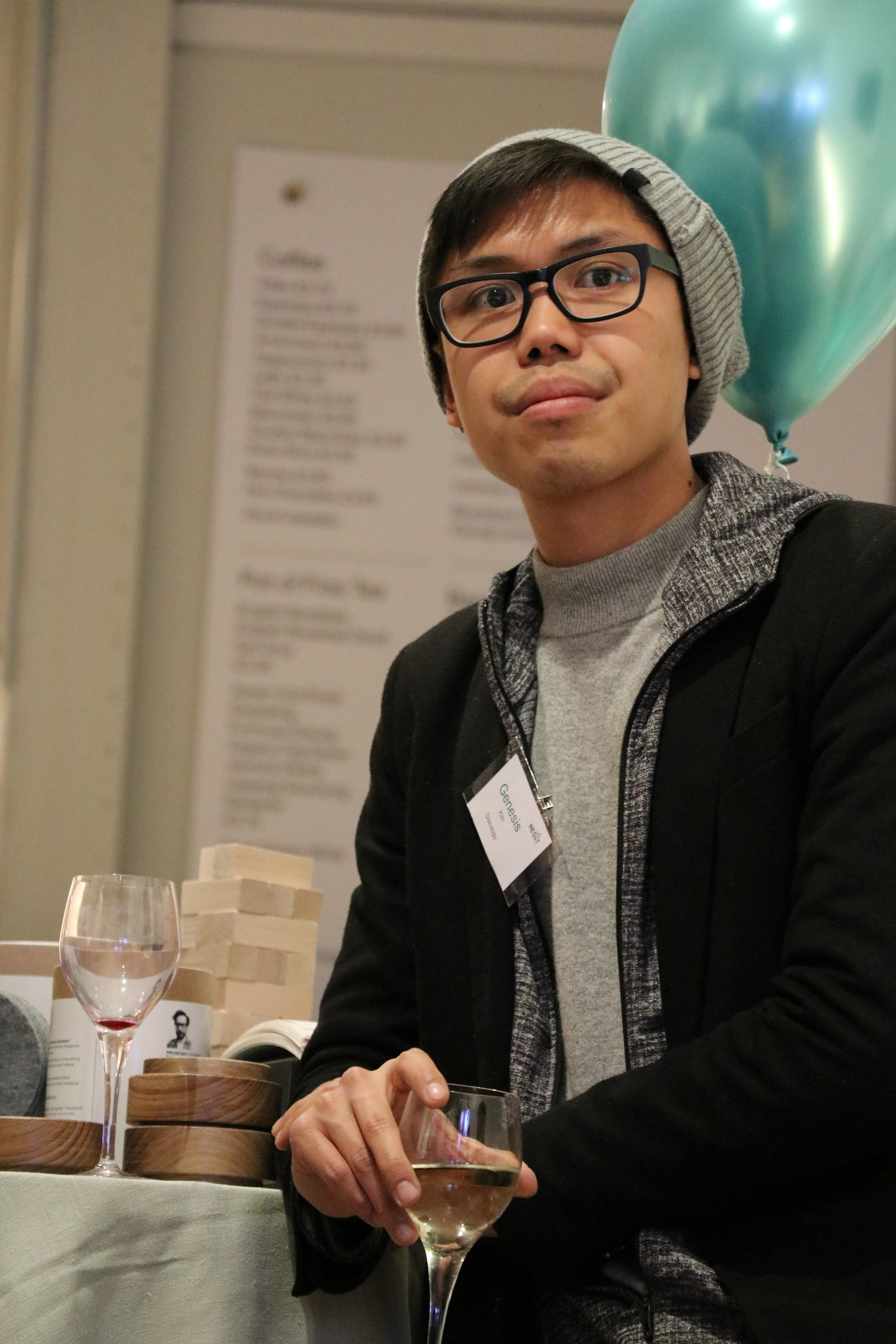


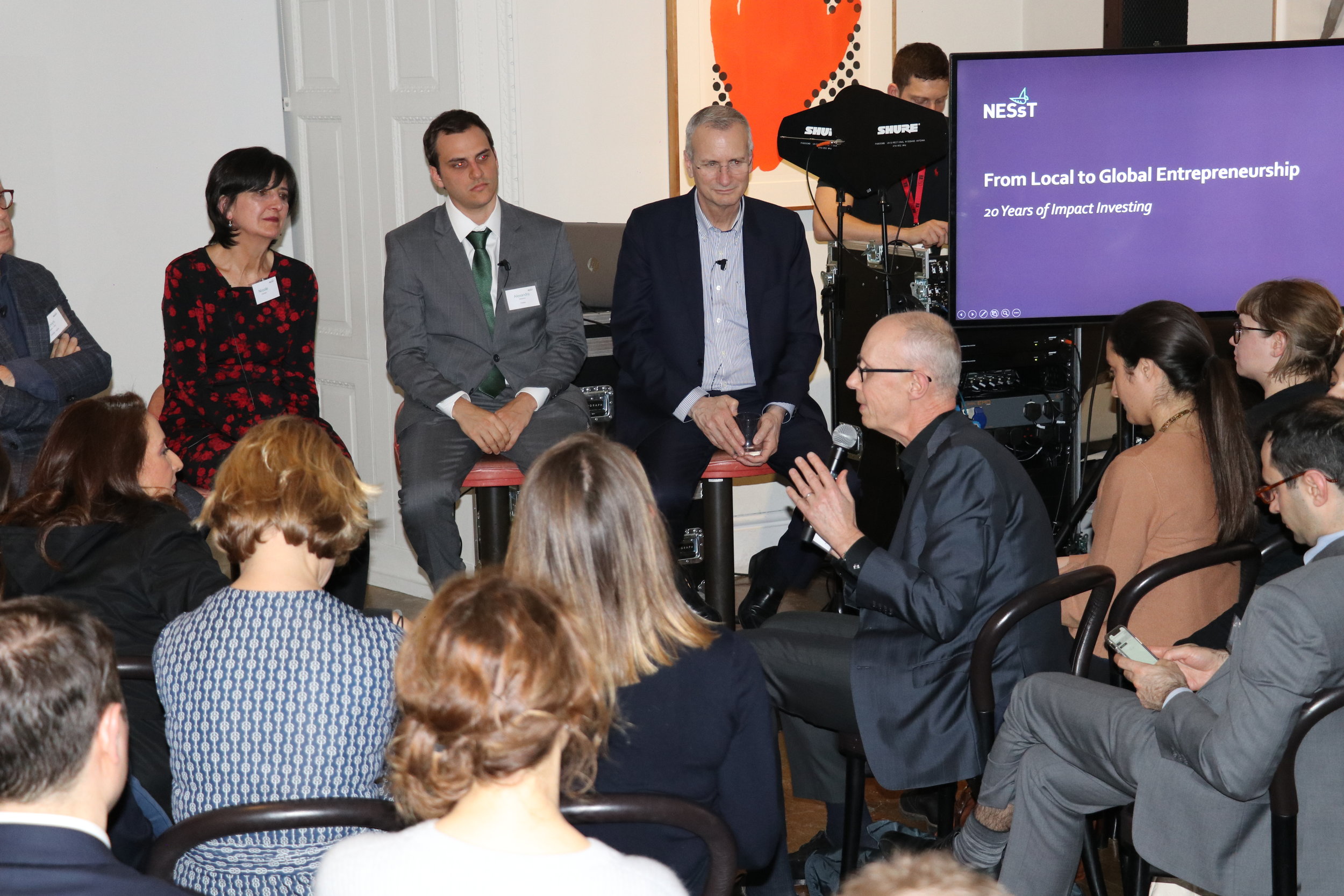


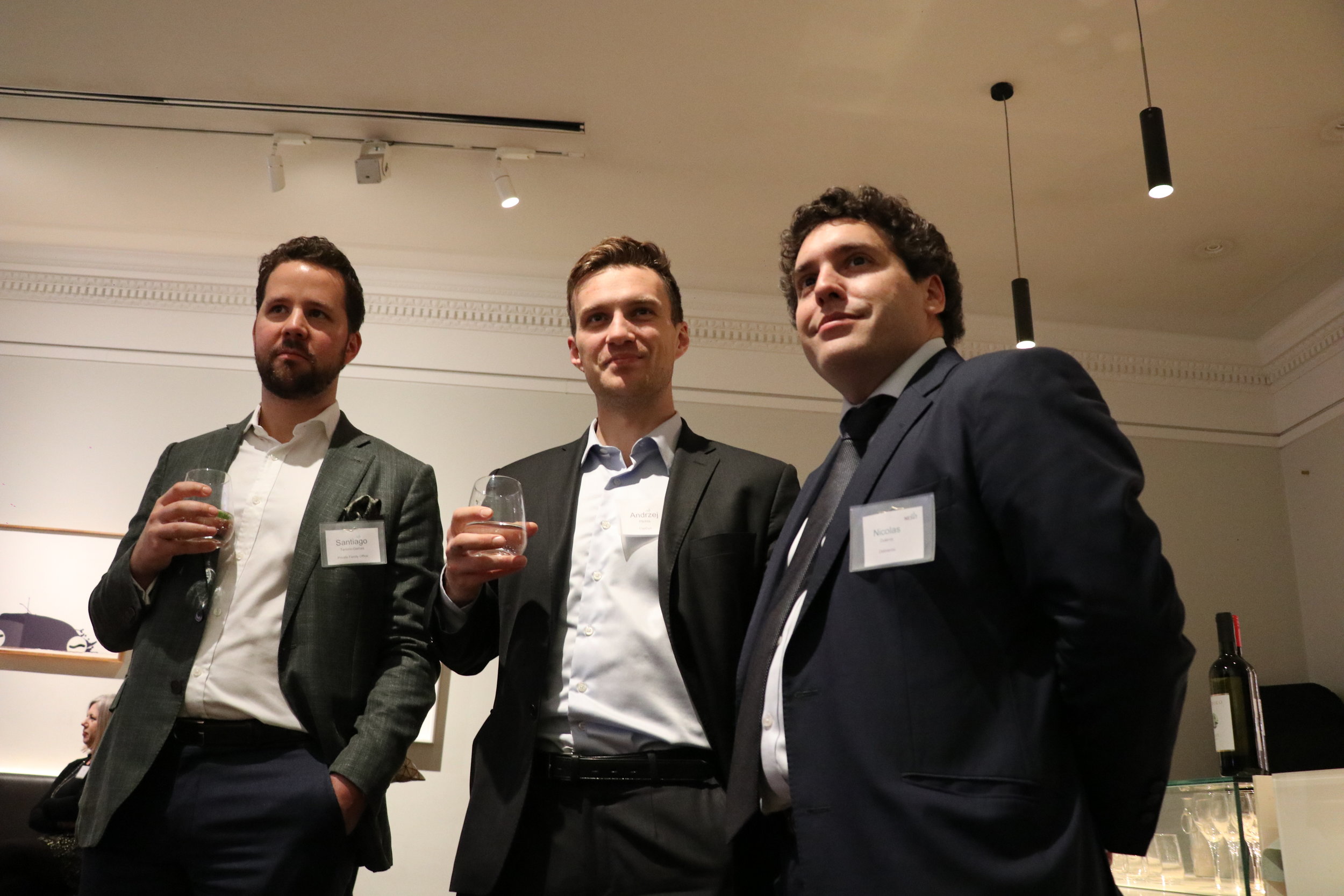
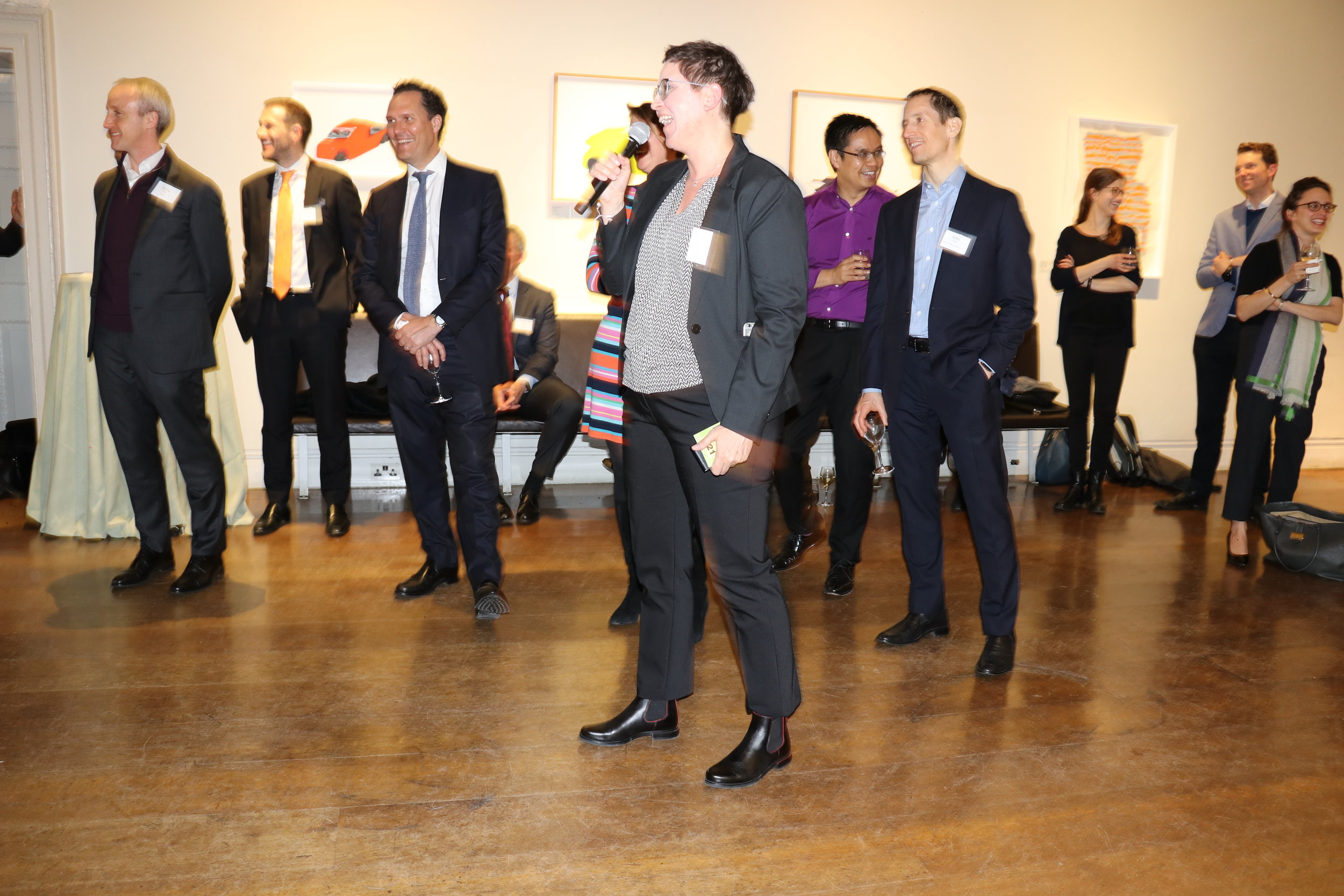
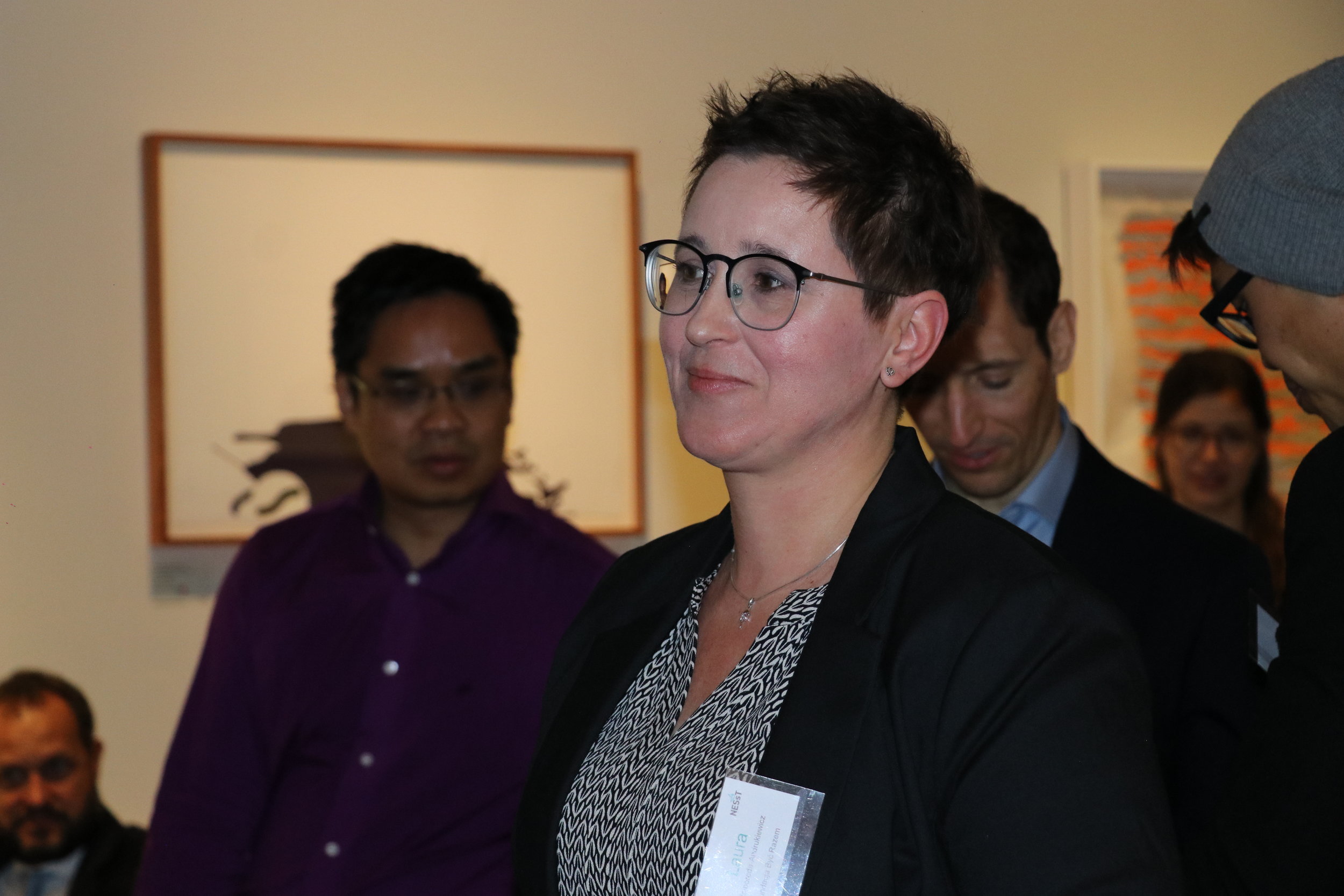


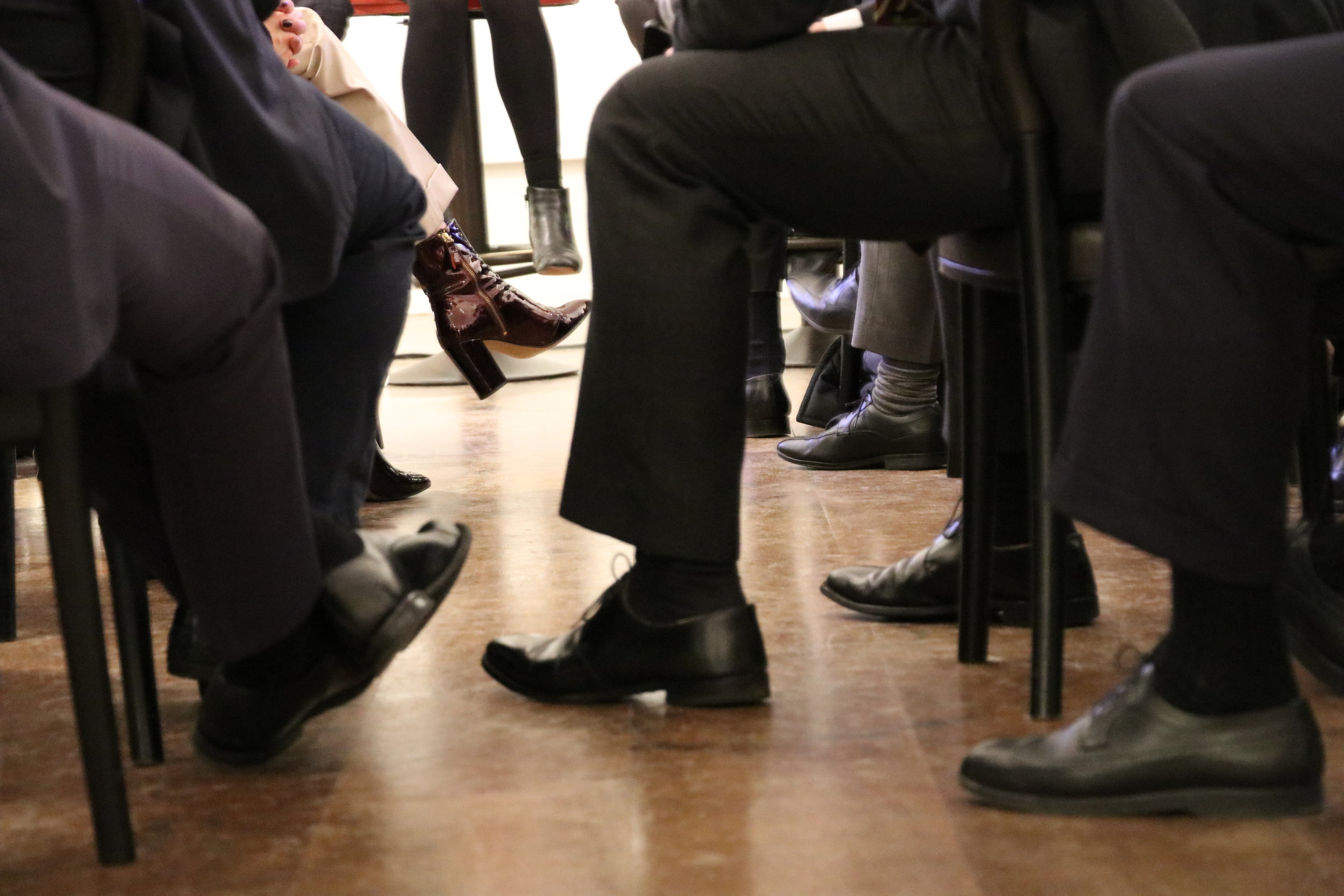
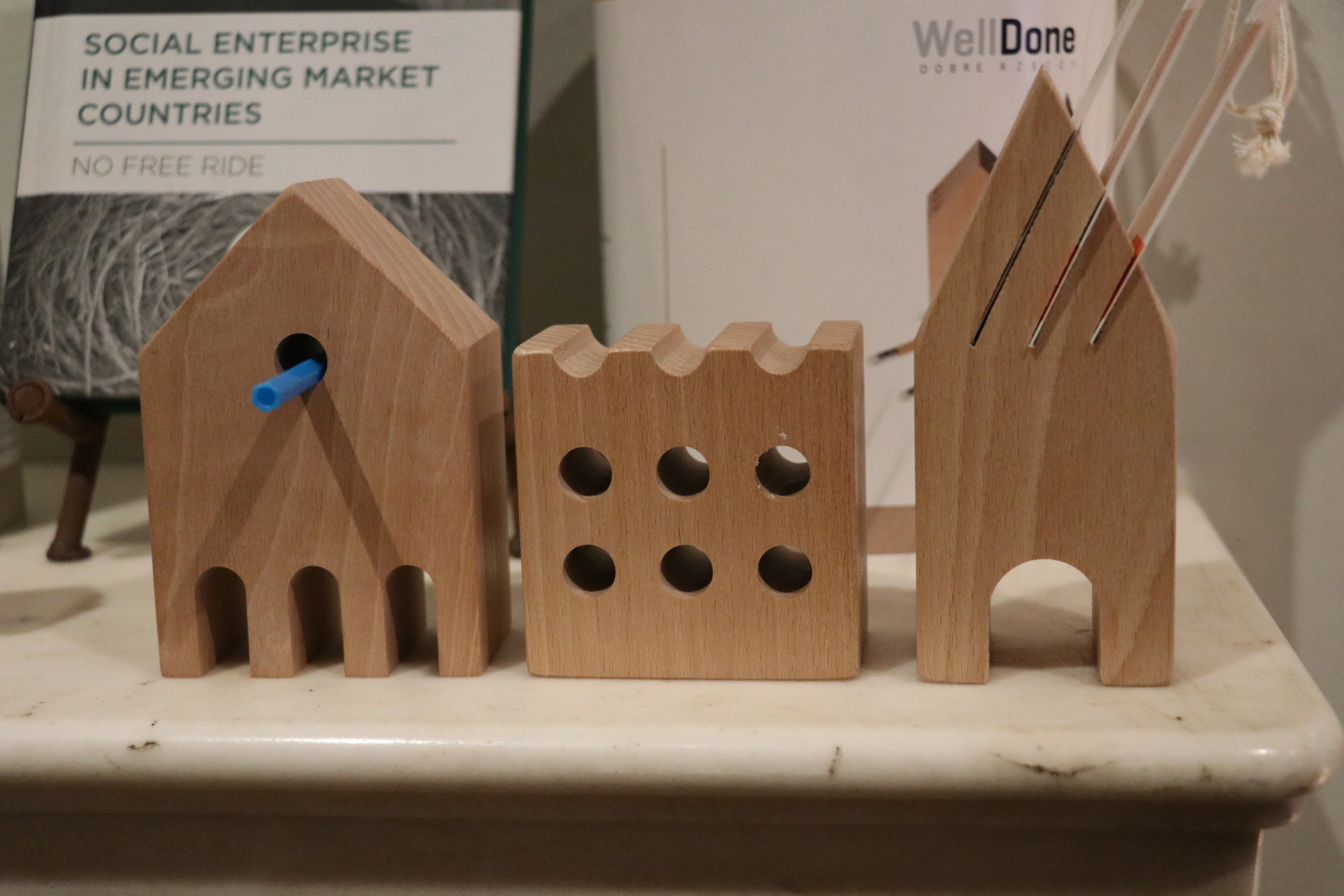
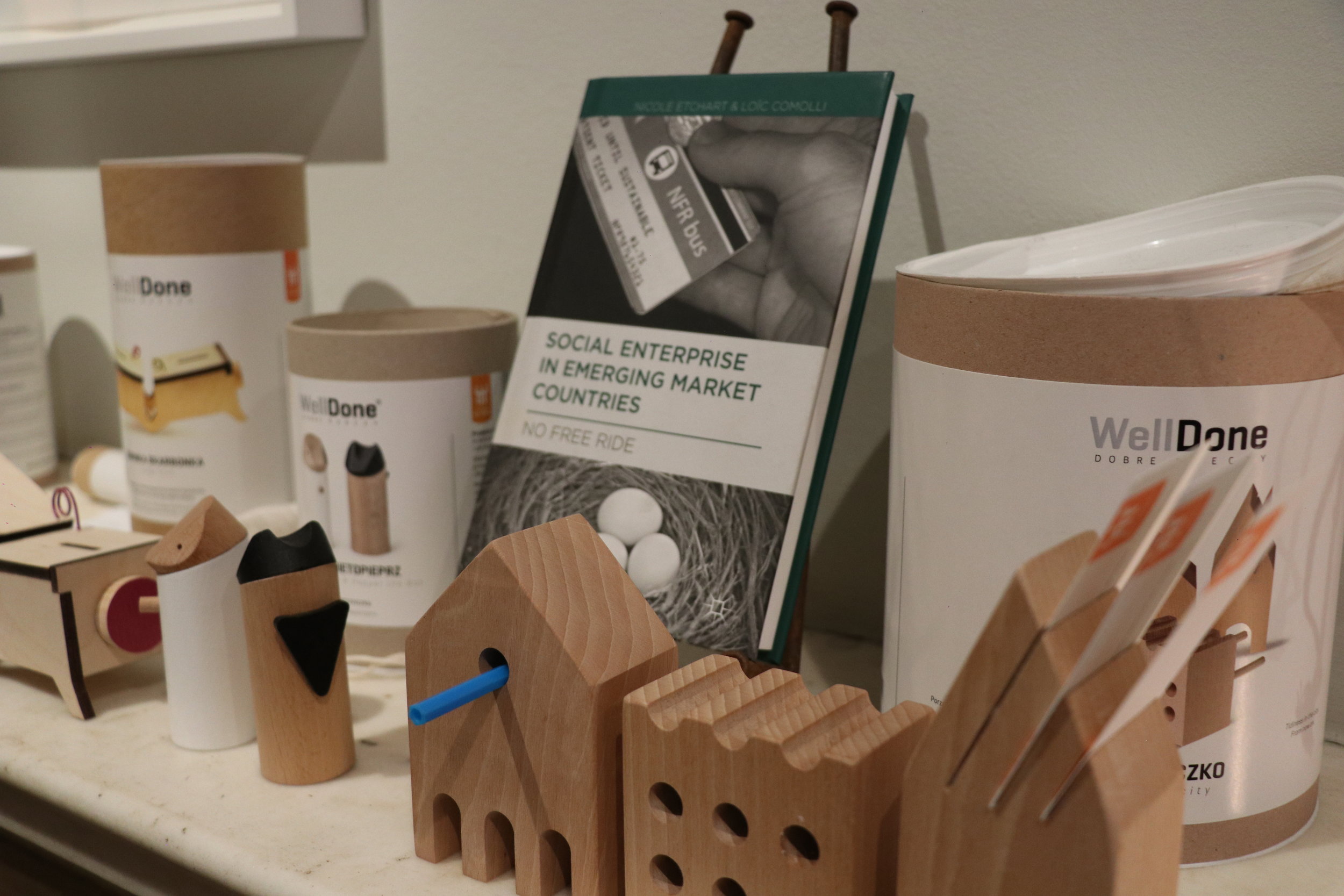
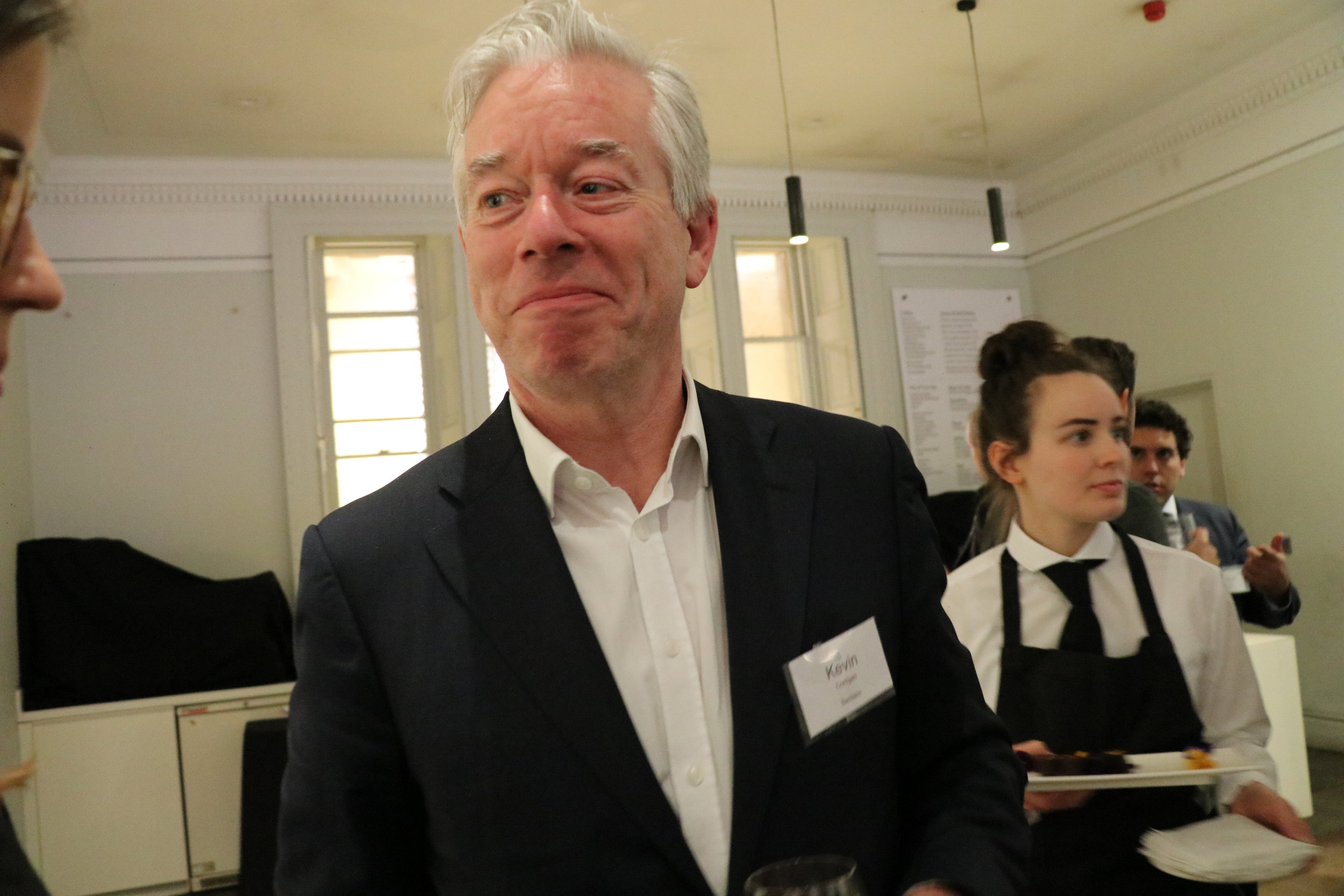

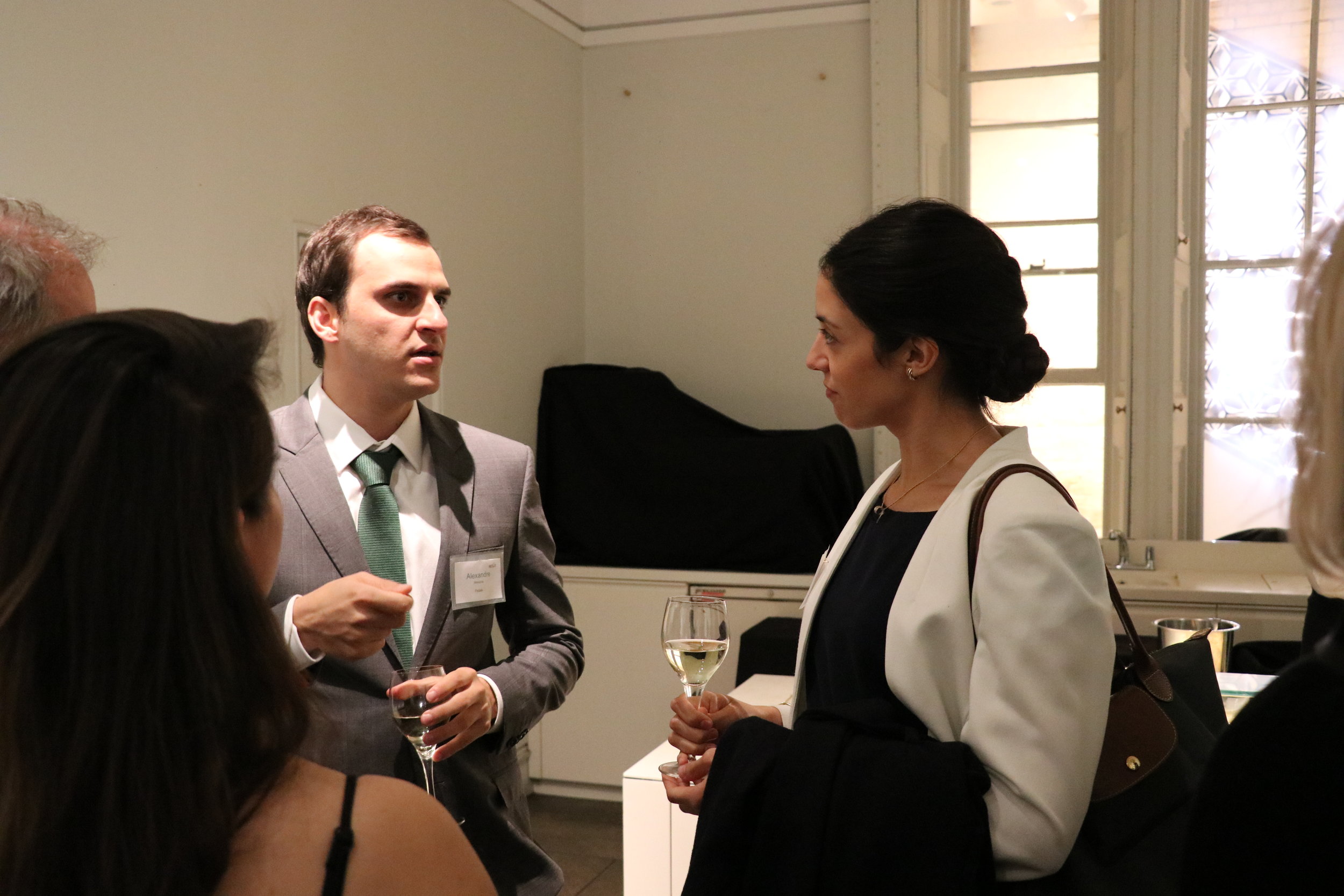
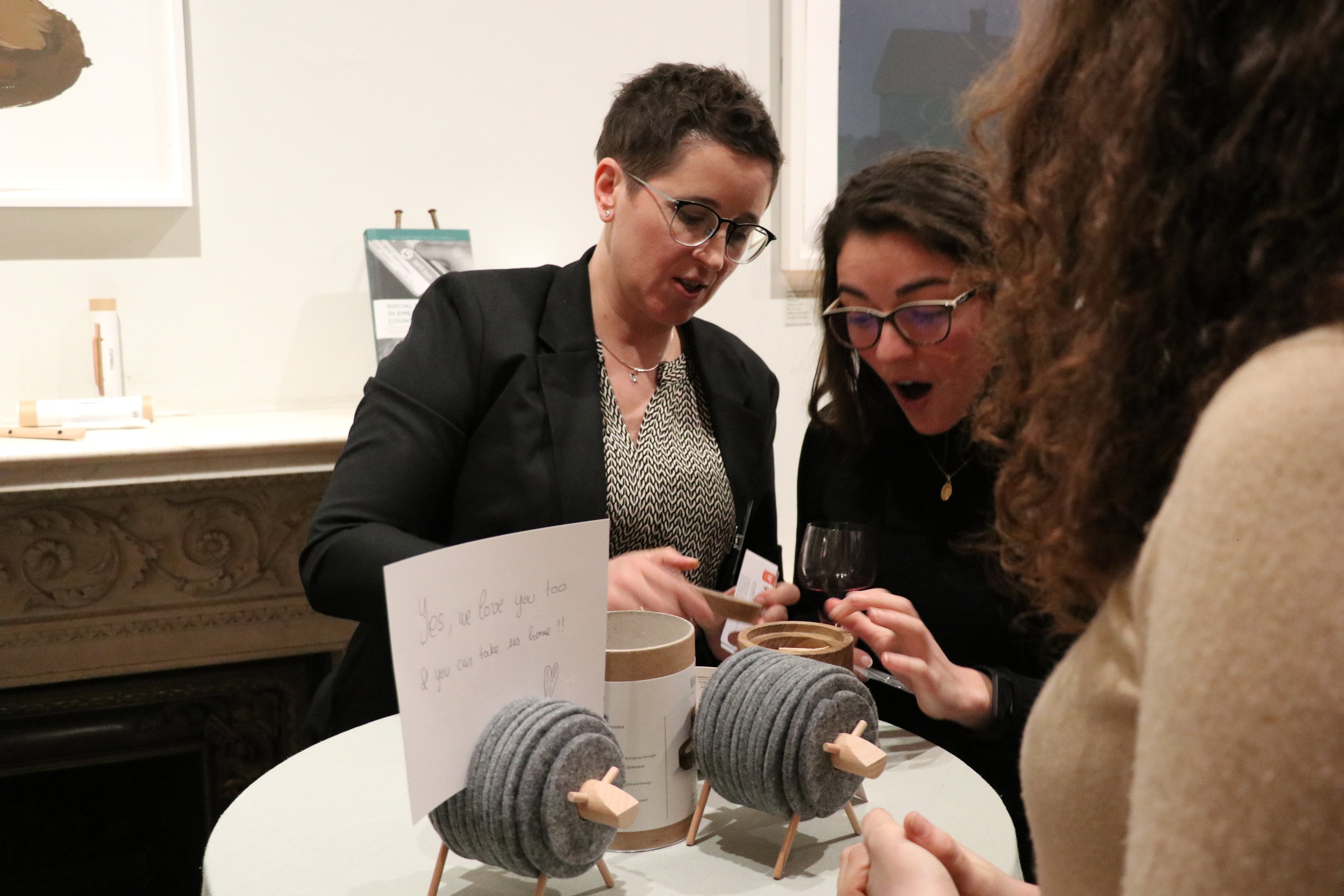
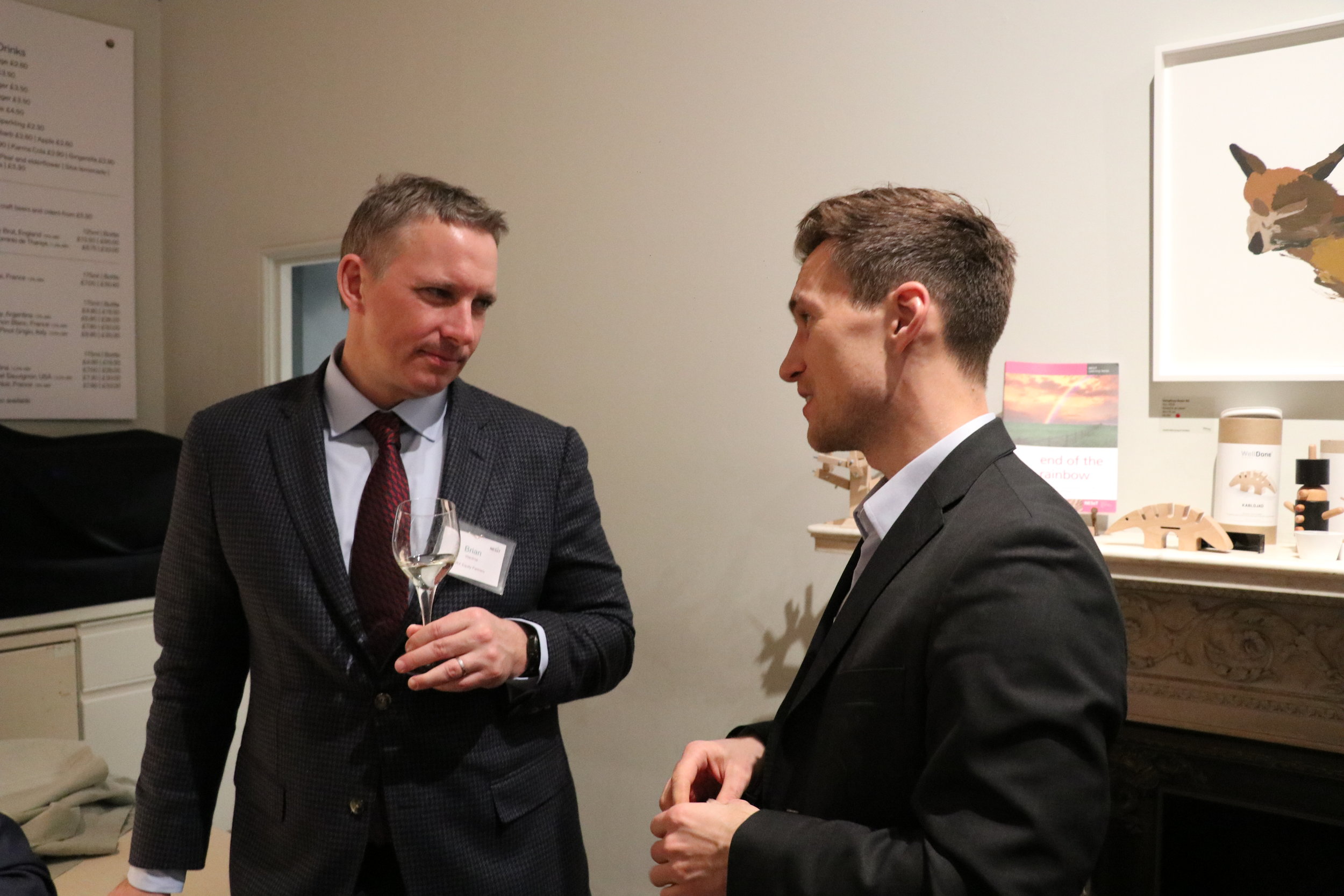
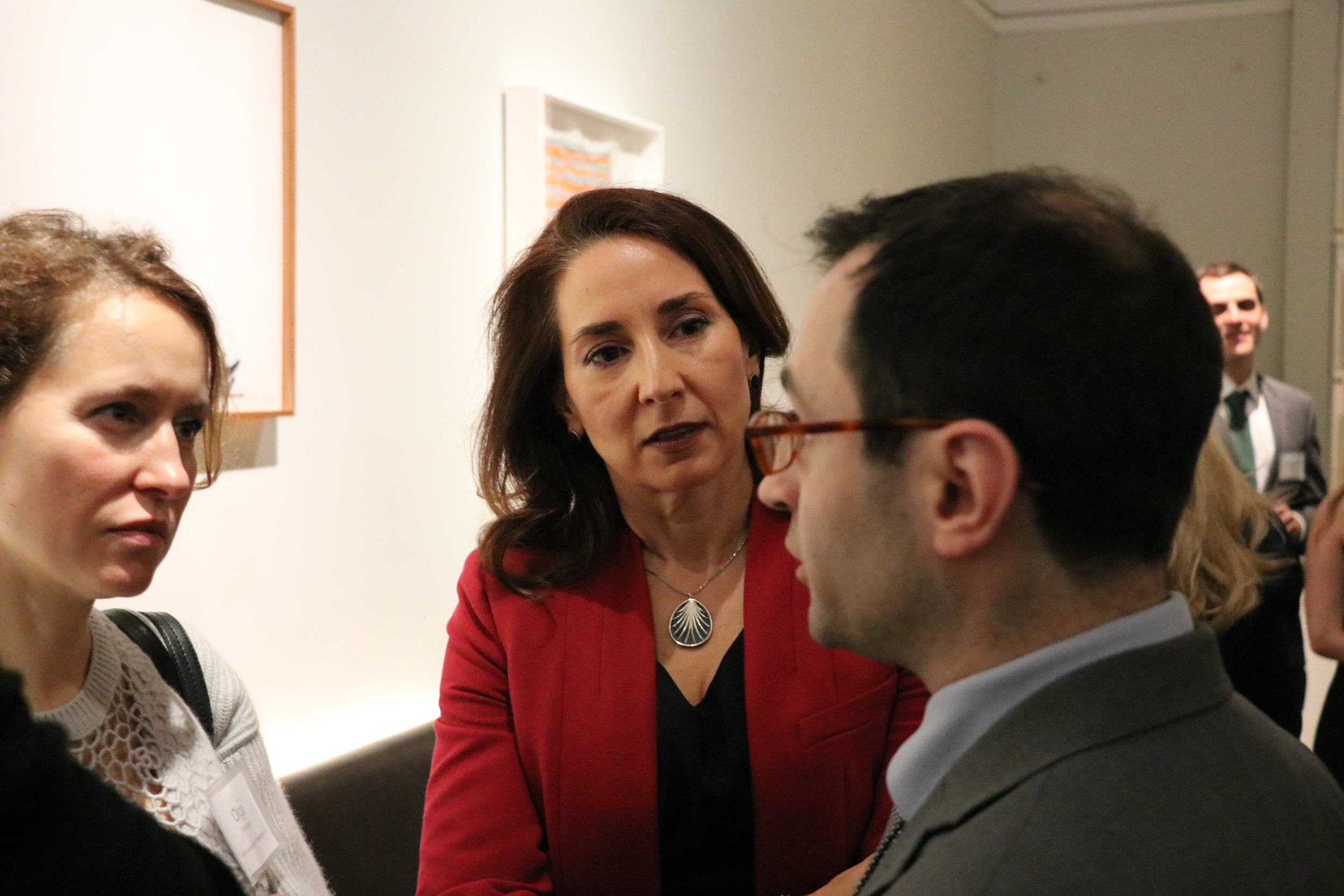
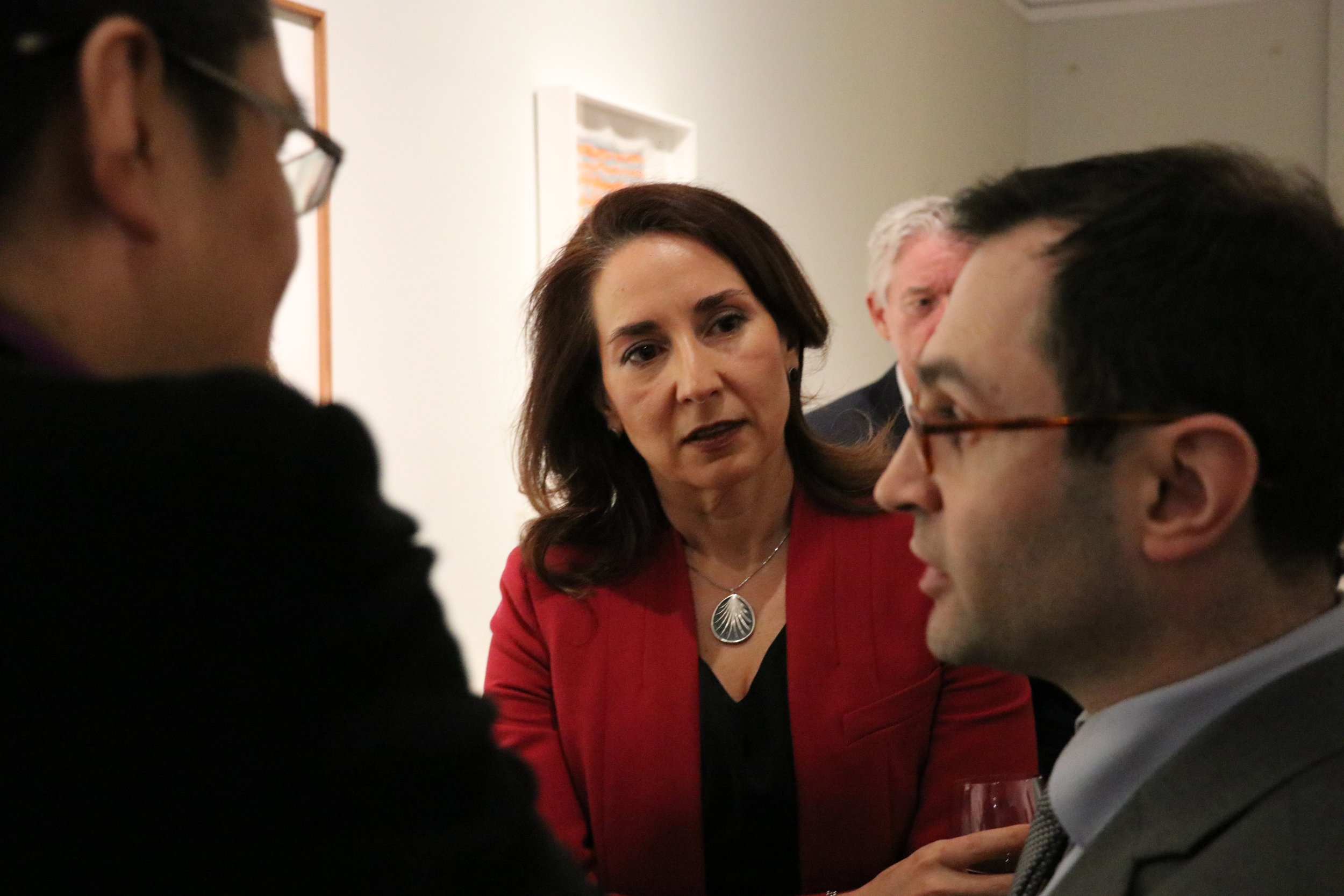
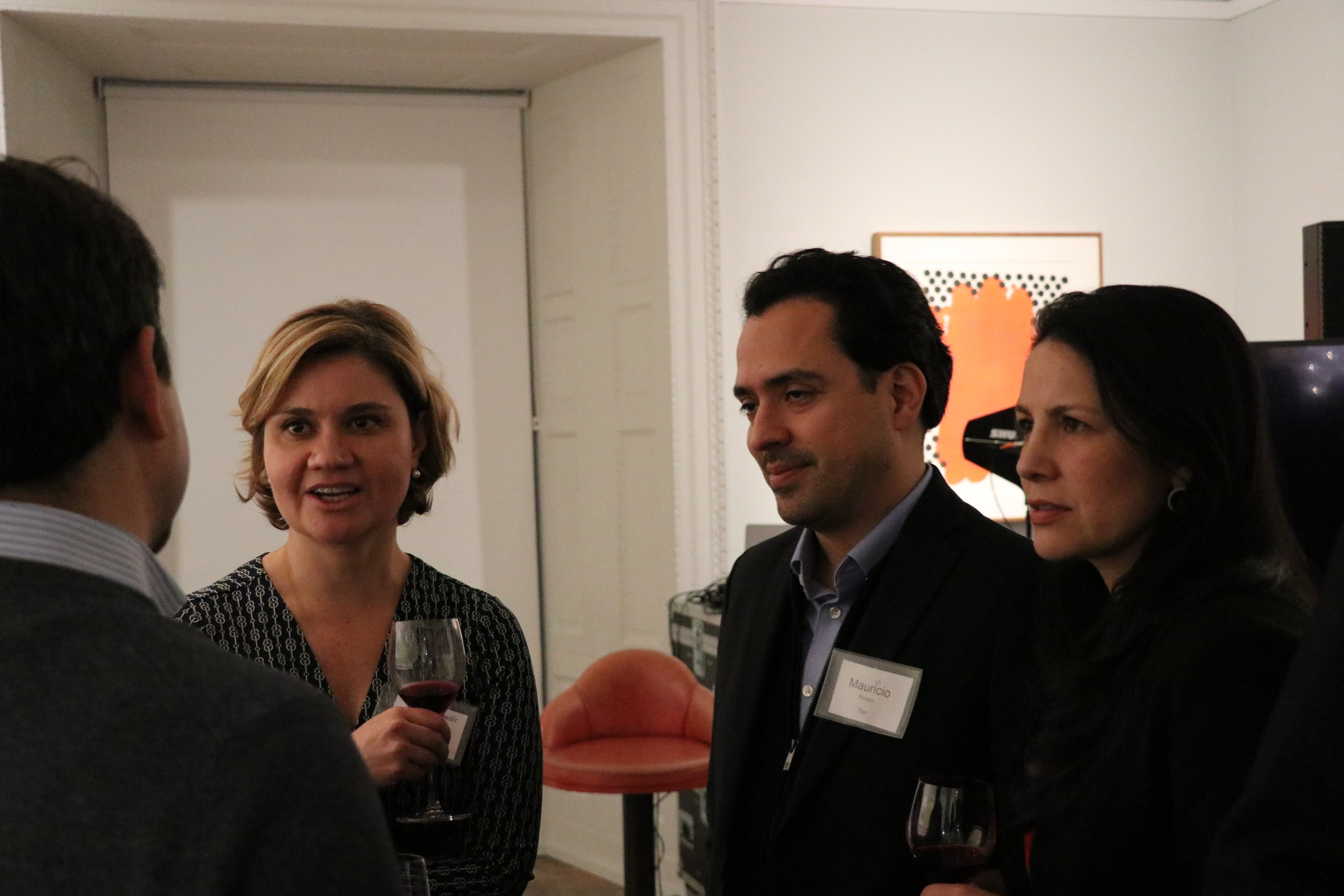
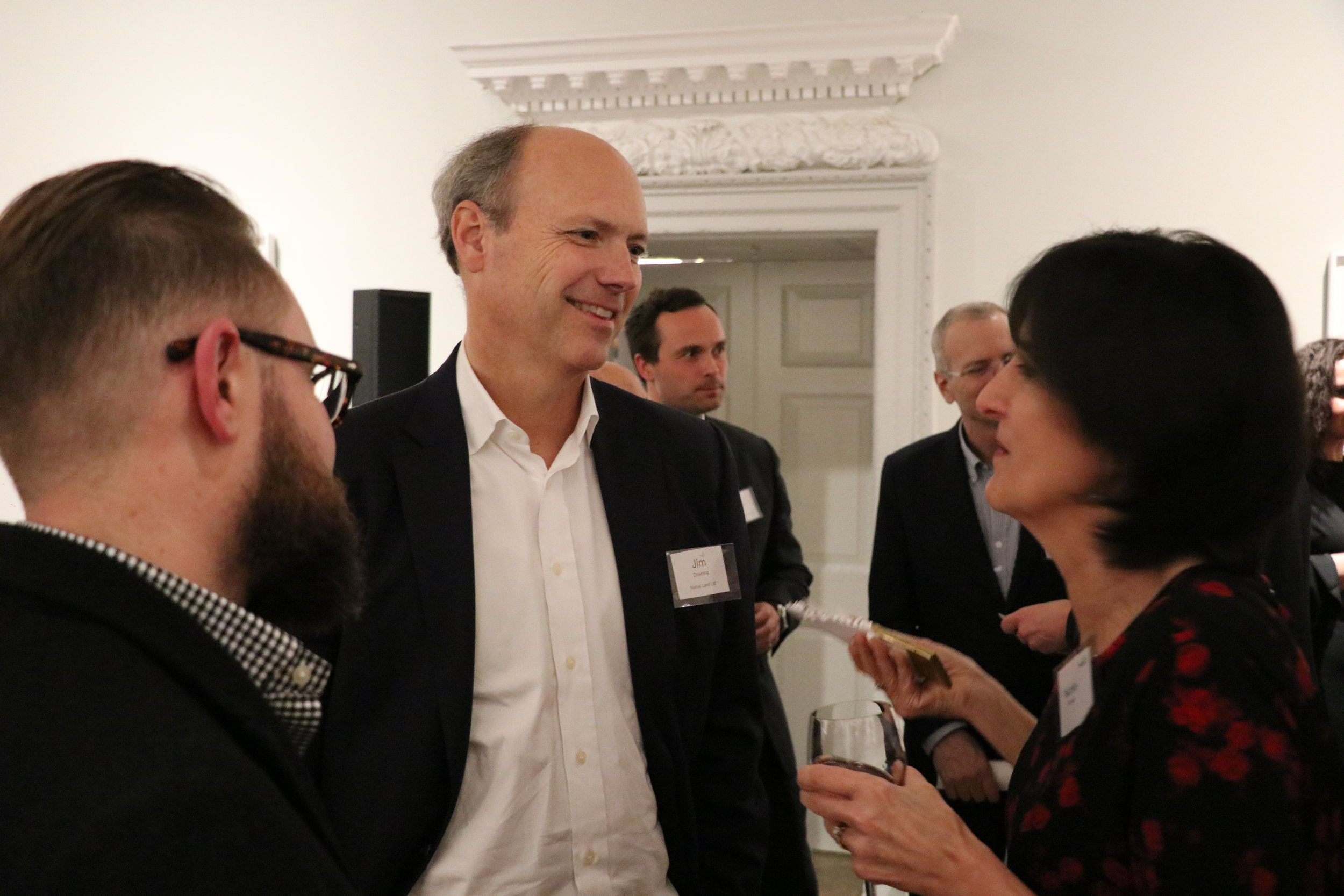
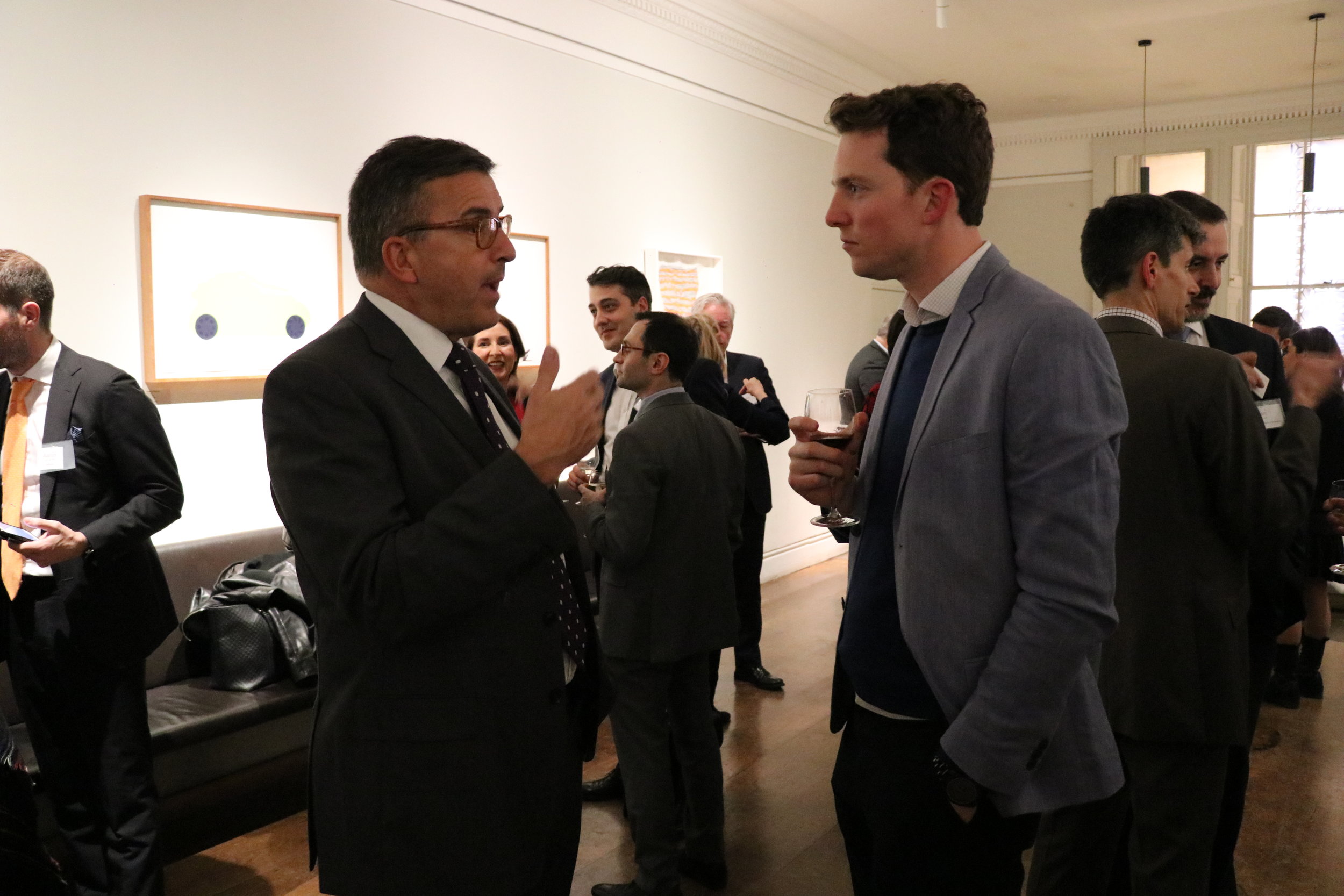


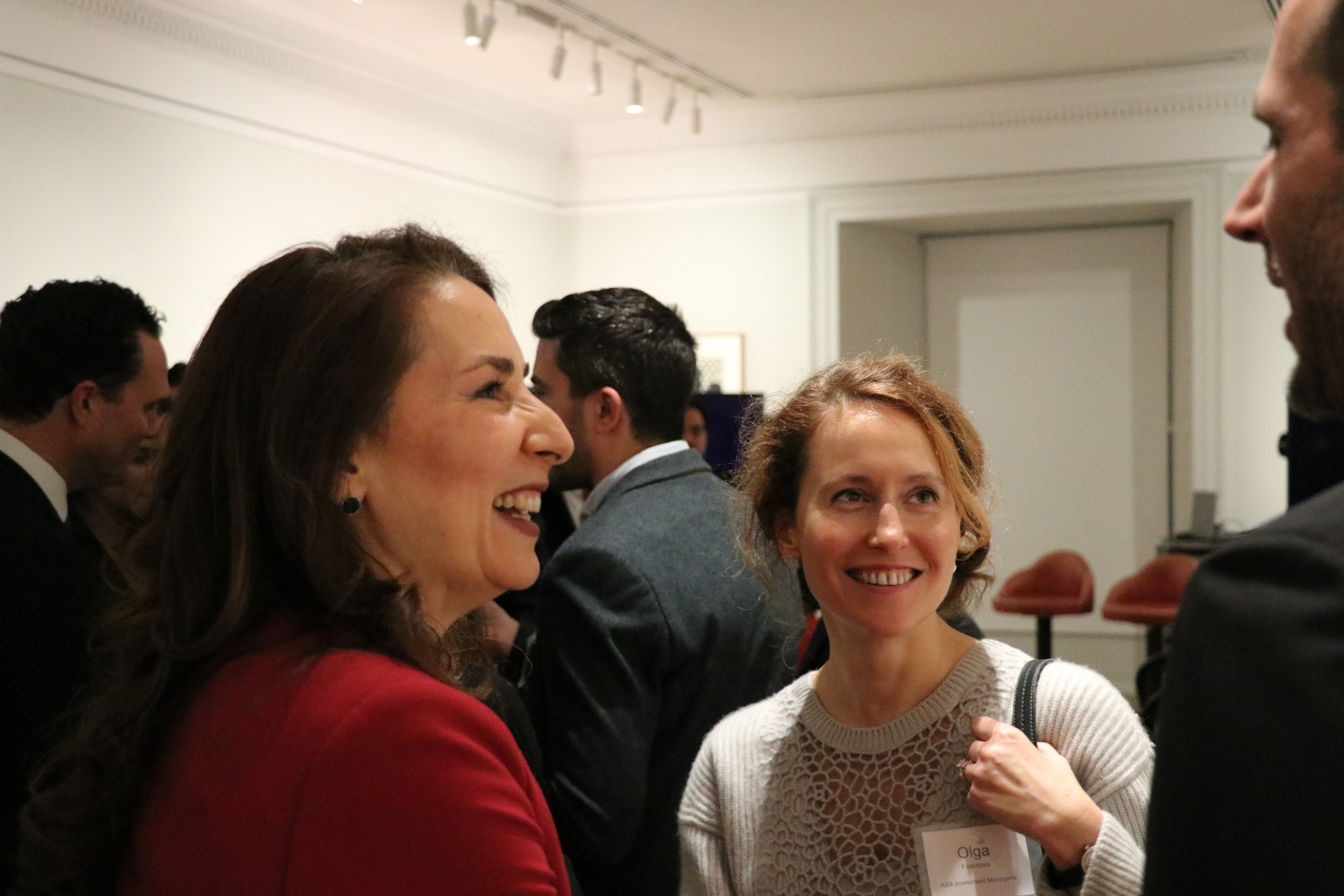
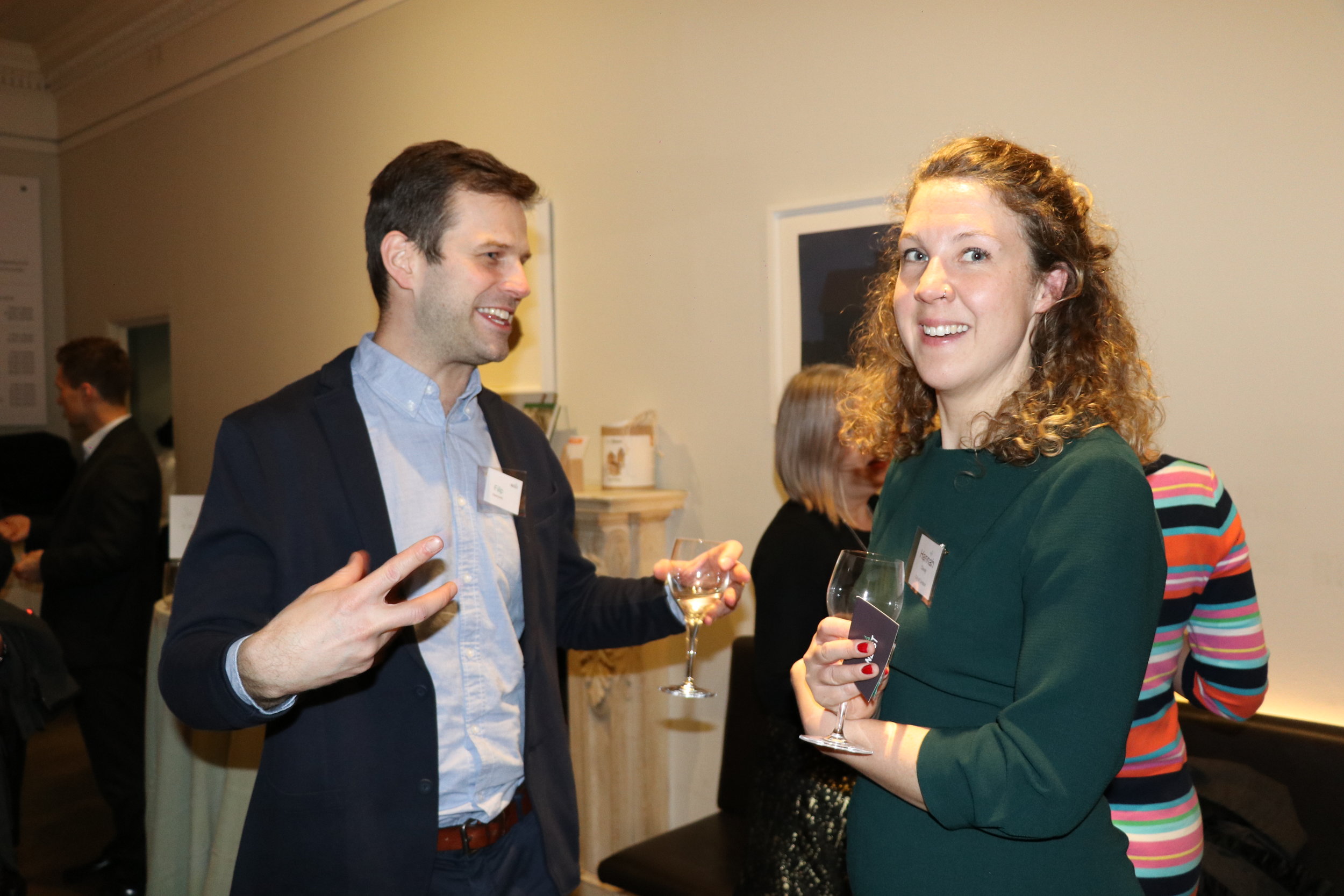
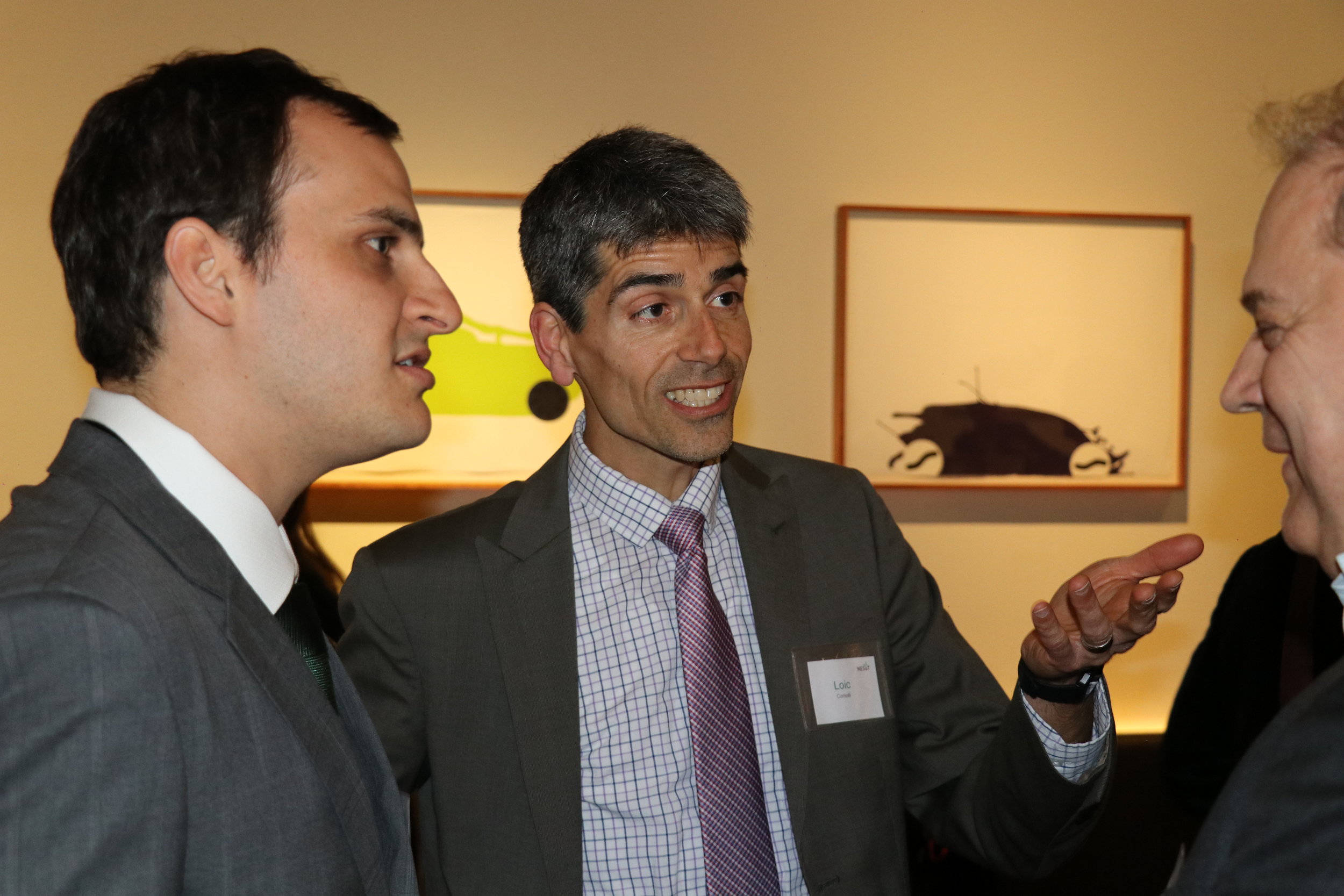
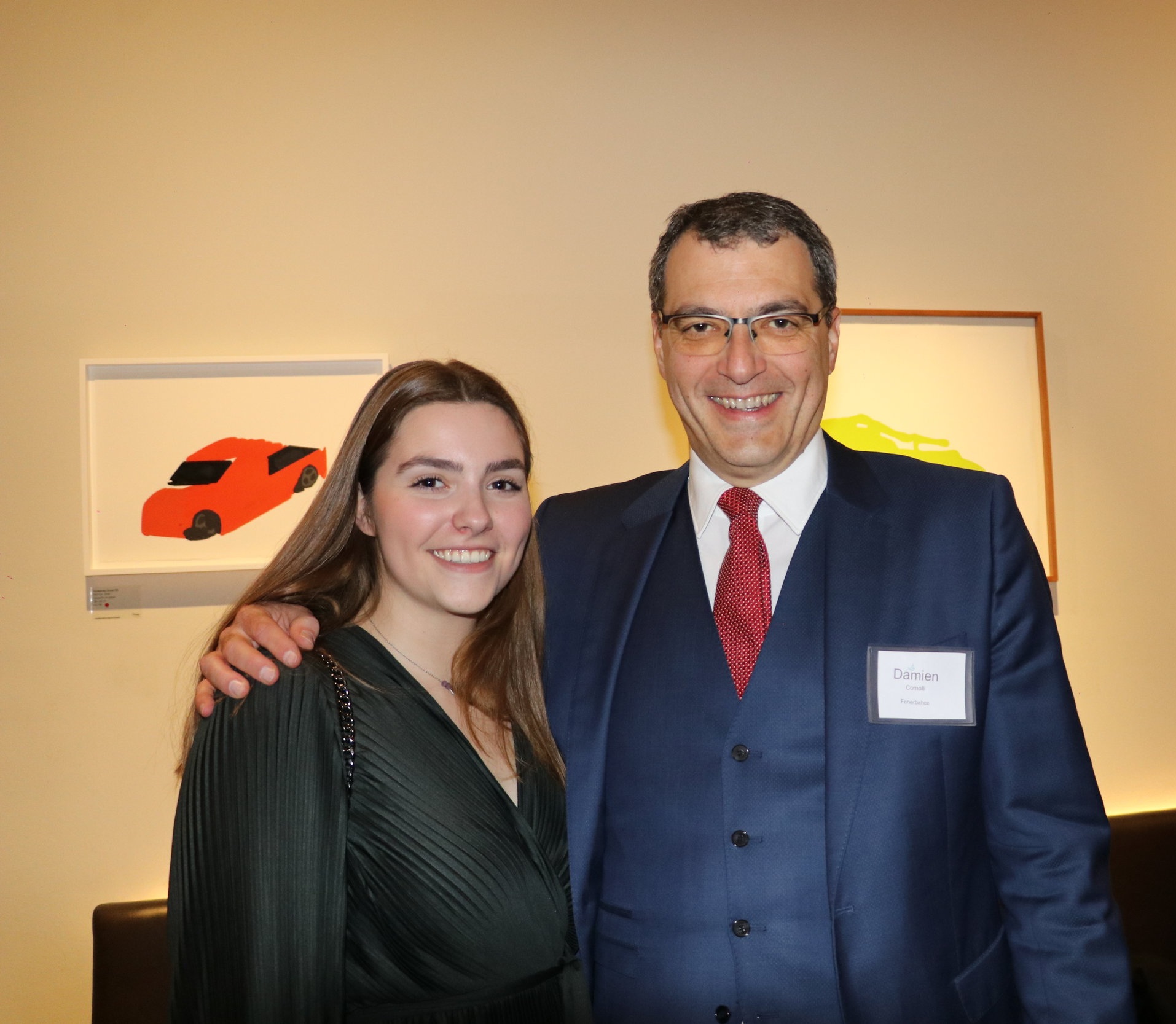
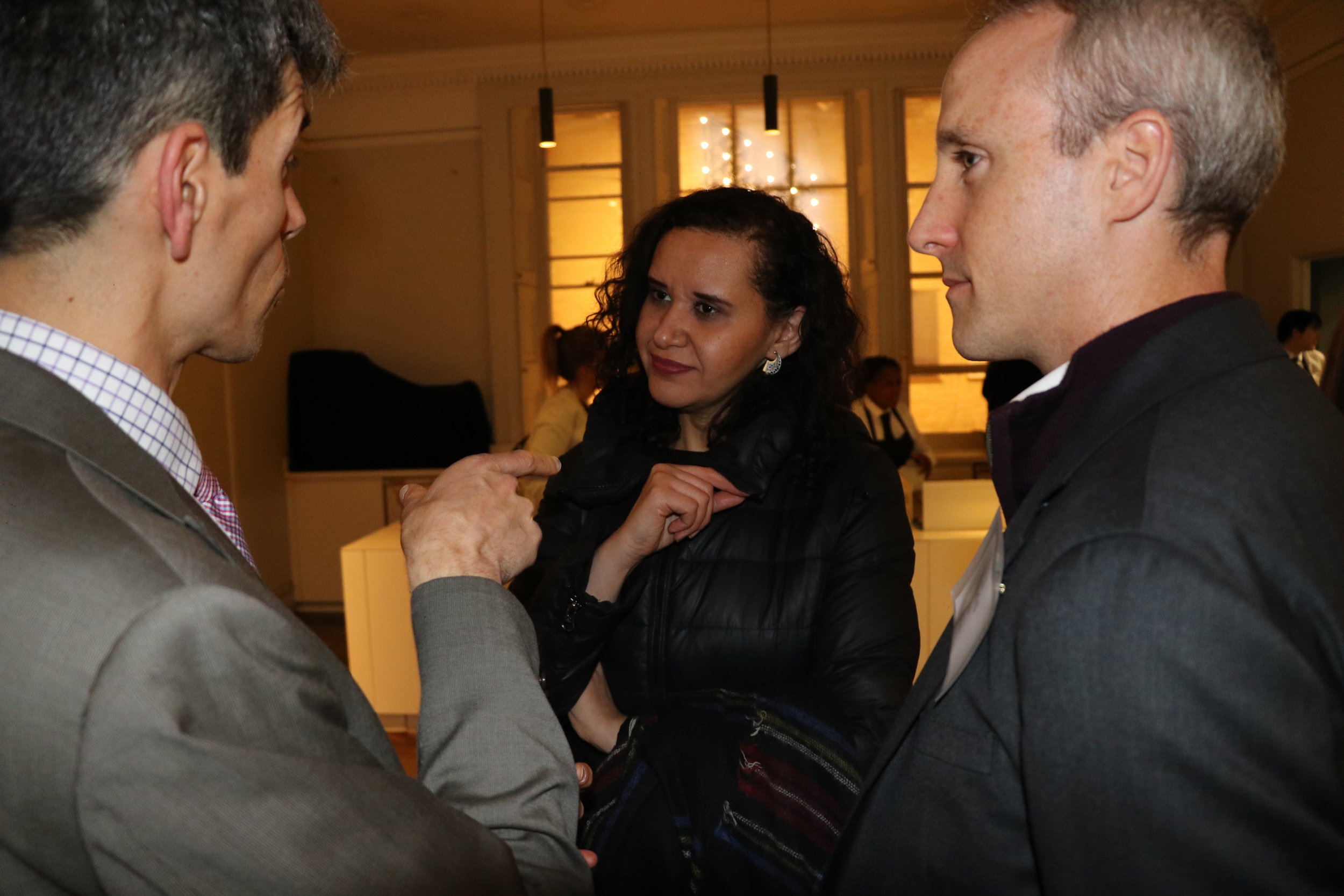

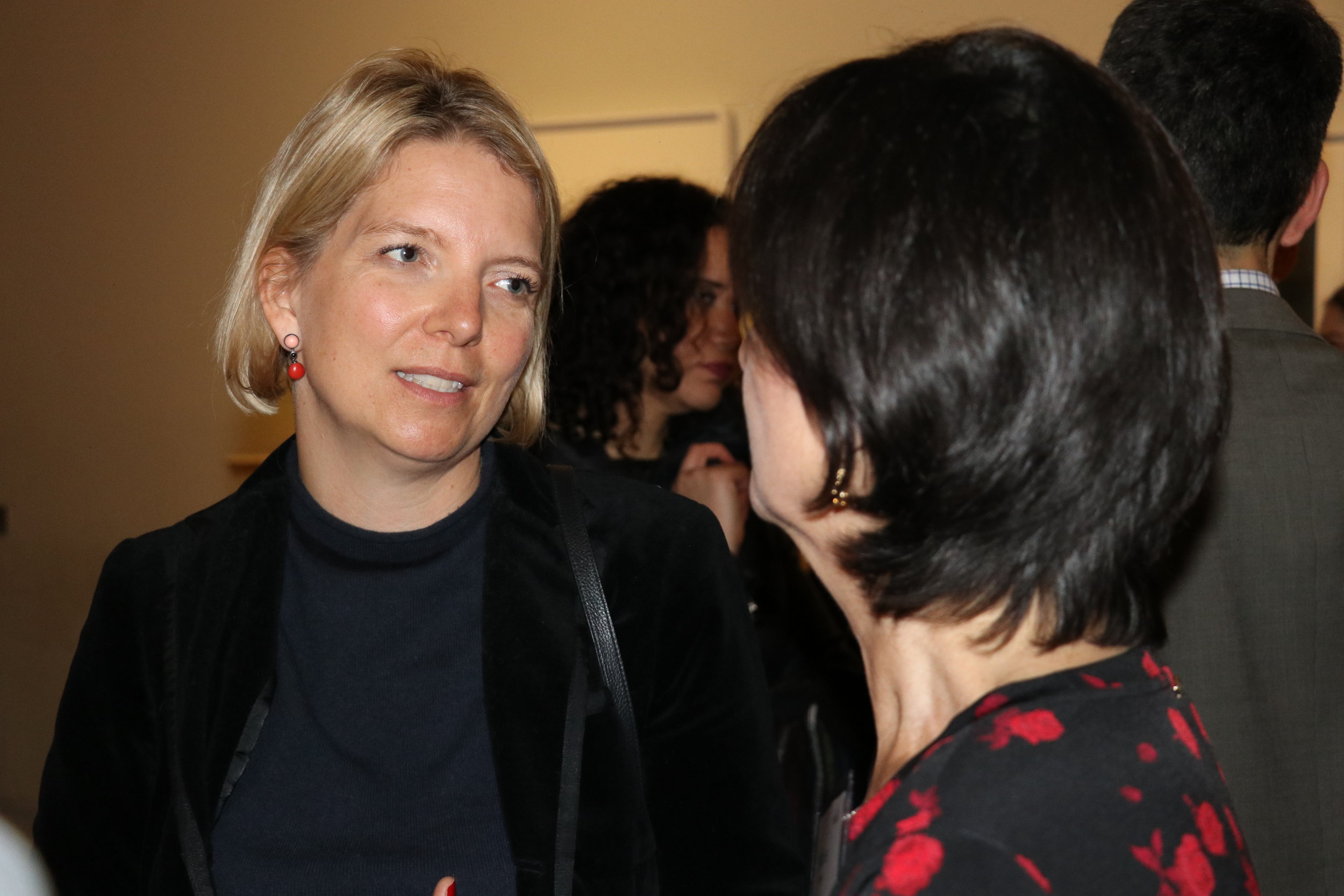
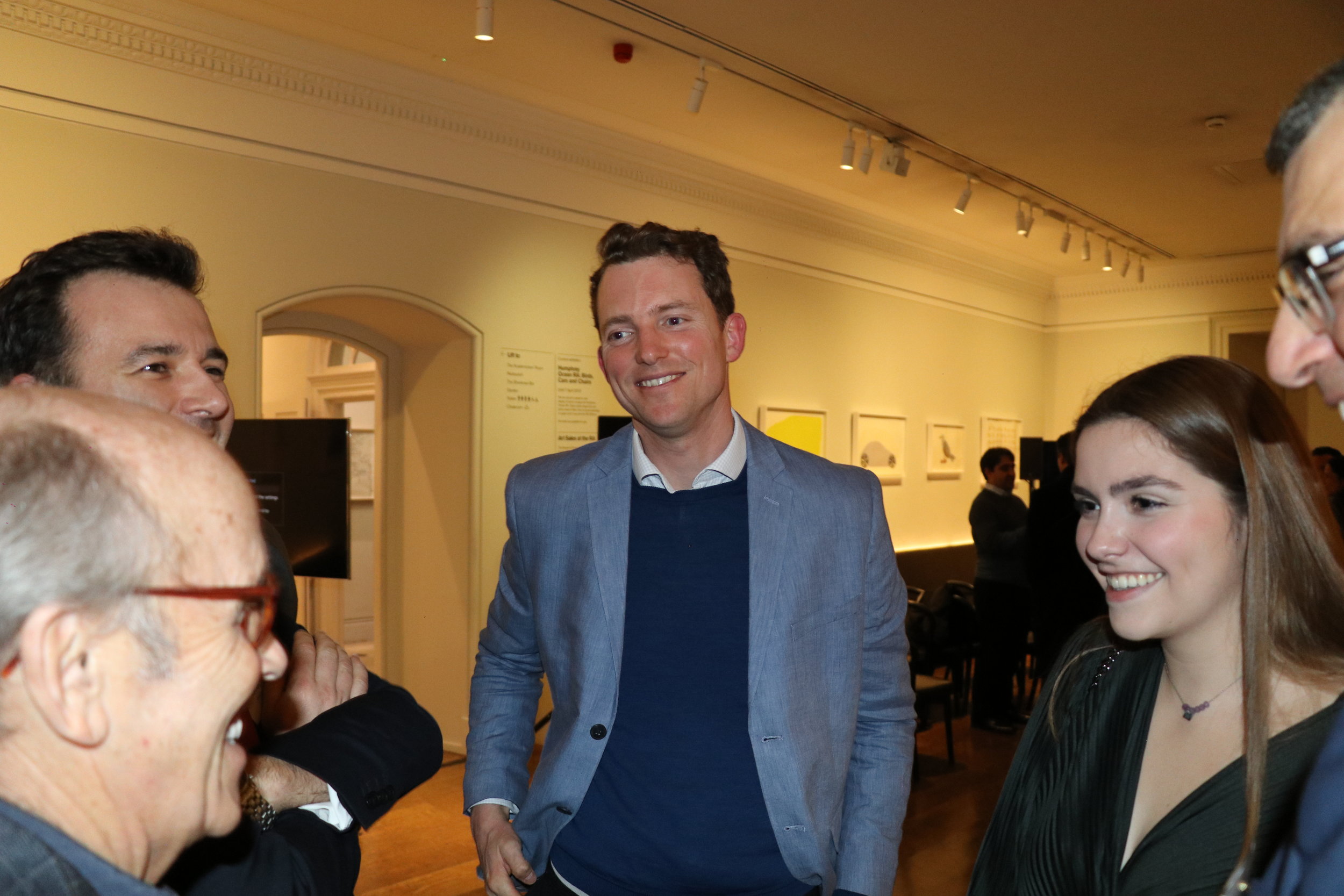
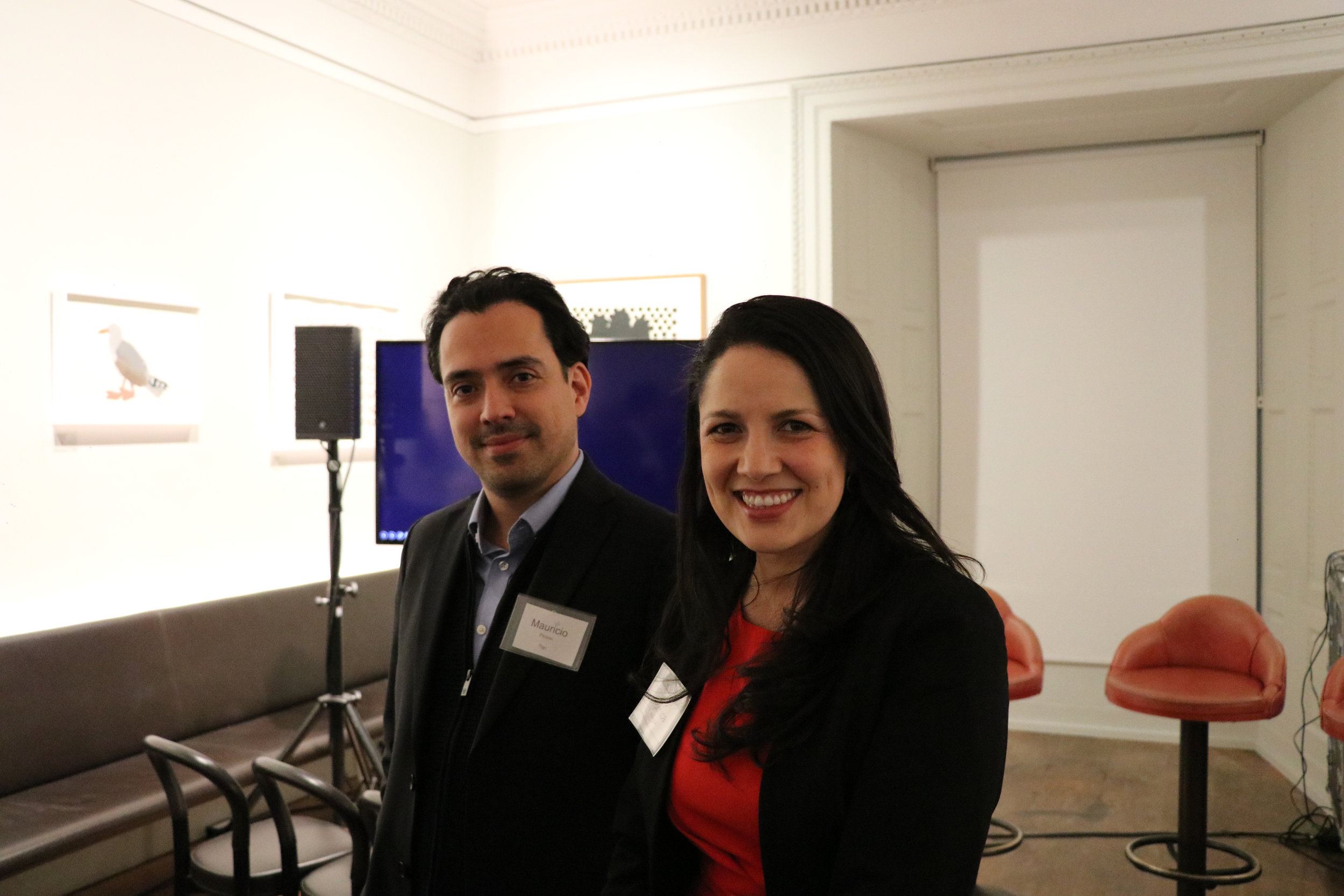

“NESsT exists to ensure that all people have access to a livelihood that allows them to live a life of dignity. By supporting resilient and inspiring entrepreneurs who share this vision, people are lifted out of poverty and we have the hard numbers to prove that this is possible.”
STAY IN TOUCH



